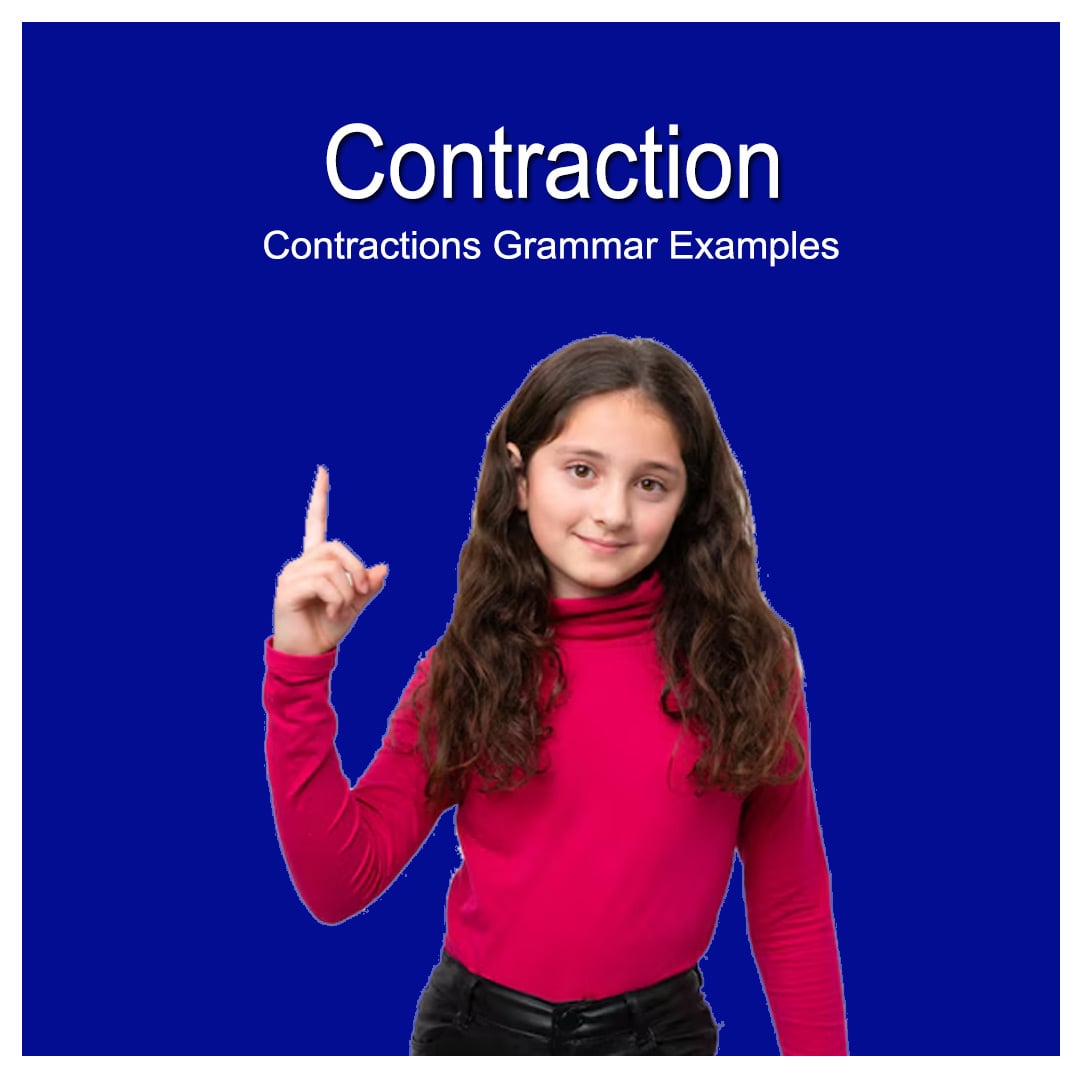
Contractions in Grammar
Have you ever wondered what the words “I’m,” “don’t,” or “we’re” mean? If yes, let us learn. These words are called contractions, and they are used everywhere in English! Contractions help us to understand conversations in English better and make us sound like native speakers.
Let us discuss contractions, their types, and their rules. We will also refer to some common examples, which will make our learning easier.
What Is a Contraction?
A shorter way of saying two words by combining them is called a contraction. It uses an apostrophe (’) to replace the missing letters. Contractions are common in informal English, especially in verbal language and informal writing.
Example:
I am, can also be called as I’m
You will change to You’ll
Sentences can be made shorter and quicker to say by using contractions. It keeps conversations simple and natural.
Kinds of Contractions
Contractions can be divided into different types:
1. Positive Contractions combine a subject or a word with a verb to make a positive statement.
I am → I’m
They are → They’re
We have → We’ve
2. Negative Contractions are used to make negative sentences by combining not with a verb.
Do not → Don’t
Is not → Isn’t
Cannot → Can’t
3. Modal Contractions combine modal verbs like will, would, or have with other words.
She will → She’ll
They would → They’d
You have → You’ve
Kinds of Contractions
Rules for Using Contractions
Use Apostrophes Correctly: Always put the apostrophe where a letter is missing. Thus, don’t→ do not.
Avoid in Formal Writing: Contractions are considered perfect for informal writing. In formal essays or business writing, we should stick to the full forms.
Learn to pronounce correctly: The contractions sound a little bit different when spoken. For example, can’t is pronounced “kant.” To master fluency, we should practice them.
Common mistakes with contractions
When using contractions in writing, watch out for these errors:
Missing apostrophes
Sound-alike errors with contractions and possessive adjectives (e.g., “your” and “you’re)
List of Contractions
|
Word |
Contraction Word |
|---|---|
|
are not |
aren't |
|
she had |
she'd |
|
cannot |
can't |
|
should not |
shouldn't |
|
could not |
couldn't |
|
that is |
that's |
|
did not |
didn't |
|
there is |
there's |
|
do not |
don't |
|
they are |
they're |
|
does not |
doesn't |
|
they have |
they've |
|
had not |
hadn't |
|
they will |
they'll |
|
have not |
haven't |
|
they would |
they'd |
|
he is |
he's |
|
they had |
they'd |
|
he has |
he's |
|
was not |
wasn't |
|
he will |
he'll |
|
we are |
we're |
|
he would |
he'd |
|
we have |
we've |
|
here is |
here's |
|
we will |
we'll |
|
I am |
I'm |
|
we would |
we'd |
|
I have |
I've |
|
we had |
we'd |
|
I will |
I'll |
|
were not |
weren't |
|
I would |
I'd |
|
what is |
what's |
|
I had |
I'd |
|
where is |
where's |
|
is not |
isn't |
|
who is |
who's |
|
it is |
it's |
|
who will |
who'll |
|
it has |
it's |
|
will not |
won't |
|
it has |
it's |
|
would not |
wouldn't |
|
it will |
it'll |
|
you are |
you're |
|
must not |
mustn't |
|
you have |
you've |
|
she is |
she's |
|
you will |
you'll |
|
she has |
she's |
|
you would |
you'd |
|
she will |
she'll |
|
you had |
you'd |
Shape Your Kid's Future with Bambinos Classes | Bambinos.live India's No. 1 English Communication Platform For Kids | Click here to Book a Free Class Limited time offer.
Article Author

Swati Prasad is a seasoned educator and Communication Trainer with 13 years of teaching experience. She holds a Bachelor of Hotel Management and has completed coursework for a Master's in Tourism. Specializing in remote training, Swati has developed strong skills in independent and efficient work, with a focus on communication and organization. Swati's journey in education includes eight years as a Pre-primary teacher, where she honed her ability to connect with young learners. Her passion for teaching and communication extends beyond the classroom, as she is also the published author of two successful children's books: "You Can Be a Whizz Kid Too!" and "Choose Your Path to Happiness.
Latest Posts
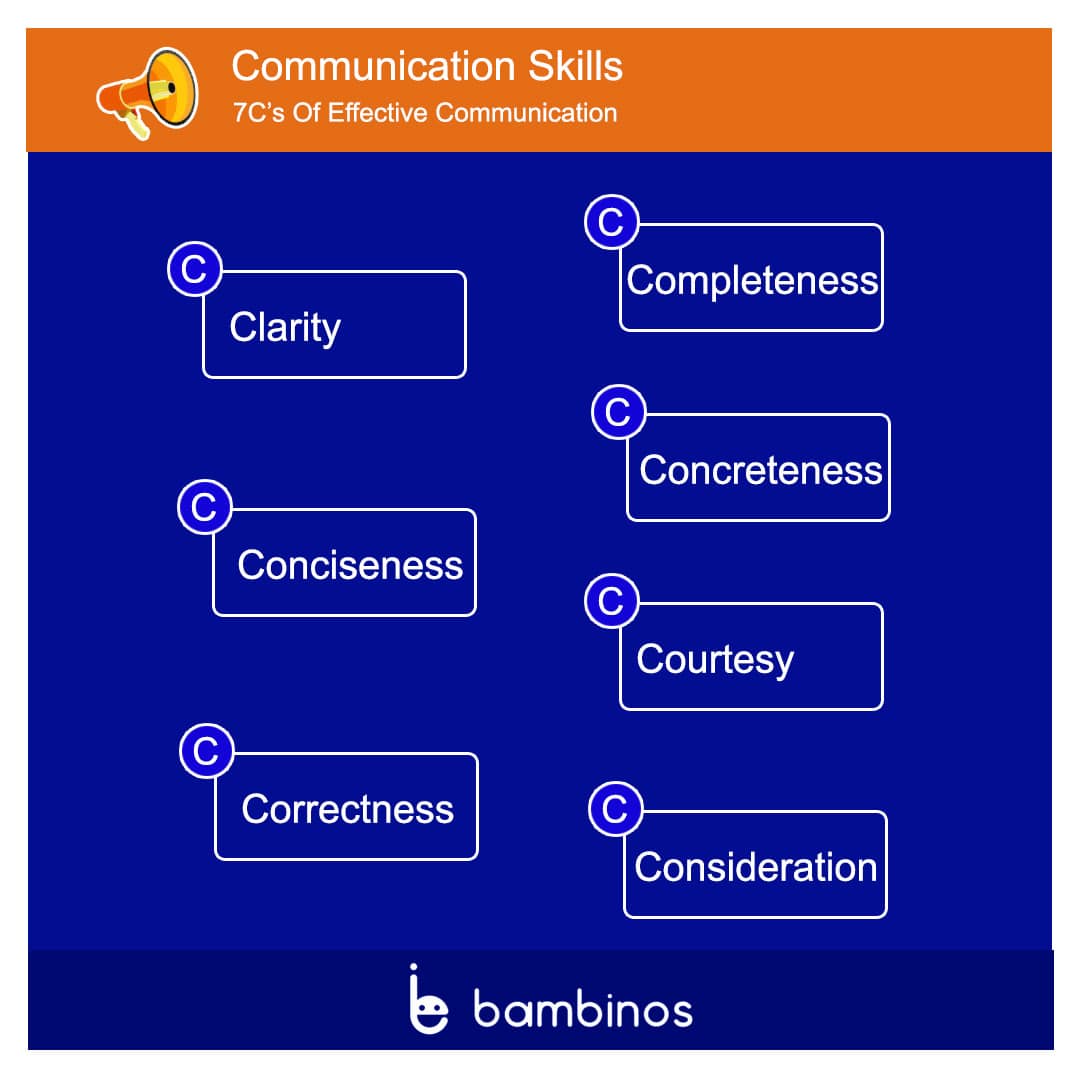
7C’s Of Communication
Nov 07, 2025 5 min read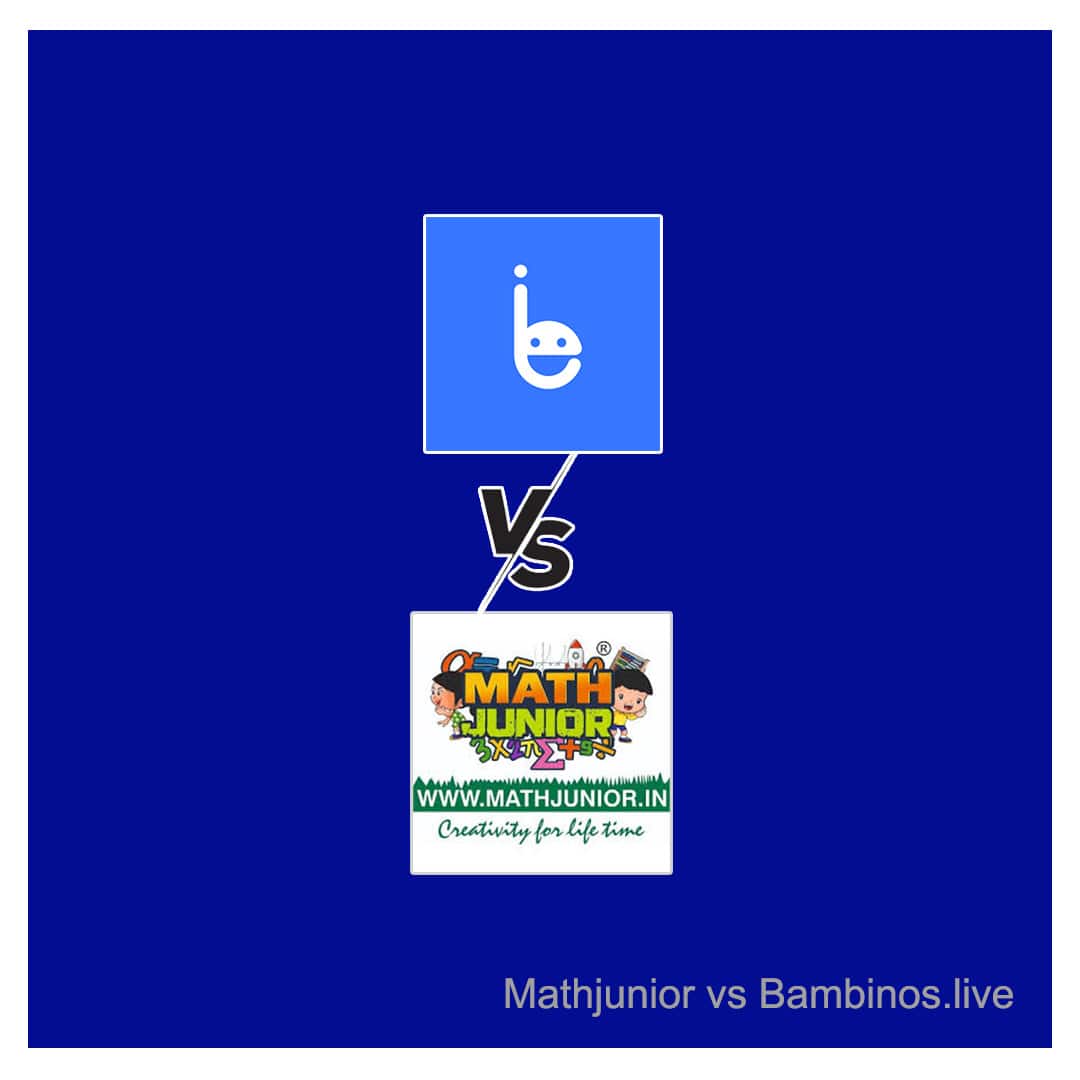
Mathjunior vs Bambinos.live: Online math Classes Kids
Nov 07, 2025 5 min read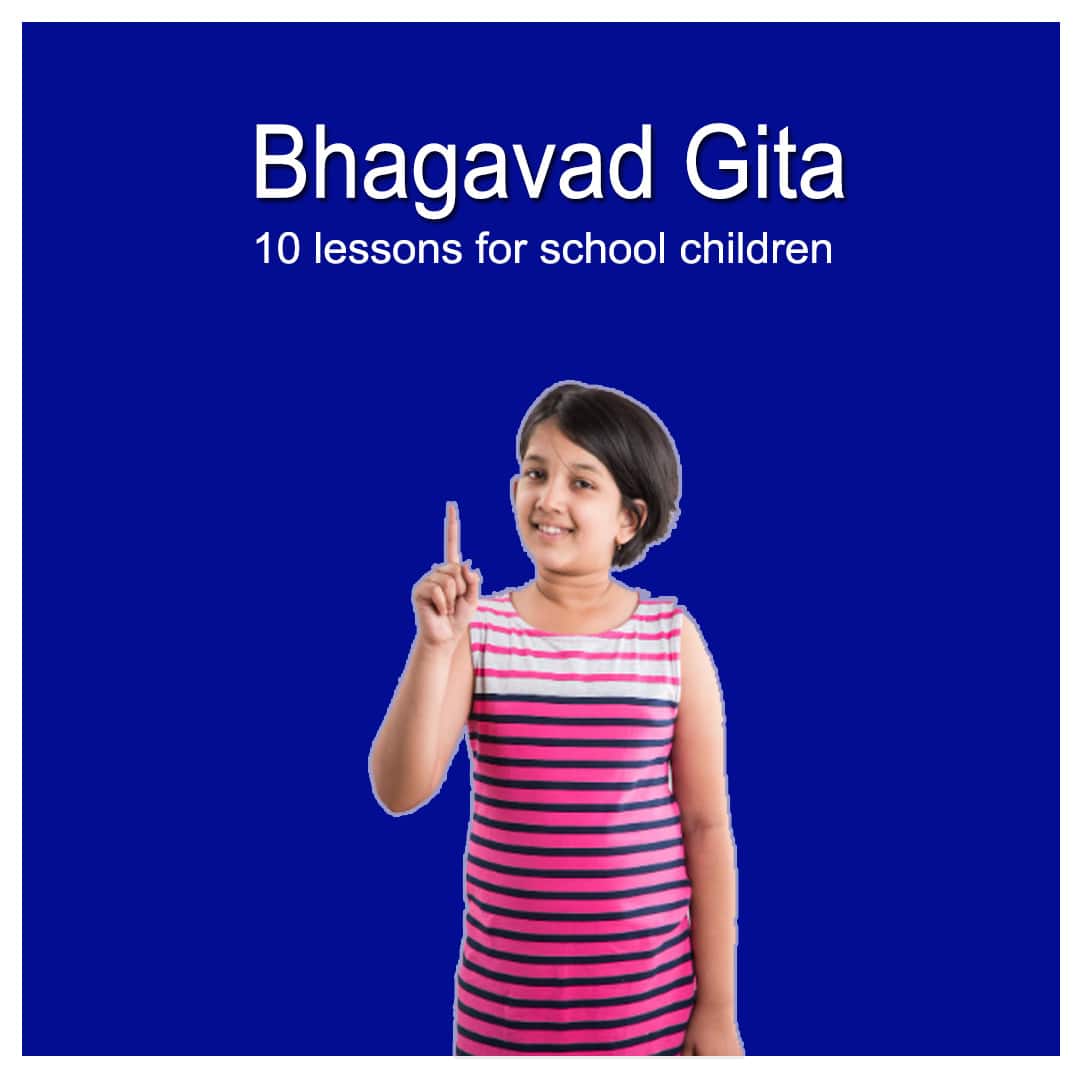
10 lessons for school children from the Bhagavad Gita
Oct 31, 2025 5 min read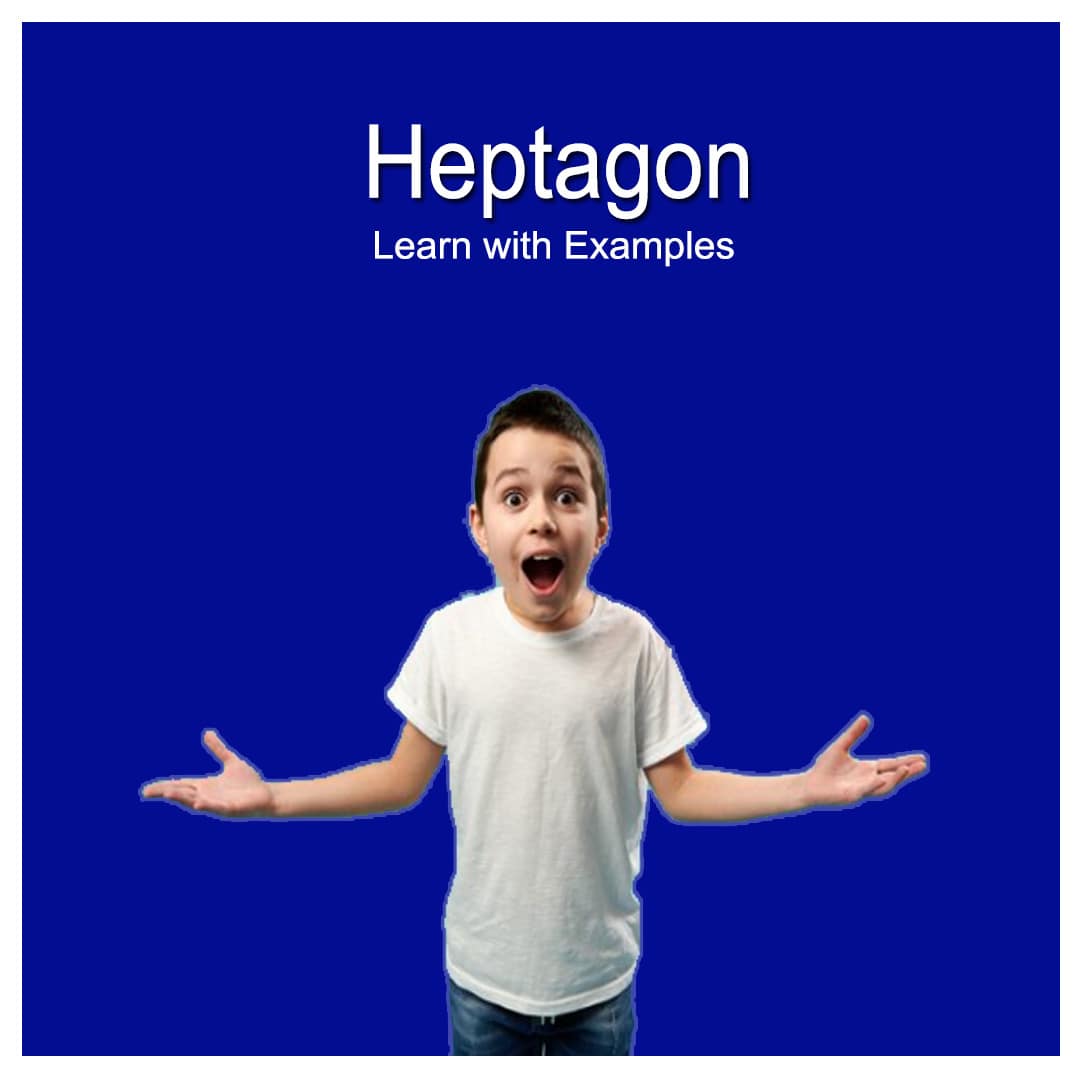
Heptagon - Definition, Types, Properties, Formula, Examples
Oct 31, 2025 5 min readSimilar Posts
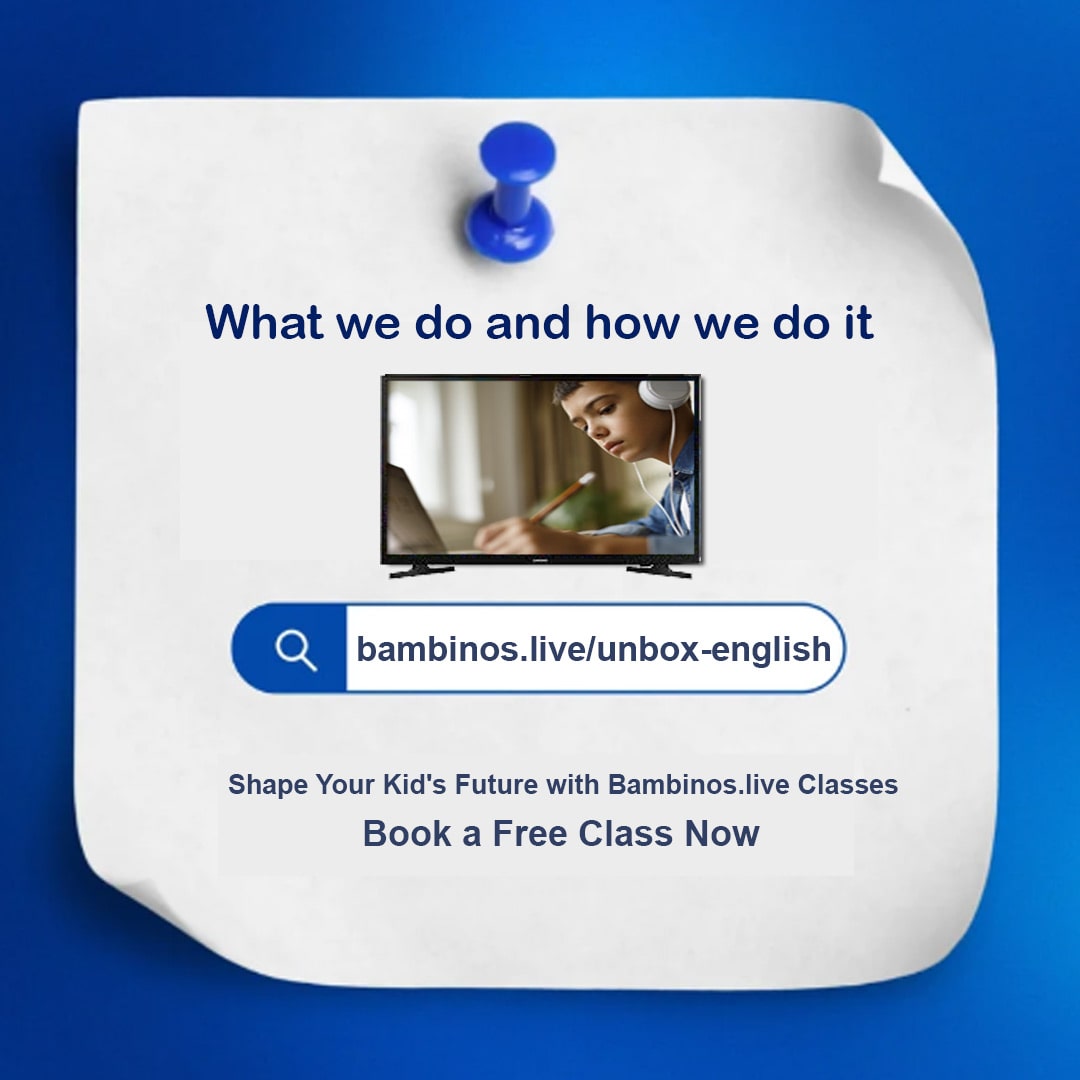
What we do and how we do it
May 14, 2020 5 min read
Bambinos launches its online classes to complement school learning
May 15, 2020 5 min read
Impact Of Covid-19 on children and their learning experience
May 18, 2020 5 min read
Why Online Tutoring Websites Are Considered The Best For Your Child?
Jul 02, 2020 5 min read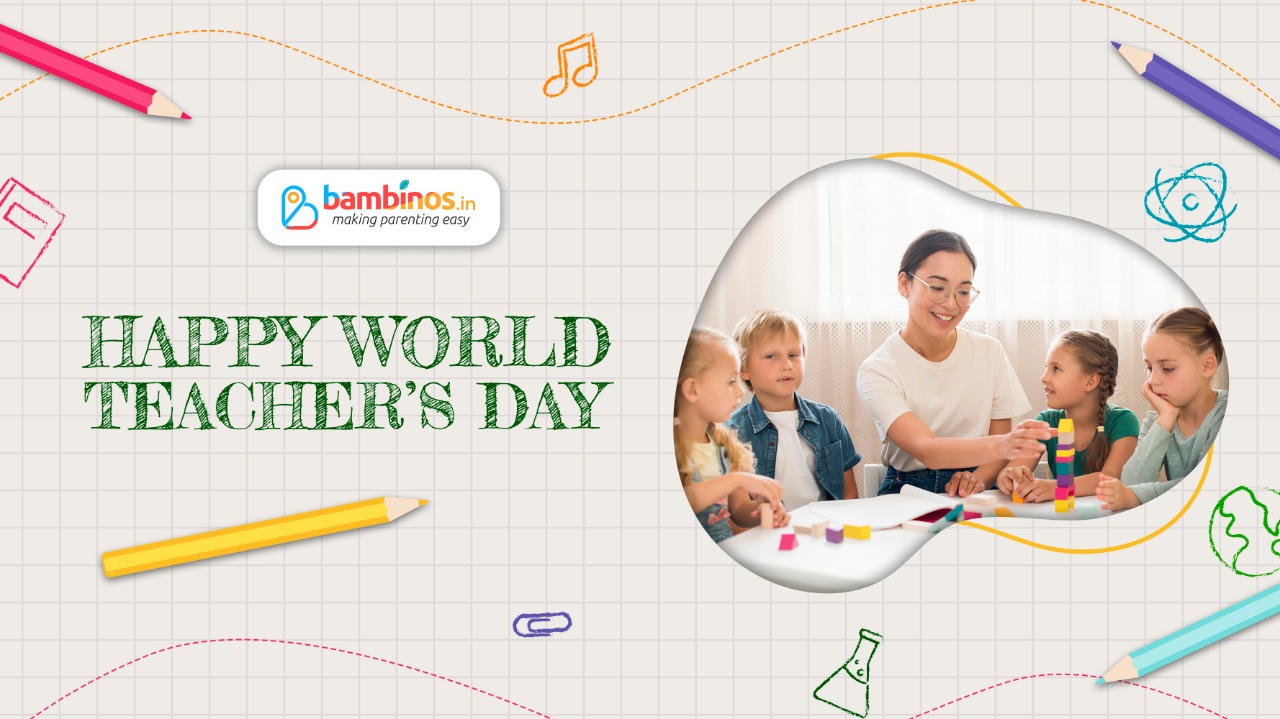
Teachers - The Backbone of Our Society
Sep 05, 2020 5 min read
Why should you invest in online courses for your child?
Mar 11, 2022 5 min read
5 Ways To Develop Your Leadership Skills
Mar 20, 2022 5 min read
FIVE MUST-READ BOOKS FOR EARLY READERS
Mar 26, 2022 5 min read
Five fun-reads for middle-schoolers
Apr 07, 2022 5 min read
Chandrayaan – A historic Journey to the moon
Aug 24, 2023 5 min read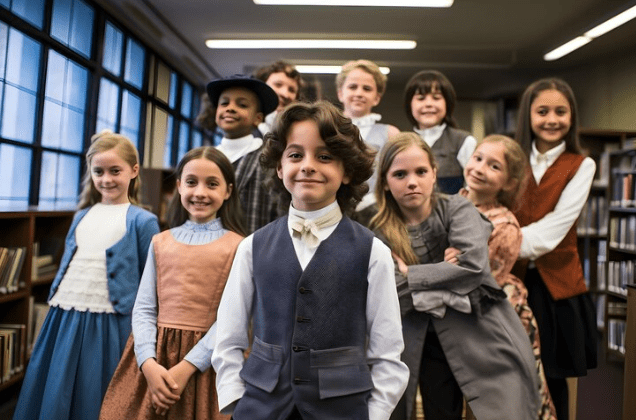
How to Develop Leadership Skills in Kids: 15 Effective Ways
Sep 11, 2023 5 min read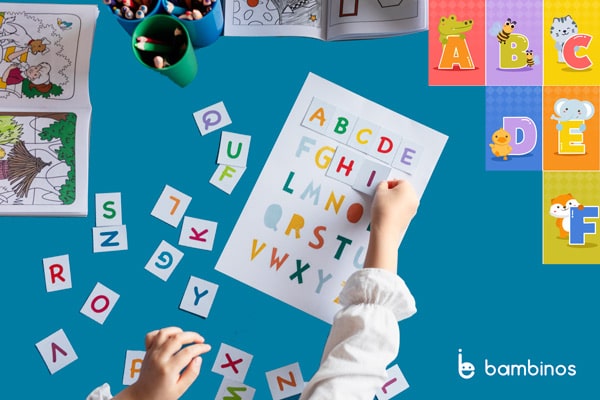
Phonics Classes For Kids | Learn to read | A Complete Guide
Sep 14, 2023 5 min read
The Best Books For Children By Age | Read To Succeed
Sep 14, 2023 5 min read
English speaking course for kids | Become a Super Speaker
Sep 14, 2023 5 min read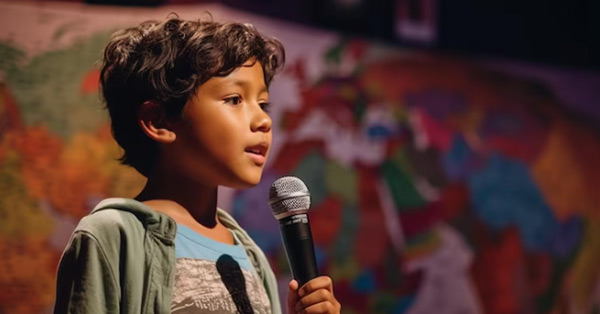
The Impact of Public Speaking on Children's Self-Expression : Encourage Young Voices
Sep 15, 2023 5 min read
A Helping Hand for a shy child to become confident in speaking English
Sep 15, 2023 5 min read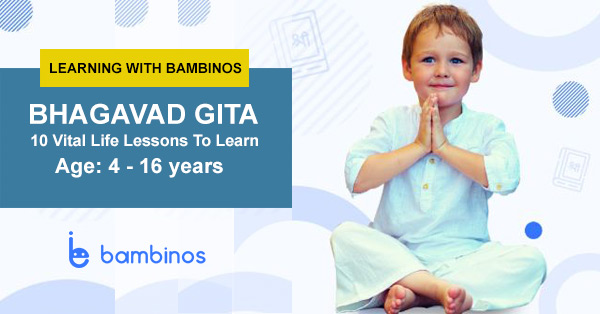
Bhagavad Gita For Kids – 10 Vital Life Lessons To Learn
Sep 16, 2023 5 min read![Personality Development Classes for Kids [2023 - 24]](https://faculty.bambinos.live/images/blog/personality-development-classes-for-kids.jpg)
Personality Development Classes for Kids [2023 - 24]
Sep 21, 2023 5 min read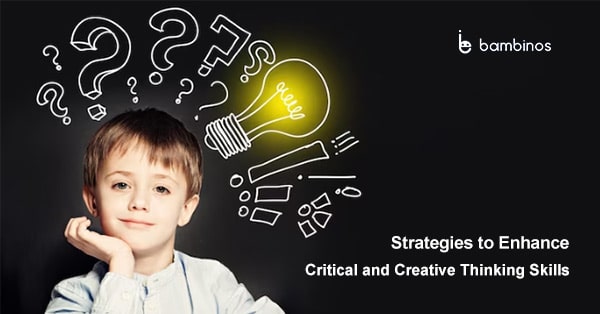
Strategies to Enhance Critical and Creative Thinking Skills in Kids
Sep 22, 2023 5 min read![Public Speaking For Kids | Online Classes for 6 -16 yrs [2024 -25]](https://faculty.bambinos.live/images/blog/public-speaking-for-kids.jpg)
Public Speaking For Kids | Online Classes for 6 -16 yrs [2024 -25]
Sep 22, 2023 5 min read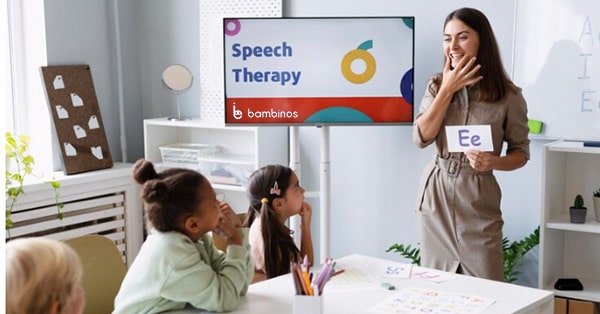
Simple ways to improve your communication skills in English
Sep 22, 2023 5 min read
From A to Z | Exploring the Best Online Phonics Classes
Oct 05, 2023 5 min read
From Vocabulary to Fluency | Expert Advice on Nurturing English Speaking Skills in Kids at Home
Oct 06, 2023 5 min read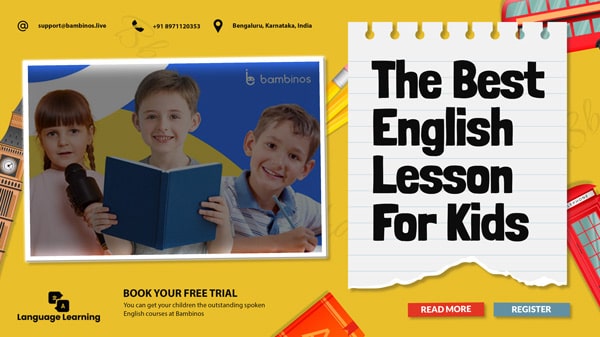
Learn English online | Best Spoken English Classes for Kids
Oct 07, 2023 5 min read
Creative Writing Courses for Kids - Learning with bambinos
Oct 12, 2023 5 min read
5 Easy and Effective Ways To Improve Public Speaking For Kids
Oct 13, 2023 5 min read
Why should parents consider online phonics classes for kids?
Oct 17, 2023 5 min read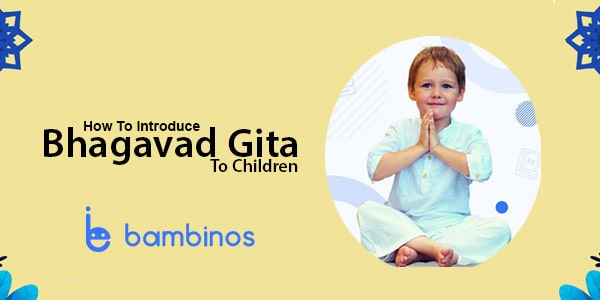
How To Introduce Bhagavad Gita to Children
Oct 21, 2023 5 min read
Think Outside the Box: Level up Your Creativity with Online Courses in Creative Thinking
Oct 21, 2023 5 min read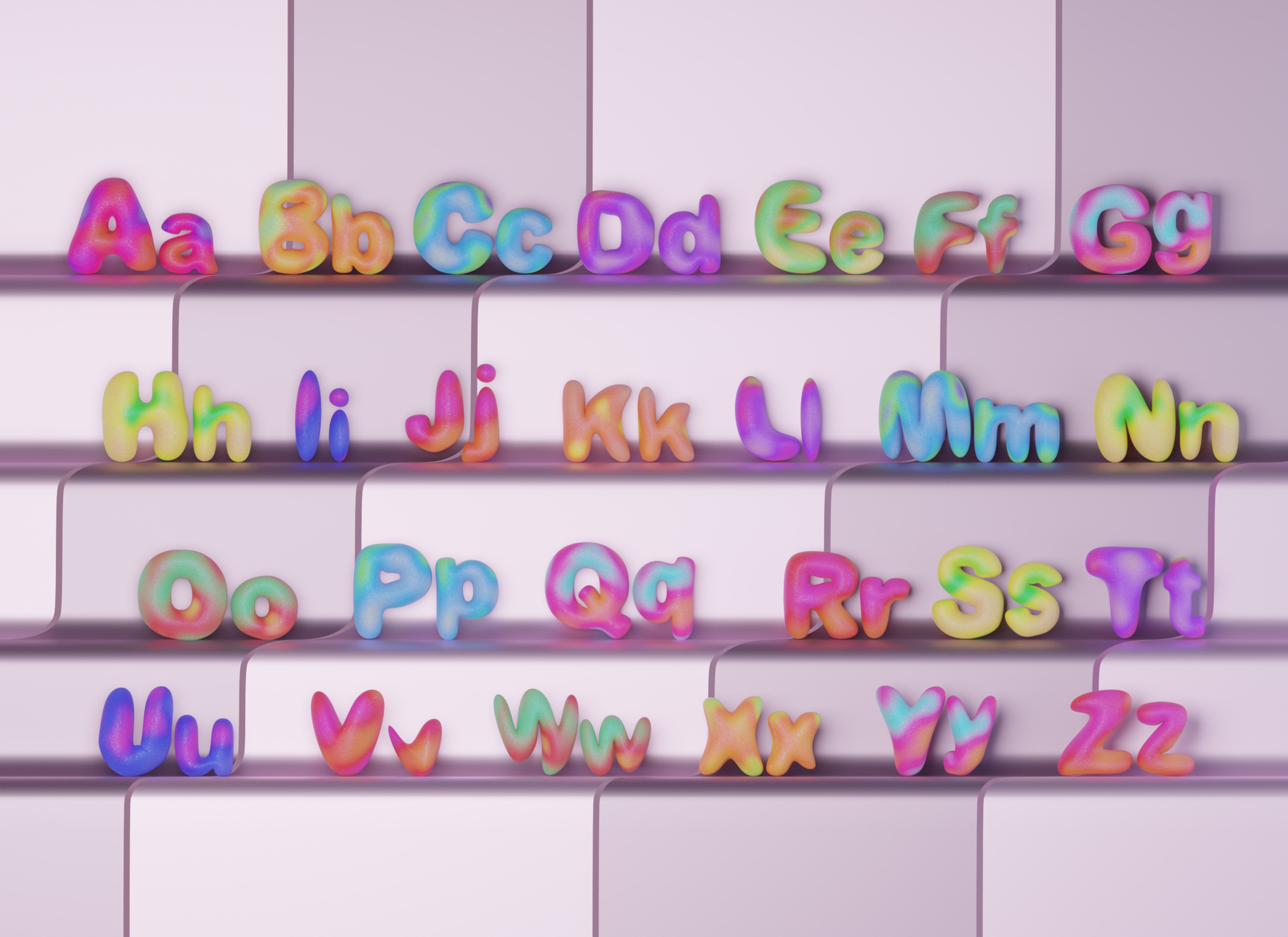
Phonics sound chart for kids: pronunciation for beginners
Oct 21, 2023 5 min read
Public Speaking Classes For Kids: A Complete Guide
Nov 01, 2023 5 min read
42 Sounds Of Jolly Phonics
Nov 15, 2023 5 min read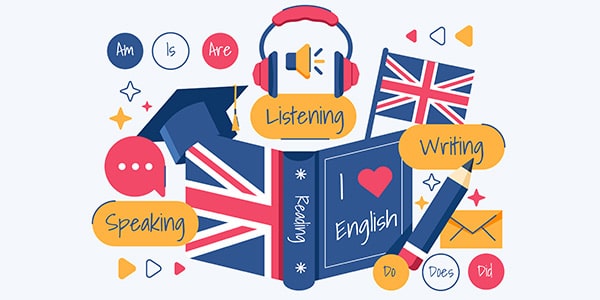
Mastering English: Find the Best English Speaking Course
Dec 01, 2023 5 min read![How to Teach a Kid to Speak English at Home [10 tips from experts]](https://faculty.bambinos.live/images/blog/teach-a-kid-to-speak-english.jpg)
How to Teach a Kid to Speak English at Home [10 tips from experts]
Dec 01, 2023 5 min read
Innovative Ways to Teach Creative Writing to Kids
Dec 01, 2023 5 min read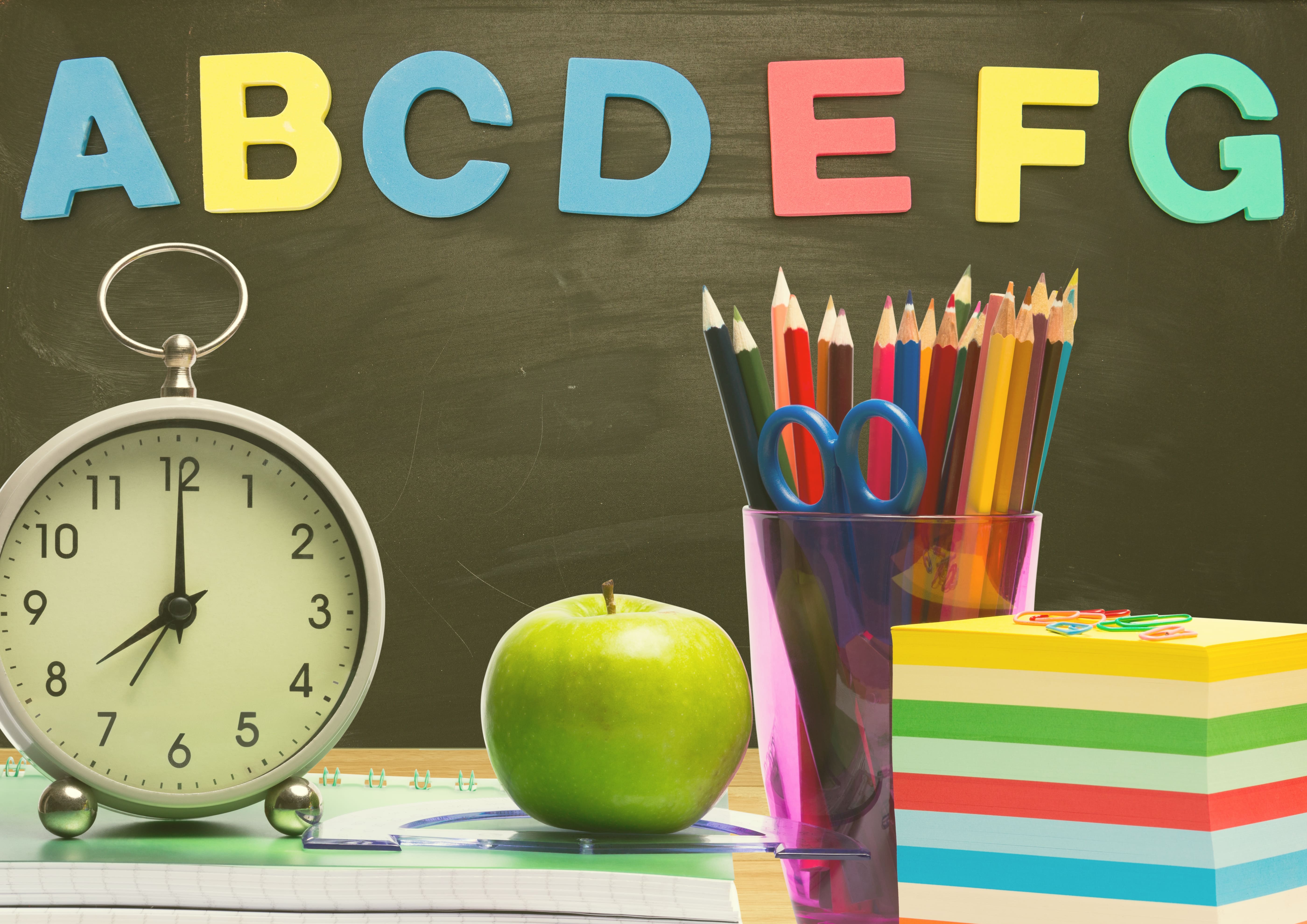
How Phonics help your child | Phonics for Kids
Dec 13, 2023 5 min read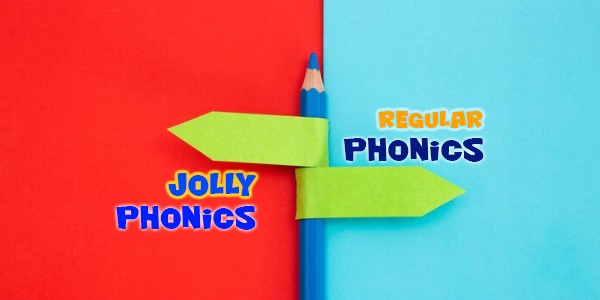
Difference between Jolly Phonics and Regular Phonics
Jan 11, 2024 5 min read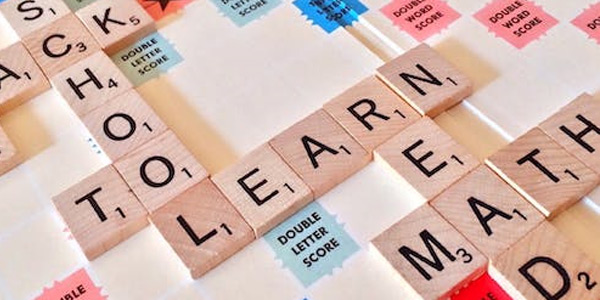
Speak English Confidently and Fluently: Why You Need an English Speaking Course
Jan 12, 2024 5 min read
6 kinds of adjectives that a Class 7 kid must know ! (with Examples)
Jan 12, 2024 5 min read
7 ways to inspire children to think creatively
Jan 18, 2024 5 min read
How phonics can give children a head start with reading English
Jan 18, 2024 5 min read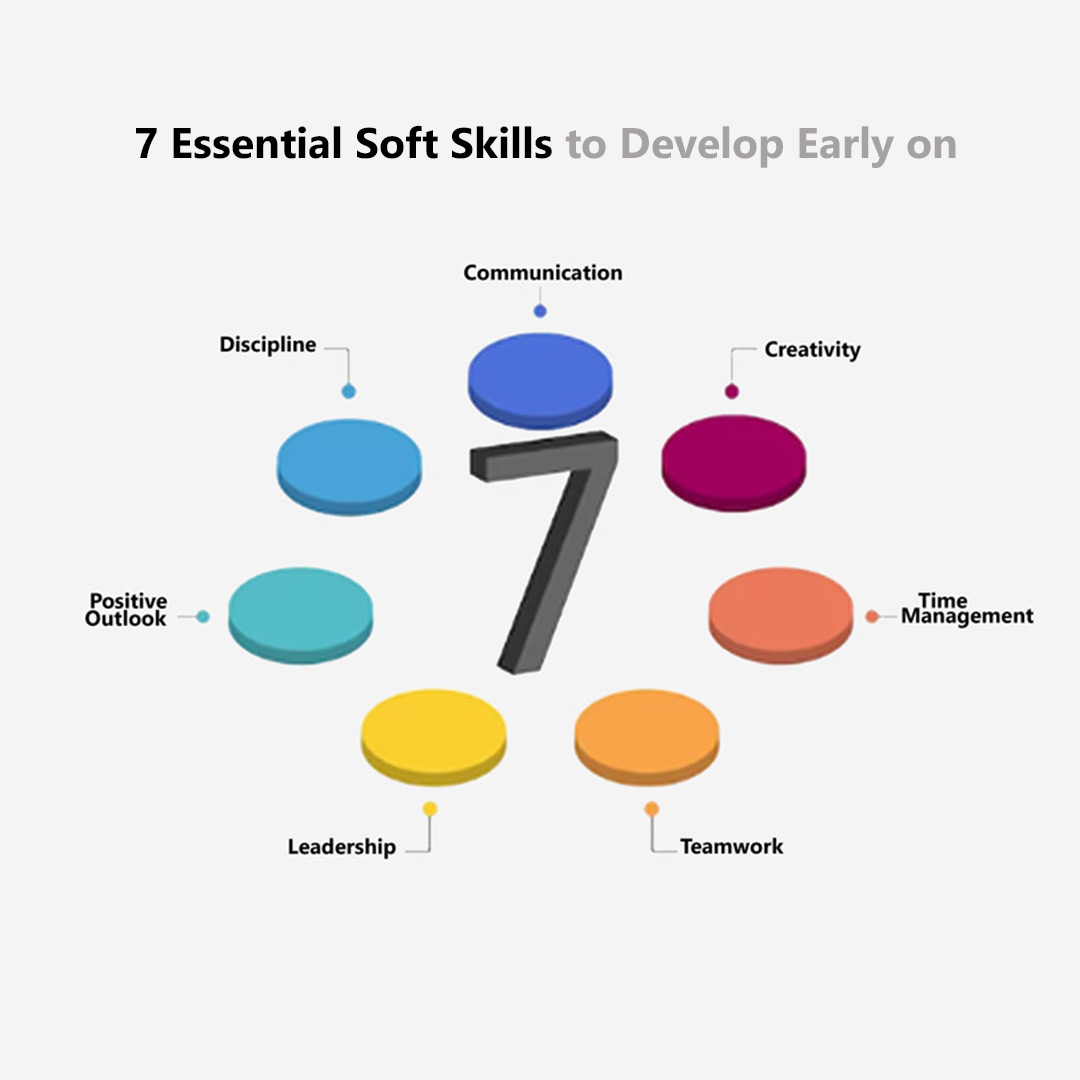
7 Essential Soft Skills to develop early on
Jan 23, 2024 5 min read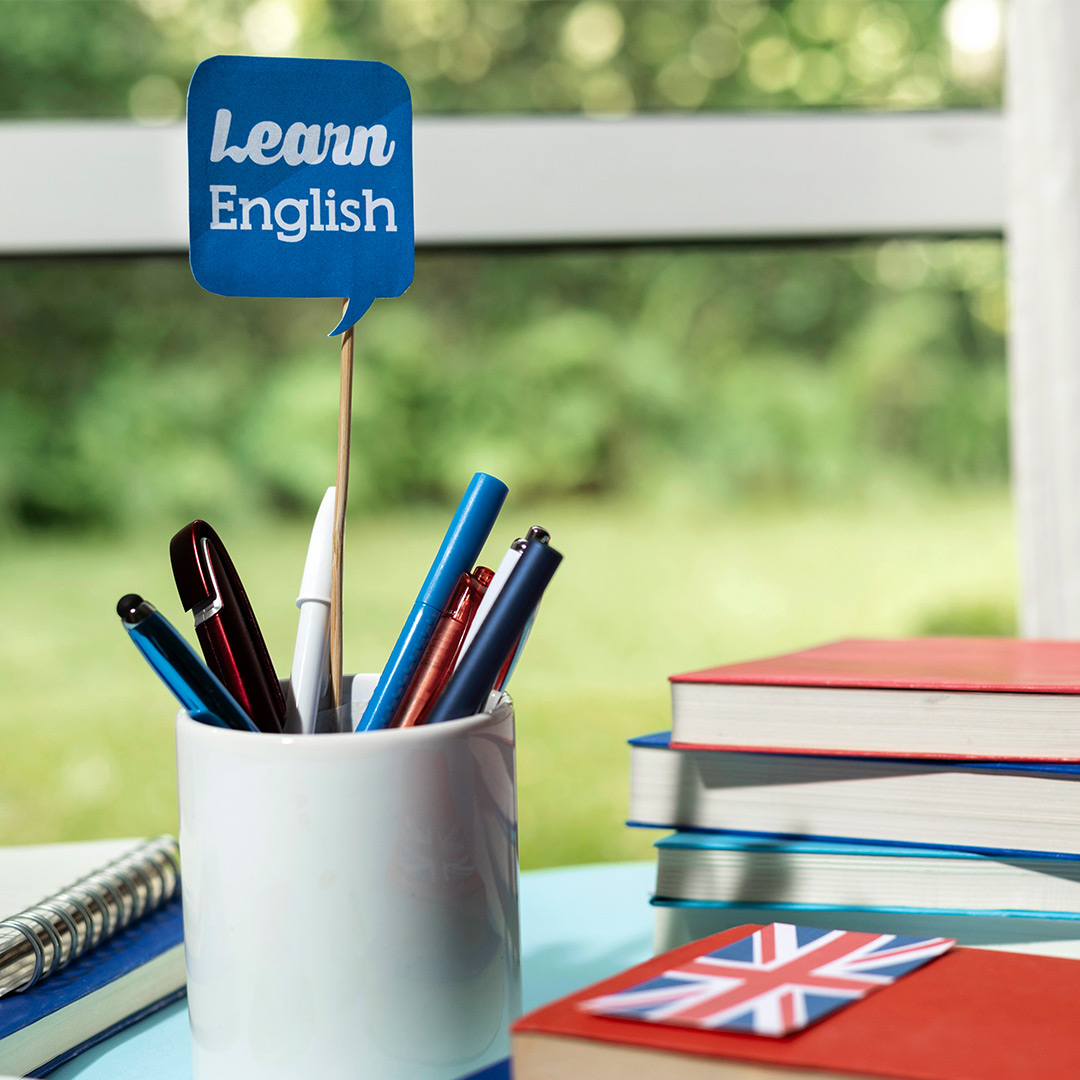
English Vocabulary Building Tips and Strategies for kids
Jan 23, 2024 5 min read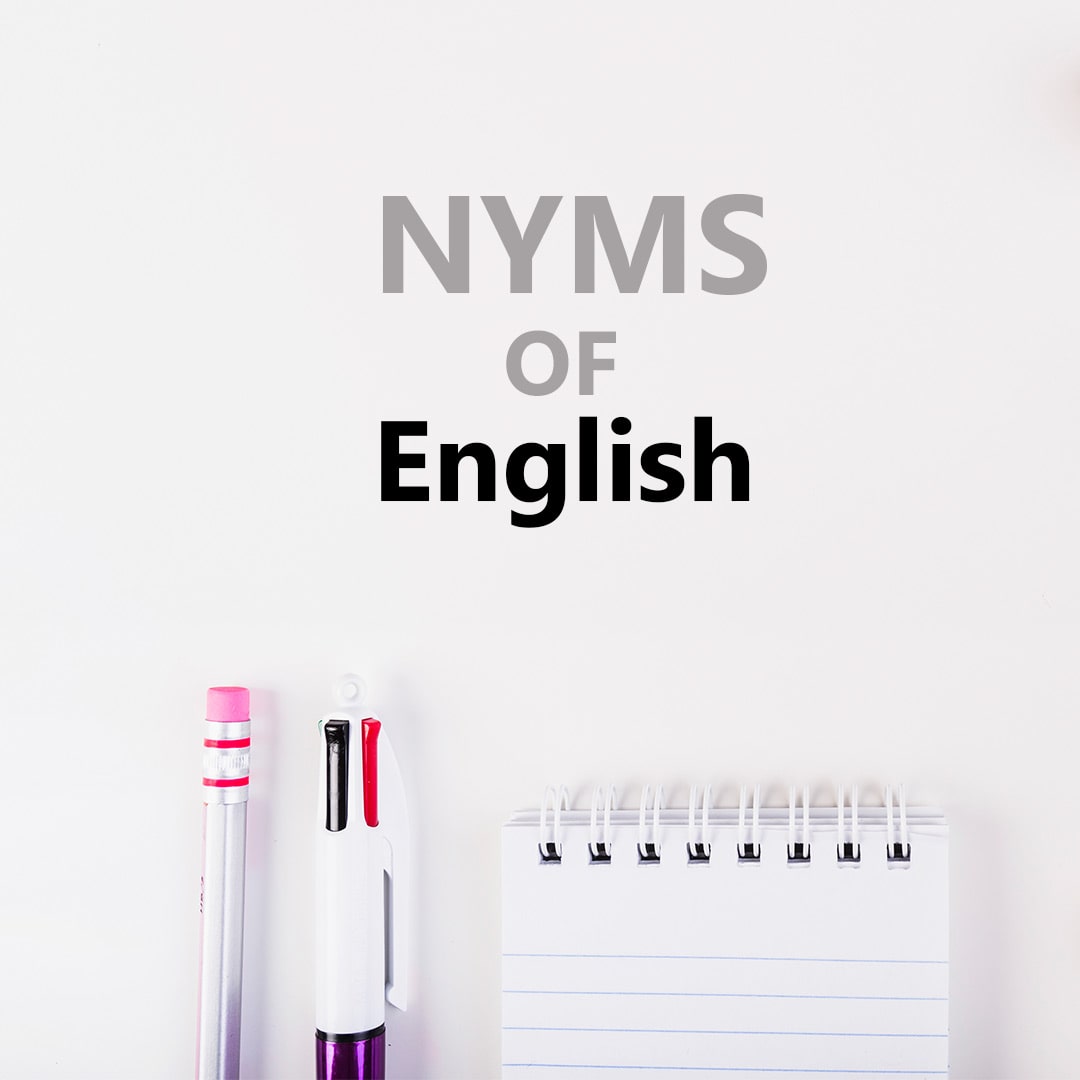
All about the NYMS of English | Learning English from A to Z
Jan 25, 2024 5 min read
How To Develop Your Child’s Critical Thinking Skills
Jan 25, 2024 5 min read
Benefits of Public Speaking for Kids | Why It's Important
Jan 25, 2024 5 min read
10 Ways Of Spending Quality Time With Your Child
Jan 31, 2024 5 min read
The Necessity of Idiomatic Expressions in English Language
Jan 31, 2024 5 min read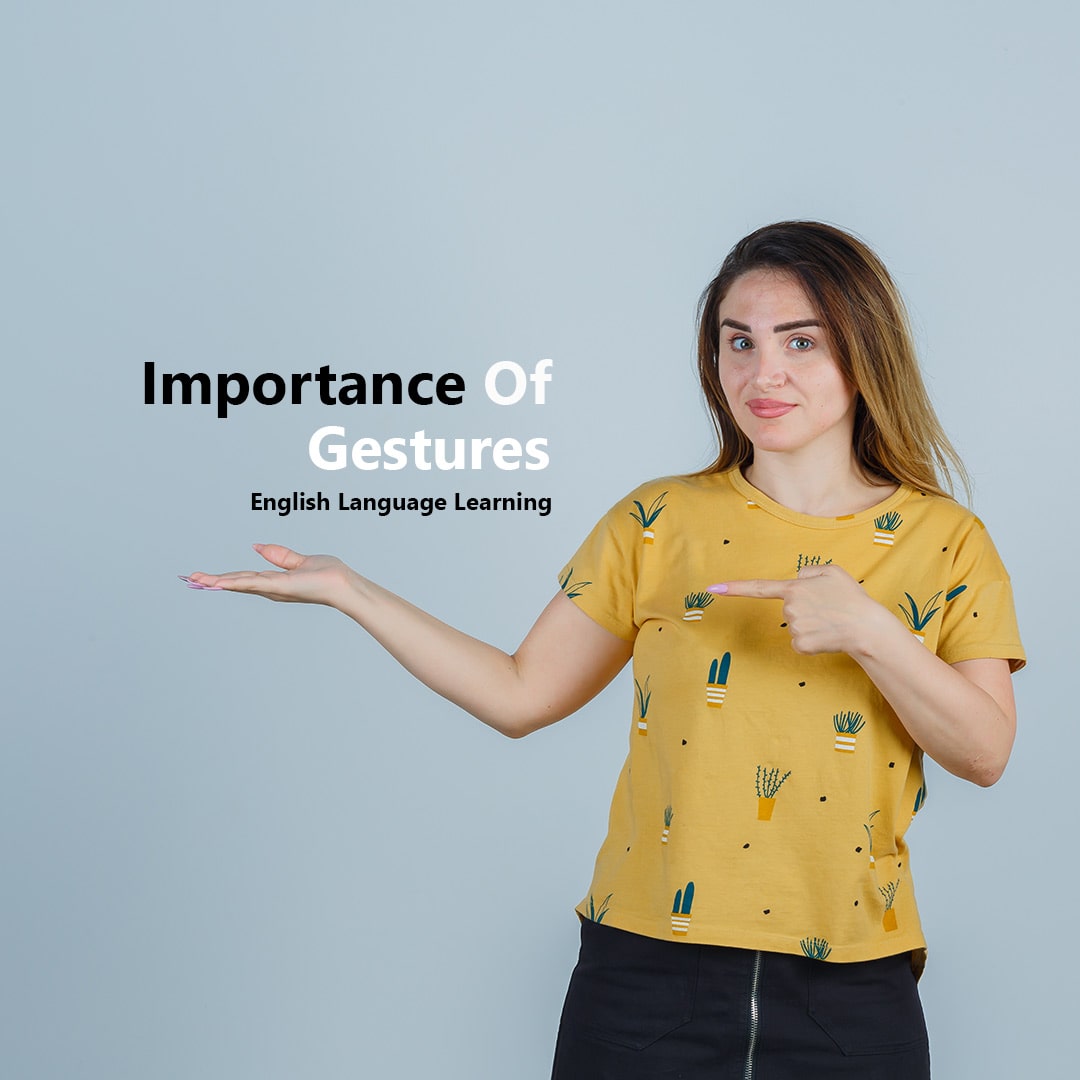
The Importance of Gestures in English Language Learning
Feb 01, 2024 5 min read
Why is it Necessary for Schools to Move Towards Formative Assessments
Feb 13, 2024 5 min read
How Formative assessments propel learning in Bambinos
Feb 17, 2024 5 min read
Why learning should not be limited to academics anymore
Feb 23, 2024 5 min read
How the NEP has Influenced our Education System
Feb 24, 2024 5 min read
Bhagavad Gita Classes for Kids: Ethical Values for Children
Feb 24, 2024 5 min read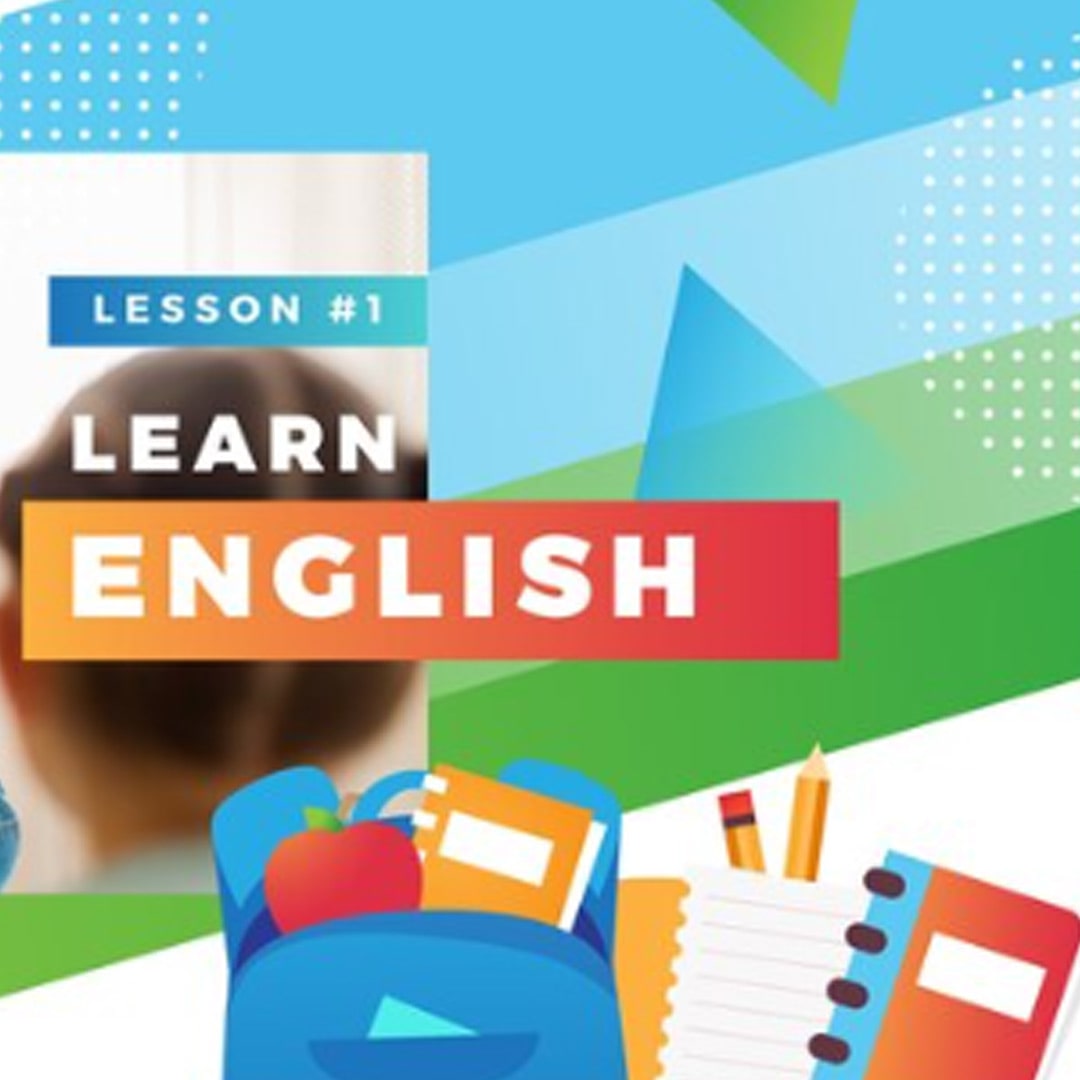
Everything You Need to Know About ESL Classes: A Guide
Feb 28, 2024 5 min read
Teaching your kids how to read with Digraphs and Diphthongs
Mar 13, 2024 5 min read
Top 10 Schools In Hyderabad
Mar 14, 2024 5 min read
Top 10 schools for children in Mumbai
Mar 15, 2024 5 min read
Why Forming Bonds with the Grandparents is Necessary
Mar 15, 2024 5 min read
Creative Writing Topics And Ideas For Grades- K12
Mar 16, 2024 5 min read
How to Overcome Reading Difficulties in Kids
Mar 16, 2024 5 min read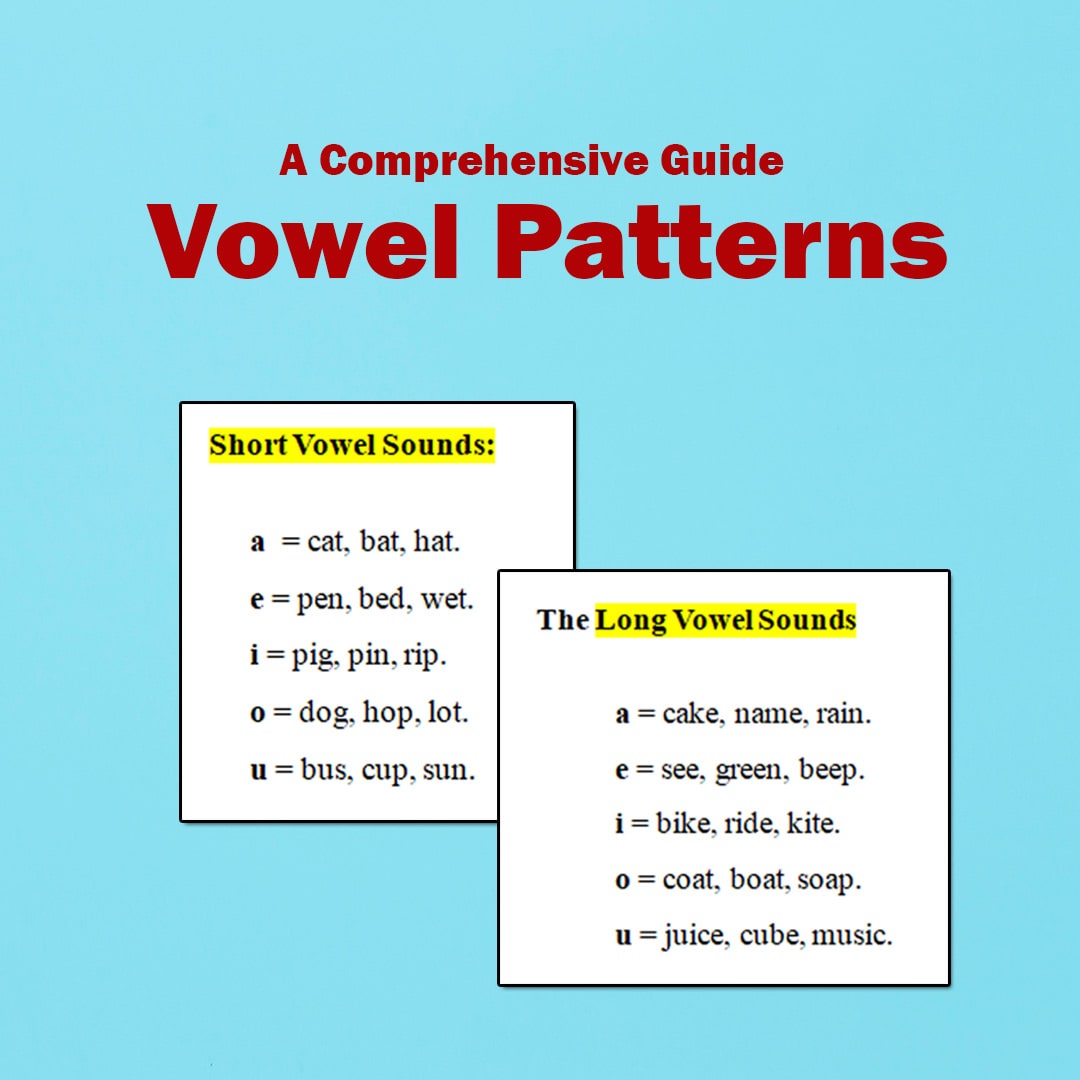
Vowel Patterns for Kids: A Comprehensive Guide
Mar 16, 2024 5 min read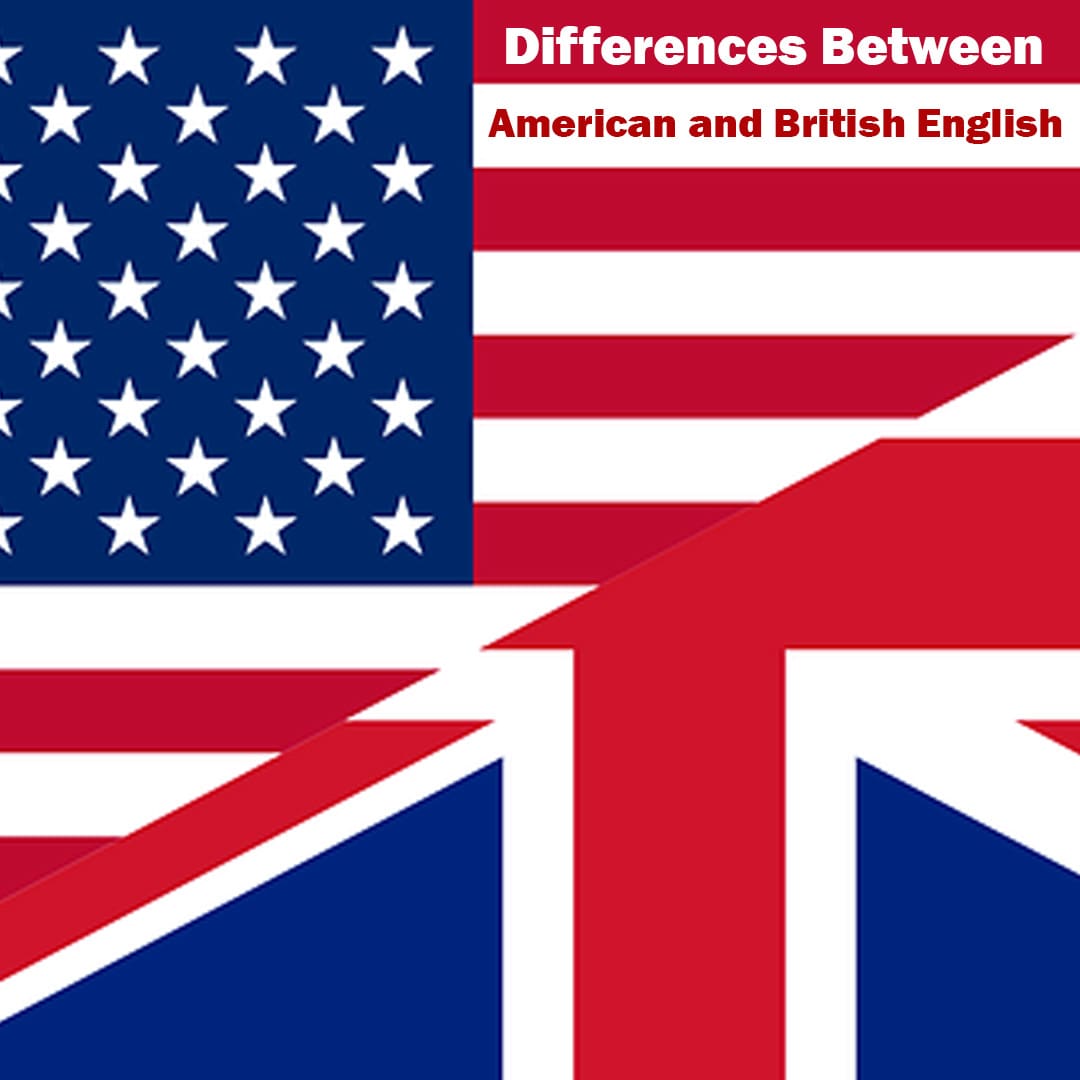
Differences Between American and British English
Mar 17, 2024 5 min read
Different effective Opinion Writing Prompts for 4th grade students to enhance writing skills
Mar 20, 2024 5 min read
Similarities between English and Indian languages
Mar 22, 2024 5 min read
12 Inspirational Animal Stories for Kids
Mar 27, 2024 5 min read
Essay on My School in English for Class 3 Kids
Mar 28, 2024 5 min read
Aryabhata and his role in Mathematics
Mar 28, 2024 5 min read
How to Write a Biography - Quick Tips and Bio Examples
Apr 05, 2024 5 min read
Vote Of Thanks Speech
Apr 06, 2024 5 min read
How to Raise Smart and Successful Kids
Apr 06, 2024 5 min read
Write about Dr. Sarvepalli Radhakrishnan (Why Teachers Day Celebrated On 5th September)
Apr 09, 2024 5 min read
Types of Reading Skills
Apr 17, 2024 5 min read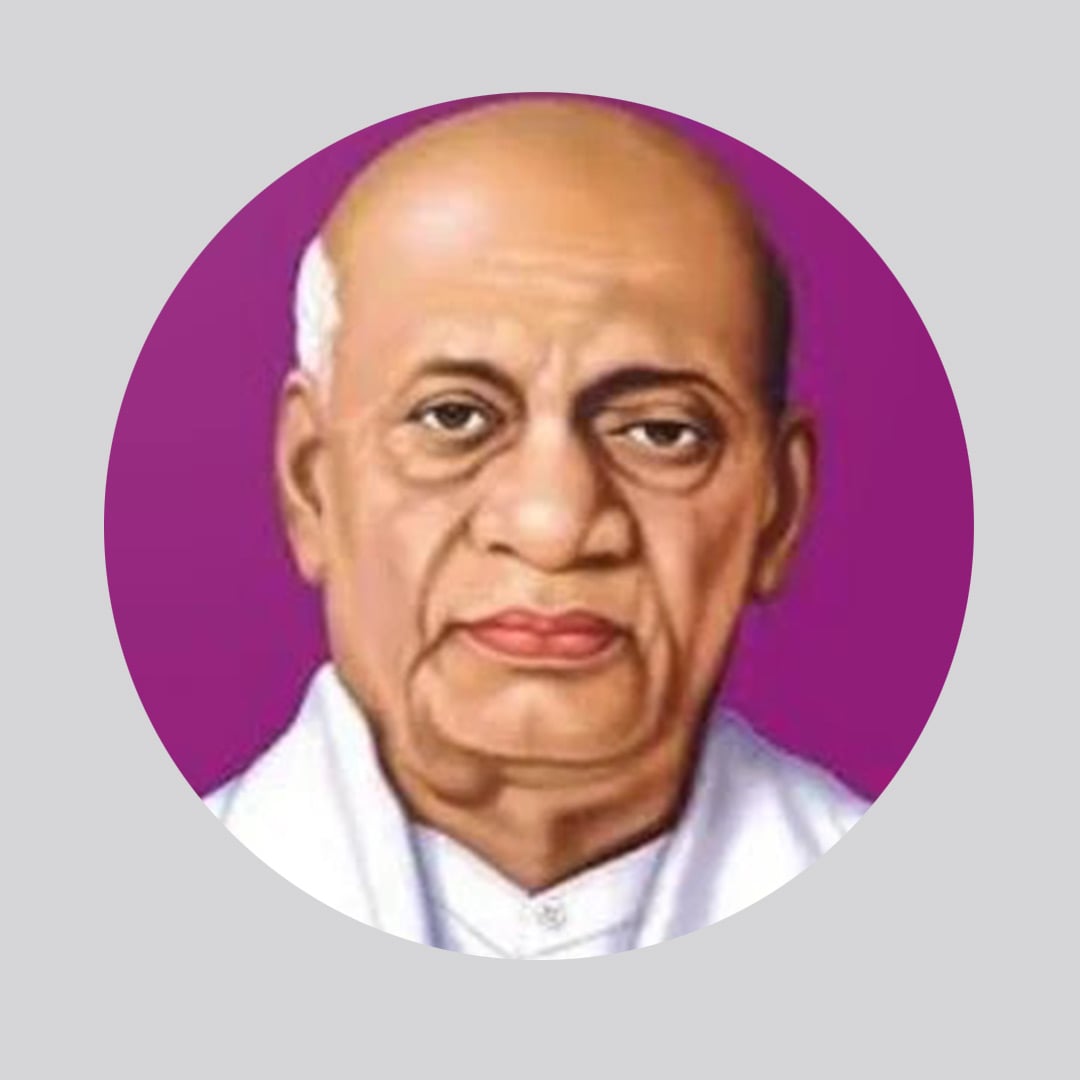
The Iron Man of India: Sardar Vallabhbhai Patel
Apr 17, 2024 5 min read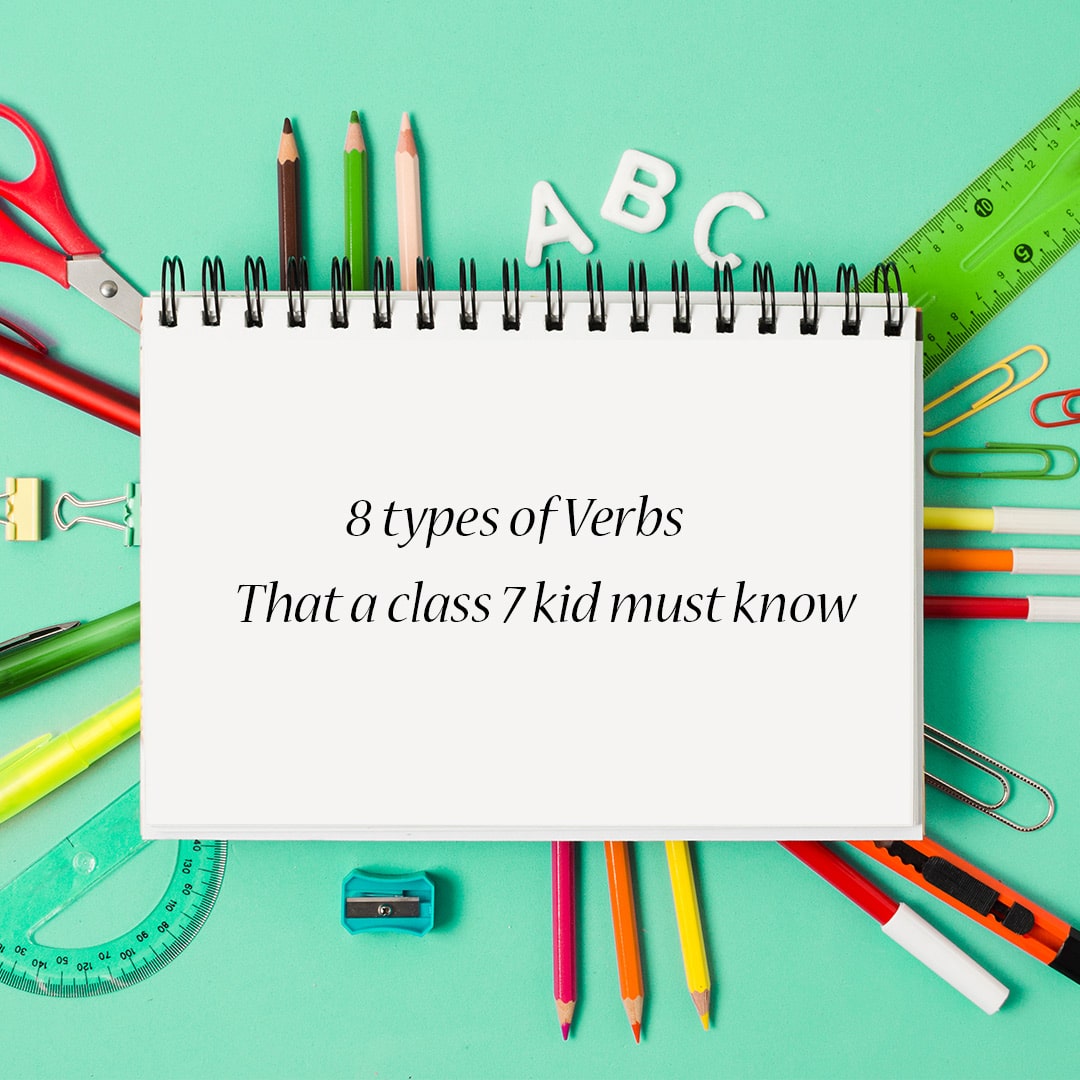
8 types of Verbs that a class 7 kid must know
Apr 20, 2024 5 min read
10 Important Voice Modulation Tips for Kids to Enhance Their Public Speaking Skills
Apr 24, 2024 5 min read
Teach Interjections to Class 1 kids in the easiest way
Apr 24, 2024 5 min read
15 Real Life Lessons in Bhagavad Gita – Things that can be Taught to Children
Apr 29, 2024 5 min read
10 Top Panchatantra Stories for Kids
May 09, 2024 5 min read
50 Best Inspirational Quotes for Teachers: Honoring Teachers
May 10, 2024 5 min read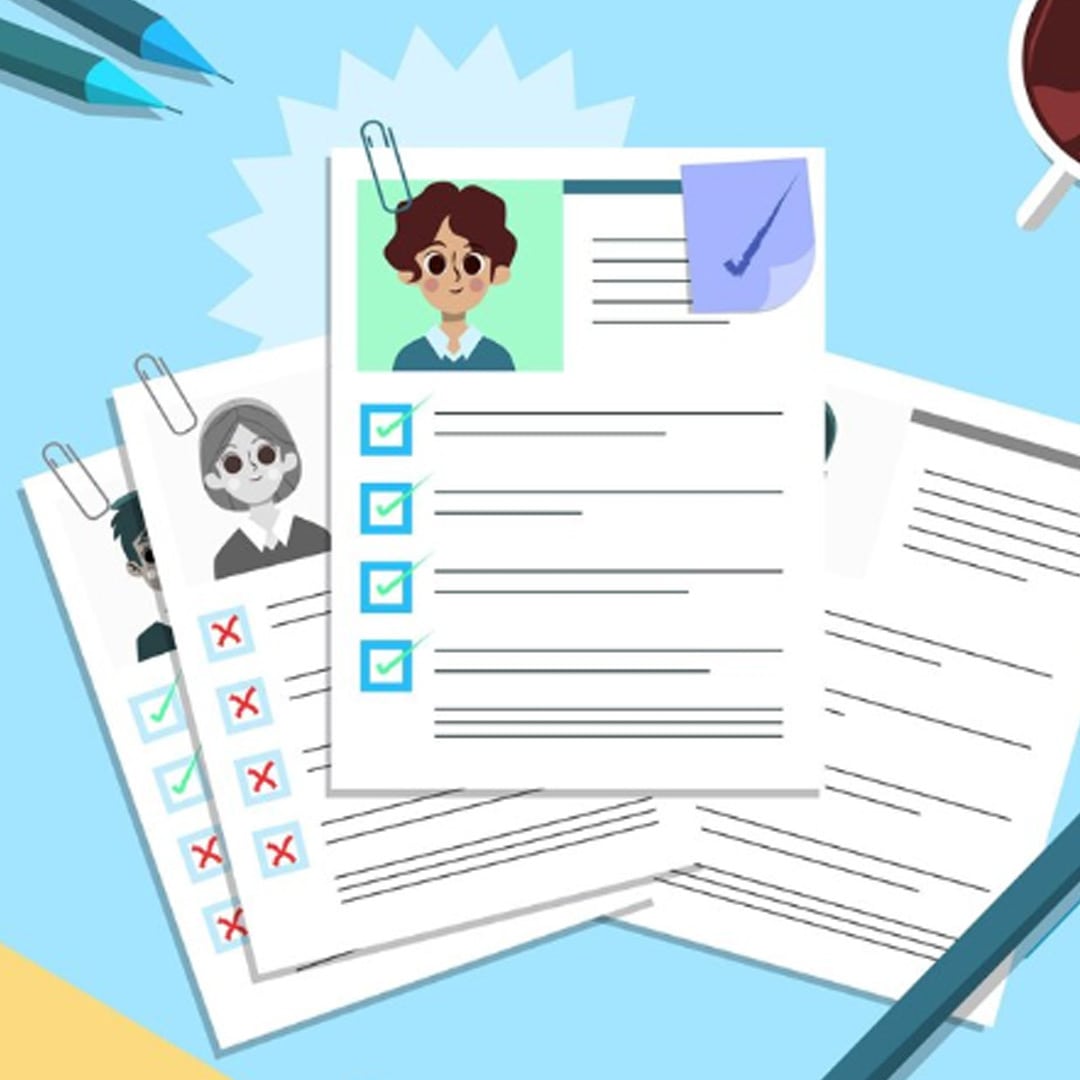
10 Best Report Card Comments Samples
May 11, 2024 5 min read
10 Best Drawing Ideas for Kids They Will Love
May 11, 2024 5 min read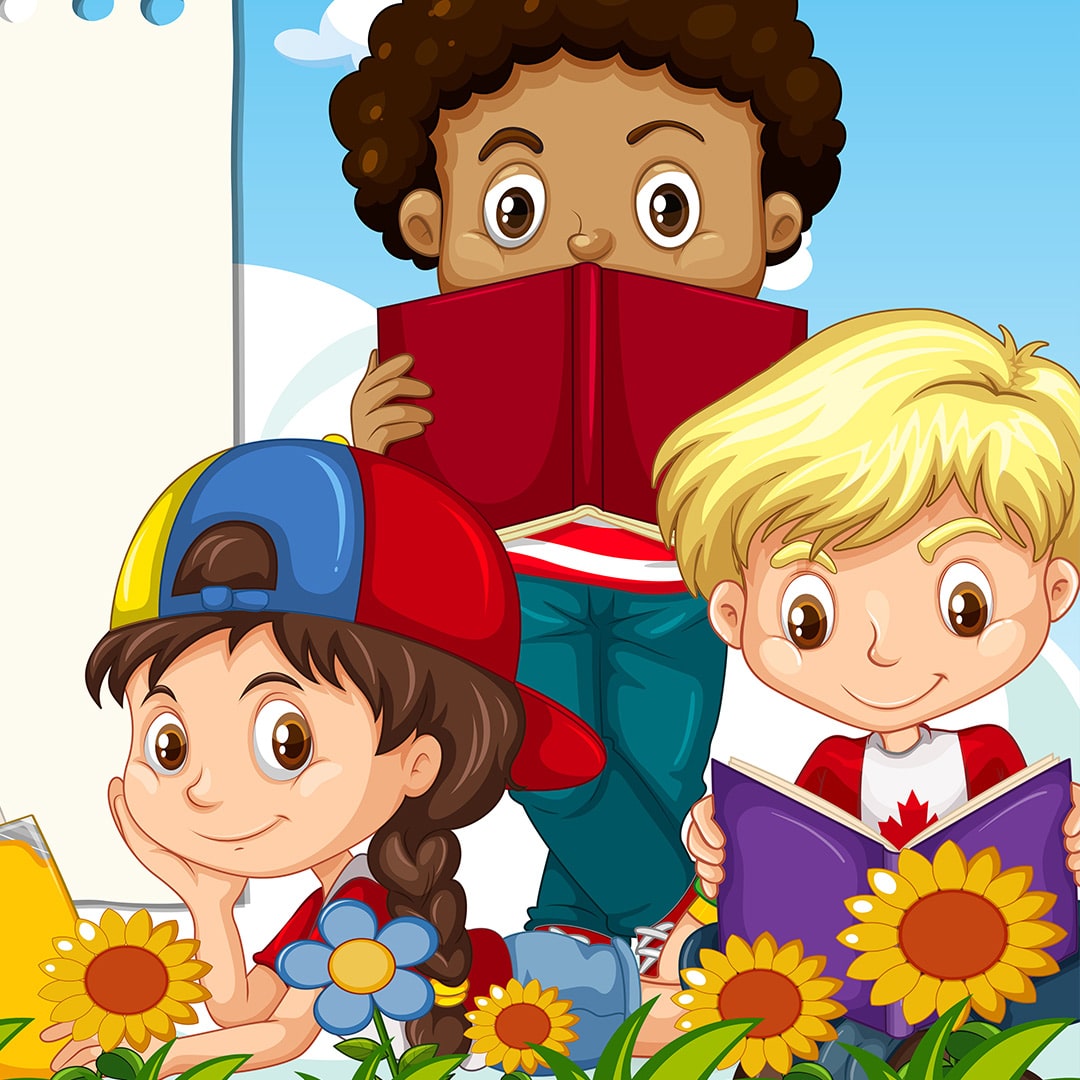
English poems for kids
May 14, 2024 5 min read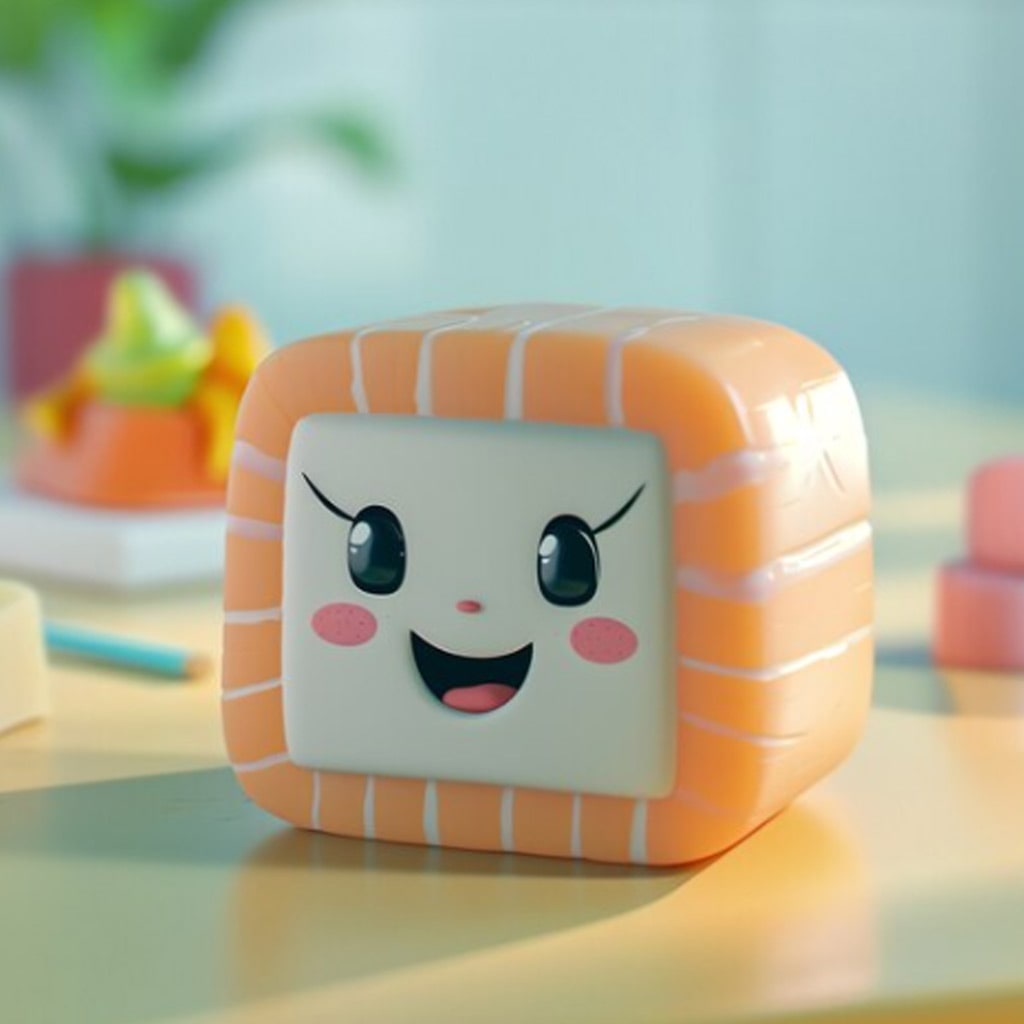
50 Best Idioms for Kids - With Examples & Easy Explanation
May 25, 2024 5 min read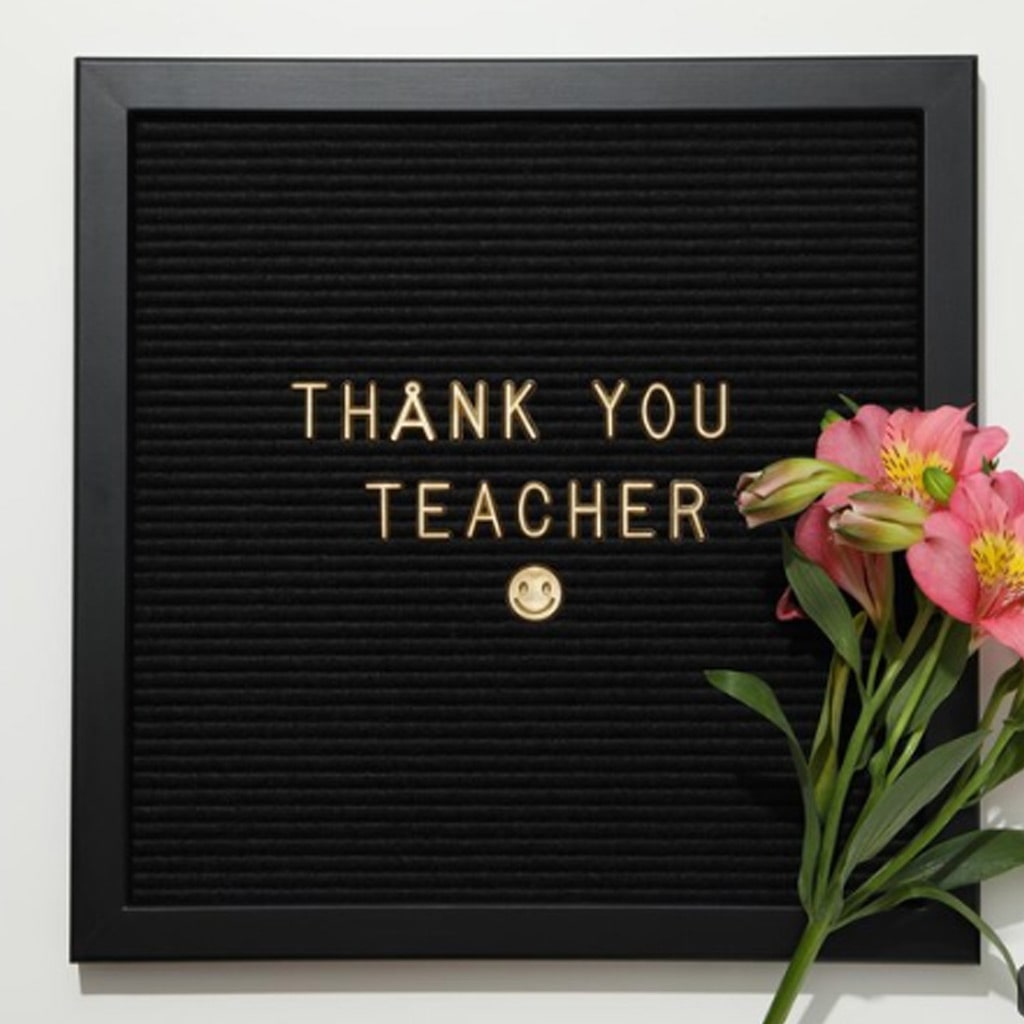
25 Best Teacher Appreciation Quotes to Thank Your Educators
May 29, 2024 5 min read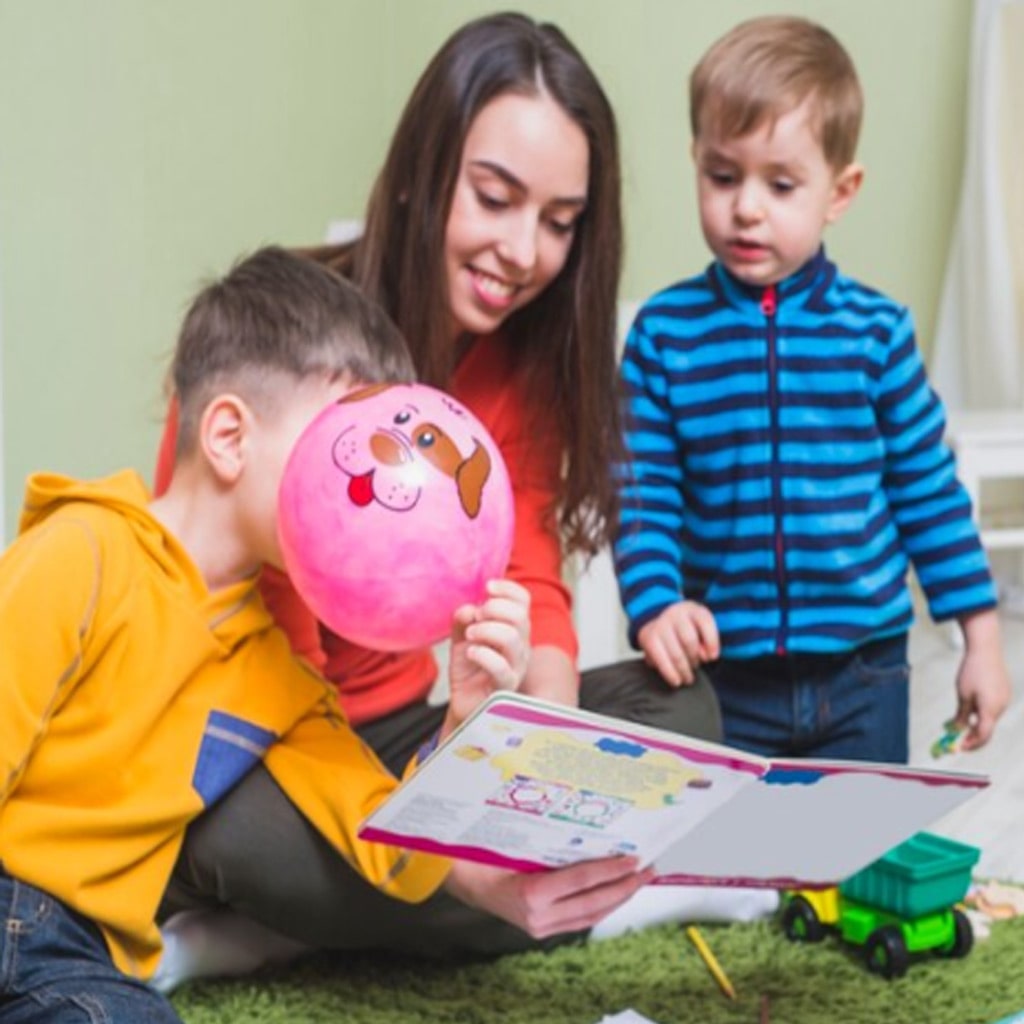
What Should We Teach Preschool-aged Children?
May 29, 2024 5 min read
30 Essential Good Manners for Kids
May 31, 2024 5 min read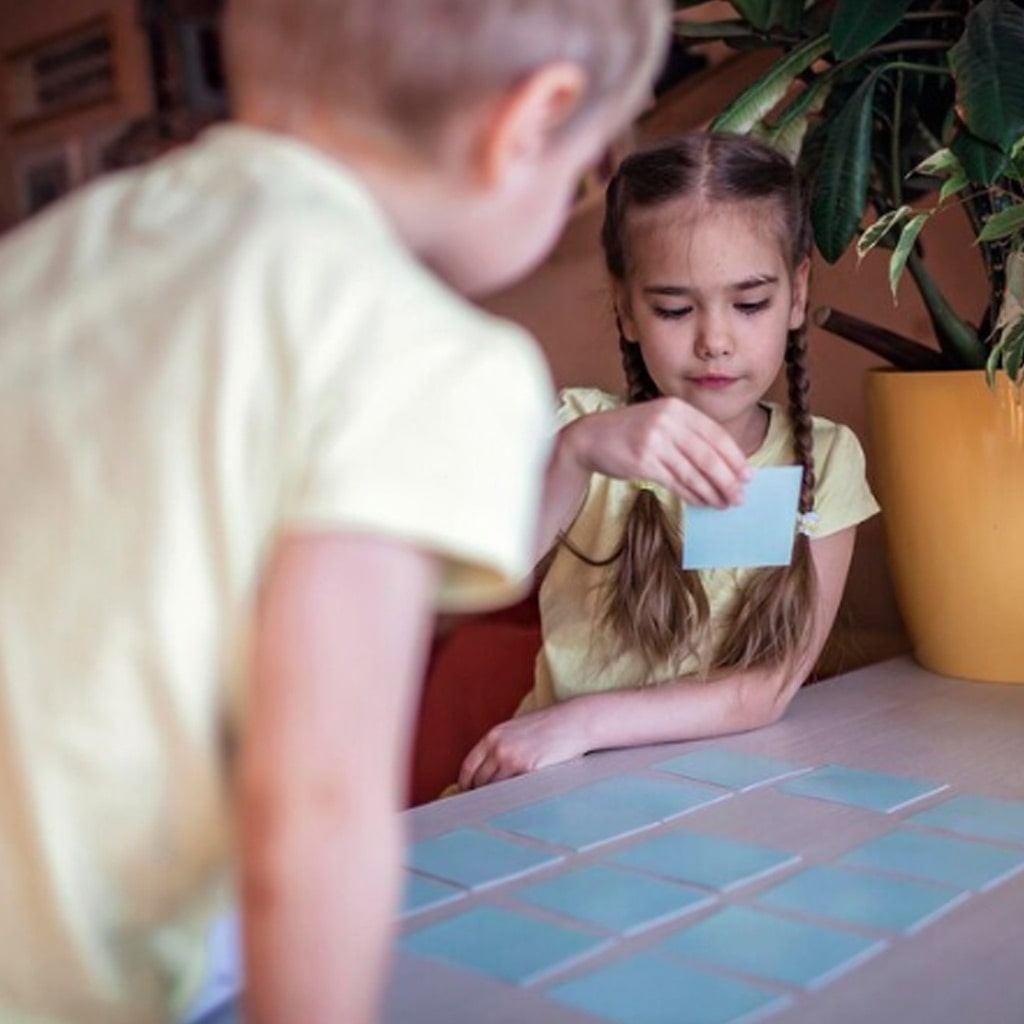
200+ Delightful Truth or Dare Questions for Kids
May 31, 2024 5 min read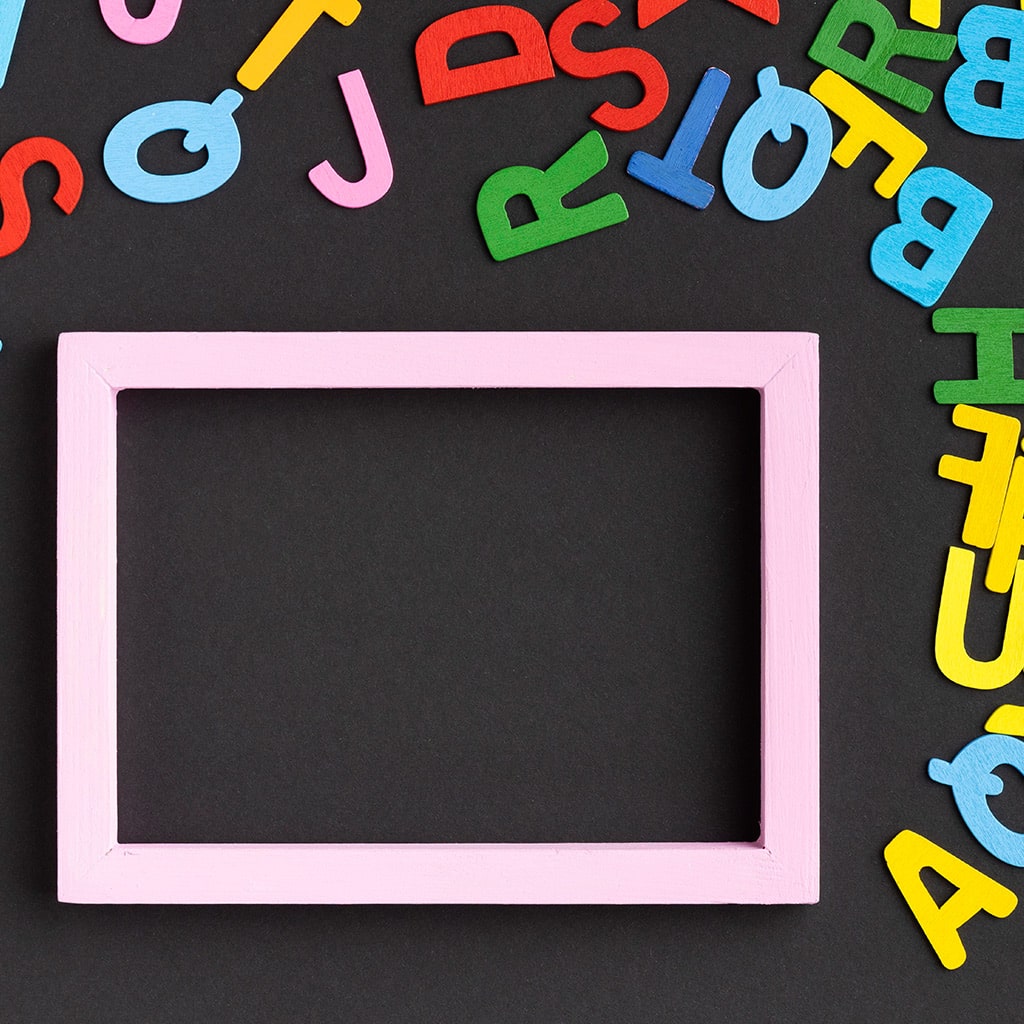
250+ Sight Words for First Graders That Kids Can Easily Learn
Jun 11, 2024 5 min read
10 Best Co-curricular Activities for Kids : Types, Benefits & More
Jun 12, 2024 5 min read
25+ Best Sister Quotes to Make Your Sis Feel Special
Jun 13, 2024 5 min read
Top Olympiad Exams in India for Students from Class 1 to 12
Jun 15, 2024 5 min read
Bhagavad Gita slokas for kids
Jun 21, 2024 5 min read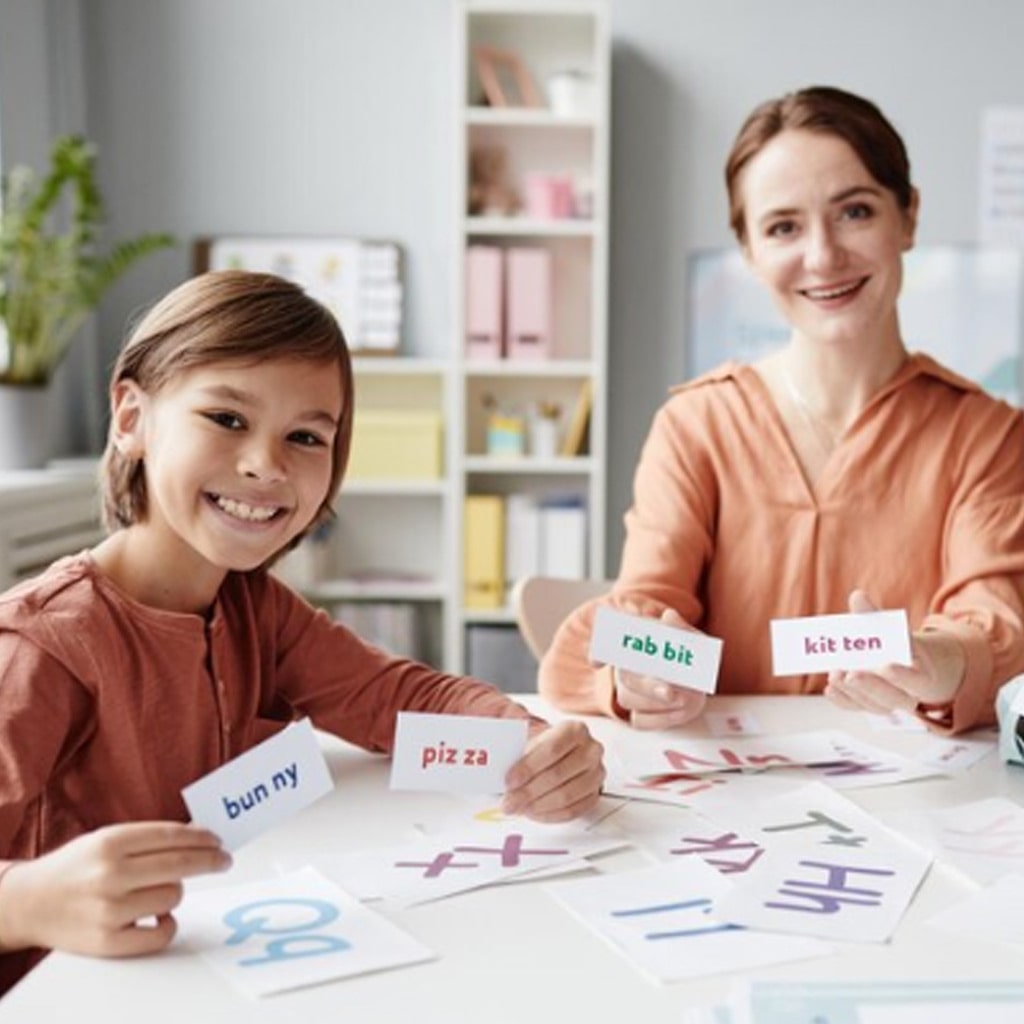
Engaging Ways to Teach Kids to Read using phonics
Jun 21, 2024 5 min read
Best Calm-Down Strategies for Kids
Jun 22, 2024 5 min read
Best Online ESL Classes for Kids
Jun 27, 2024 5 min read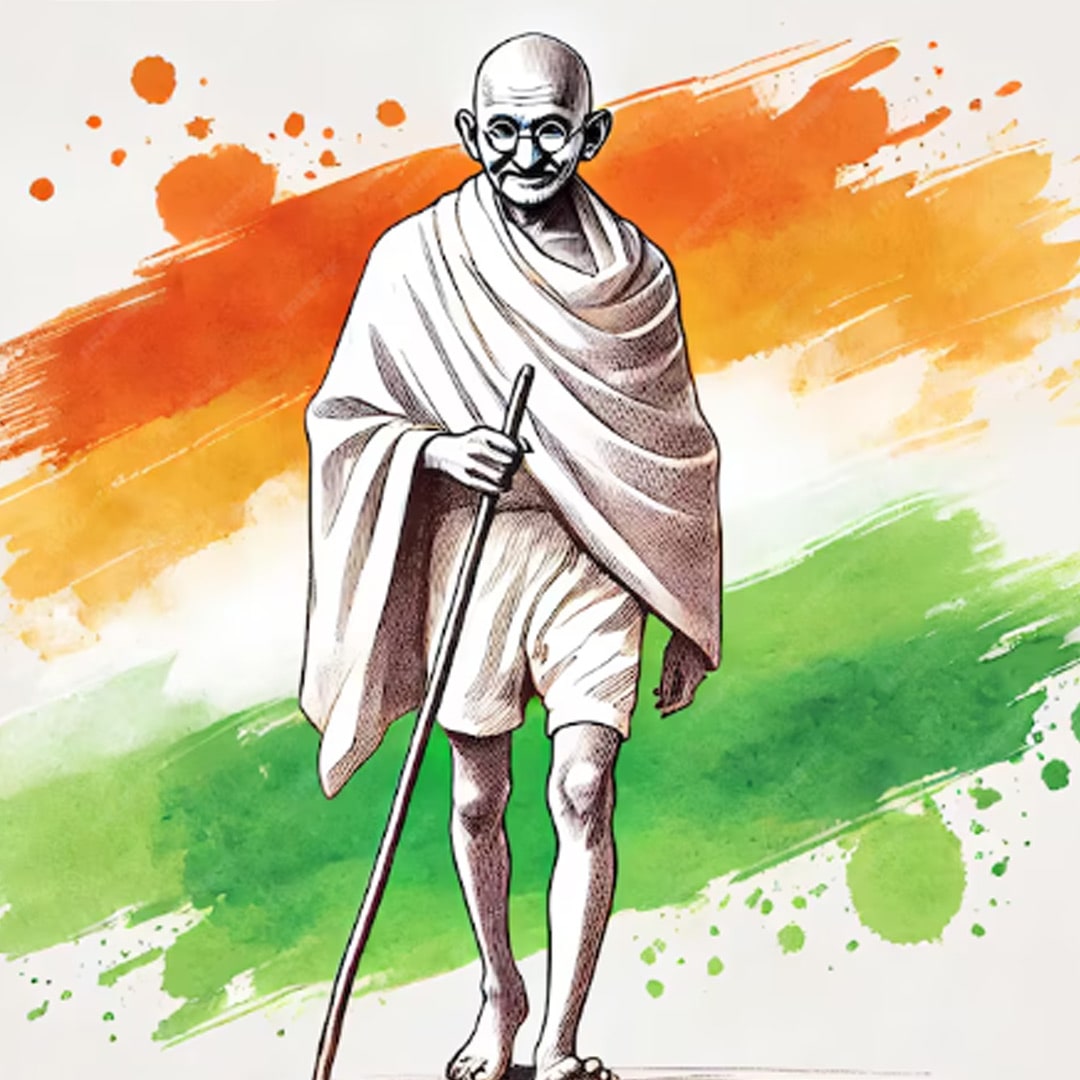
Essay on Mahatma Gandhi
Jun 27, 2024 5 min read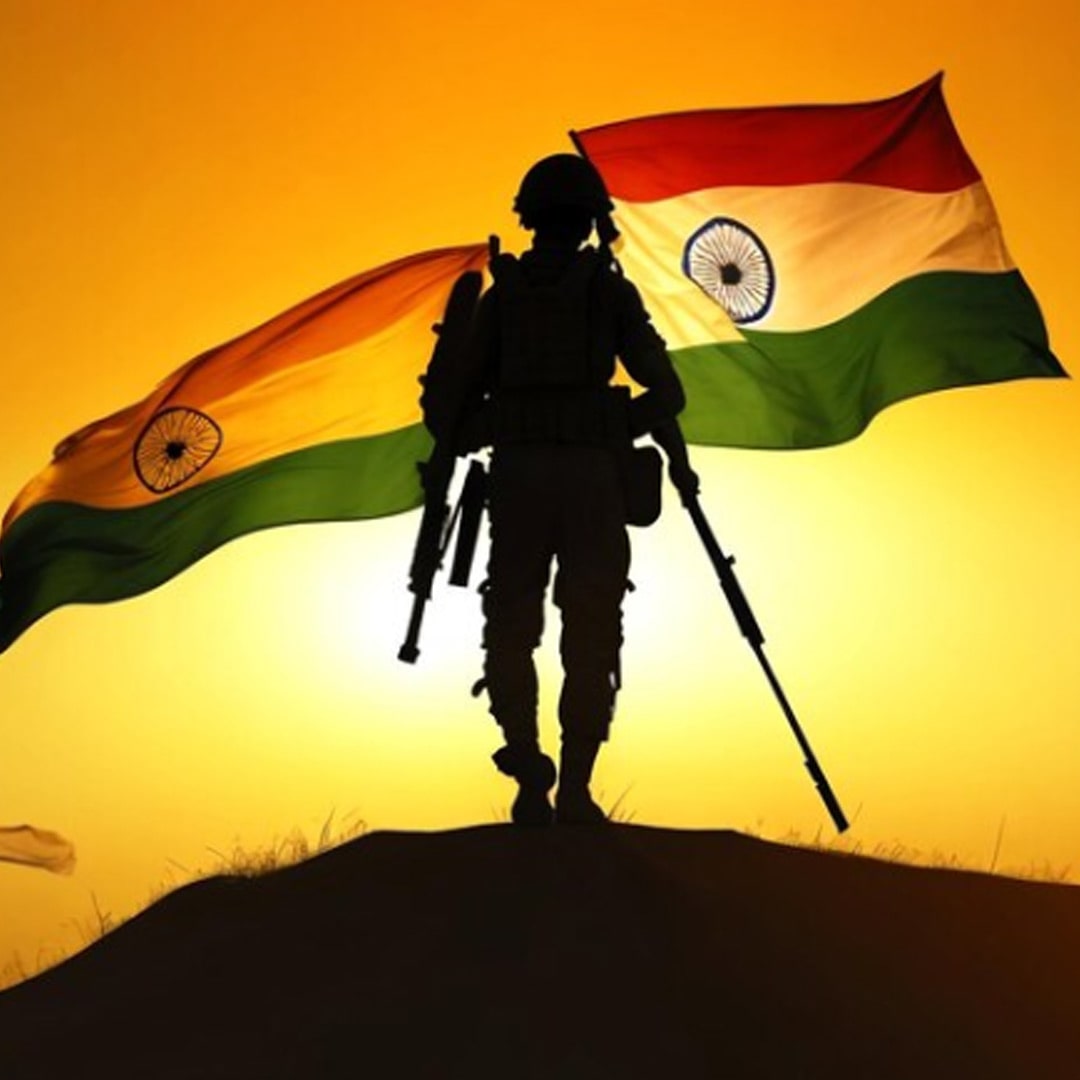
Essay On Freedom Fighters In English Grade 1 - 3
Jun 28, 2024 5 min read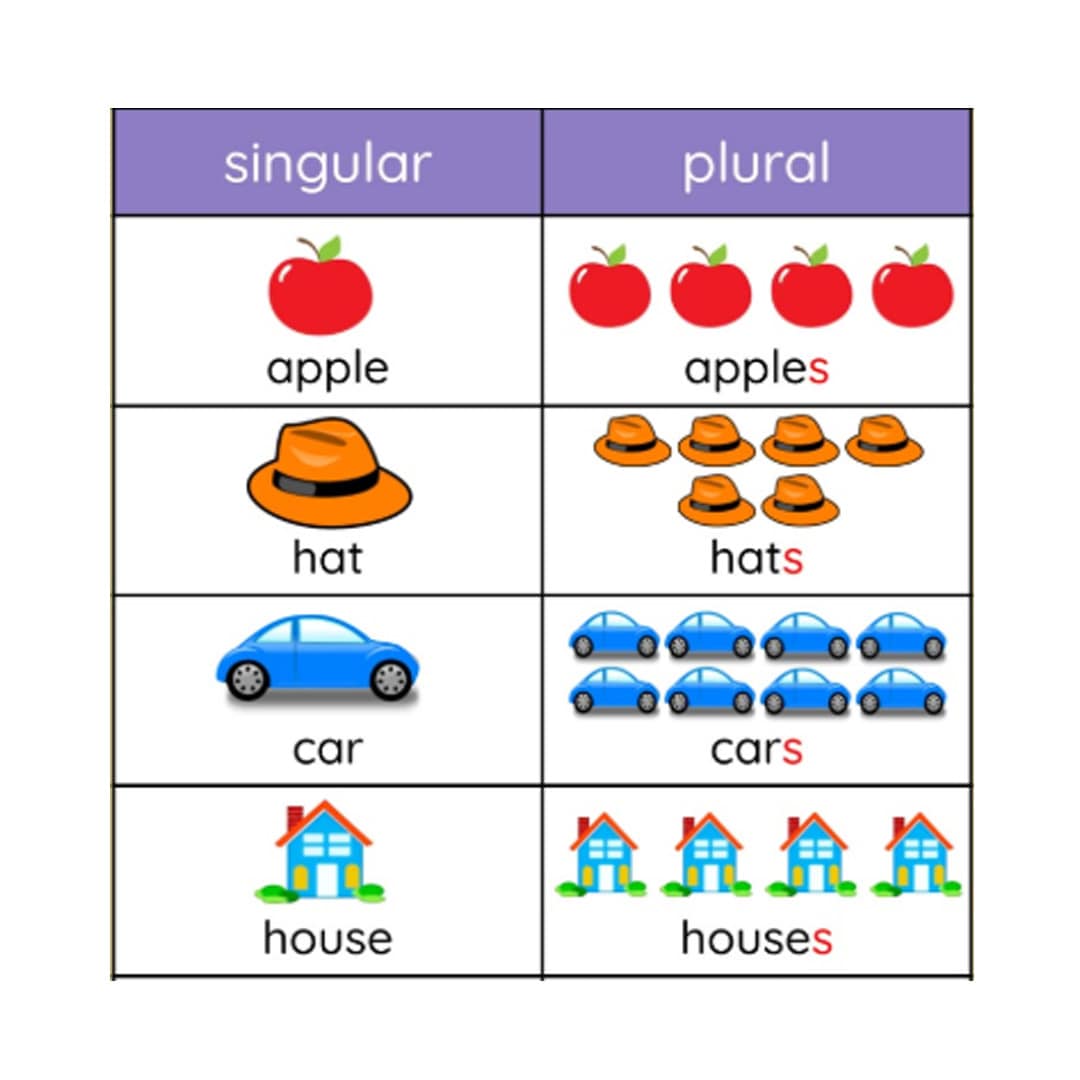
Teaching Singular and Plural Nouns to Kids
Jun 29, 2024 5 min read
Best Online Ethics Courses and Programs
Jul 04, 2024 5 min read
Four Letter Words for Kids to Improve Vocabulary
Jul 05, 2024 5 min read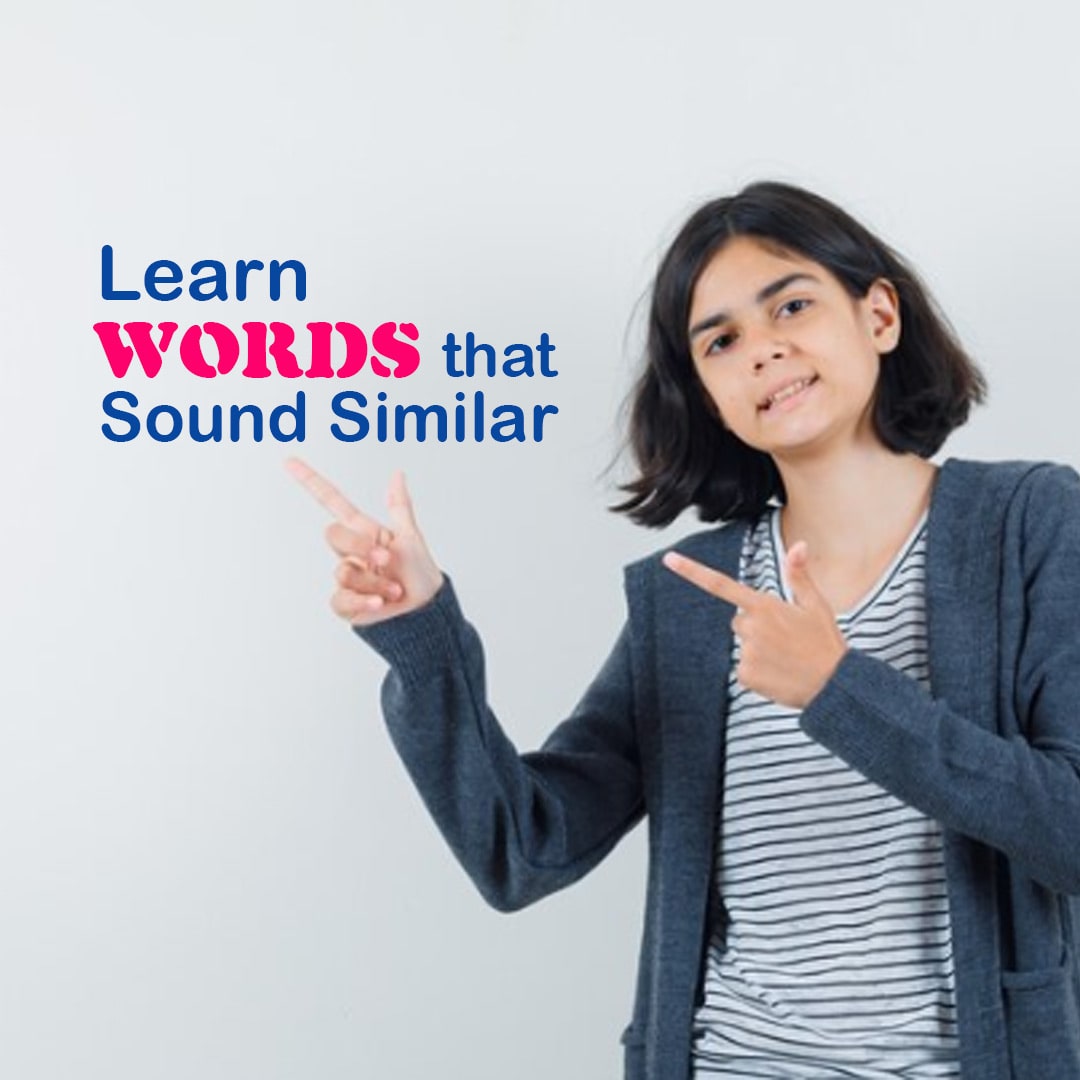
Learn English Words that Sound the same - Homophones
Jul 12, 2024 5 min read
How To Write An Essay On Independence Day
Jul 13, 2024 5 min read
Maharashtra's Ashtavinayak Temples & Their Historical Significance
Jul 13, 2024 5 min read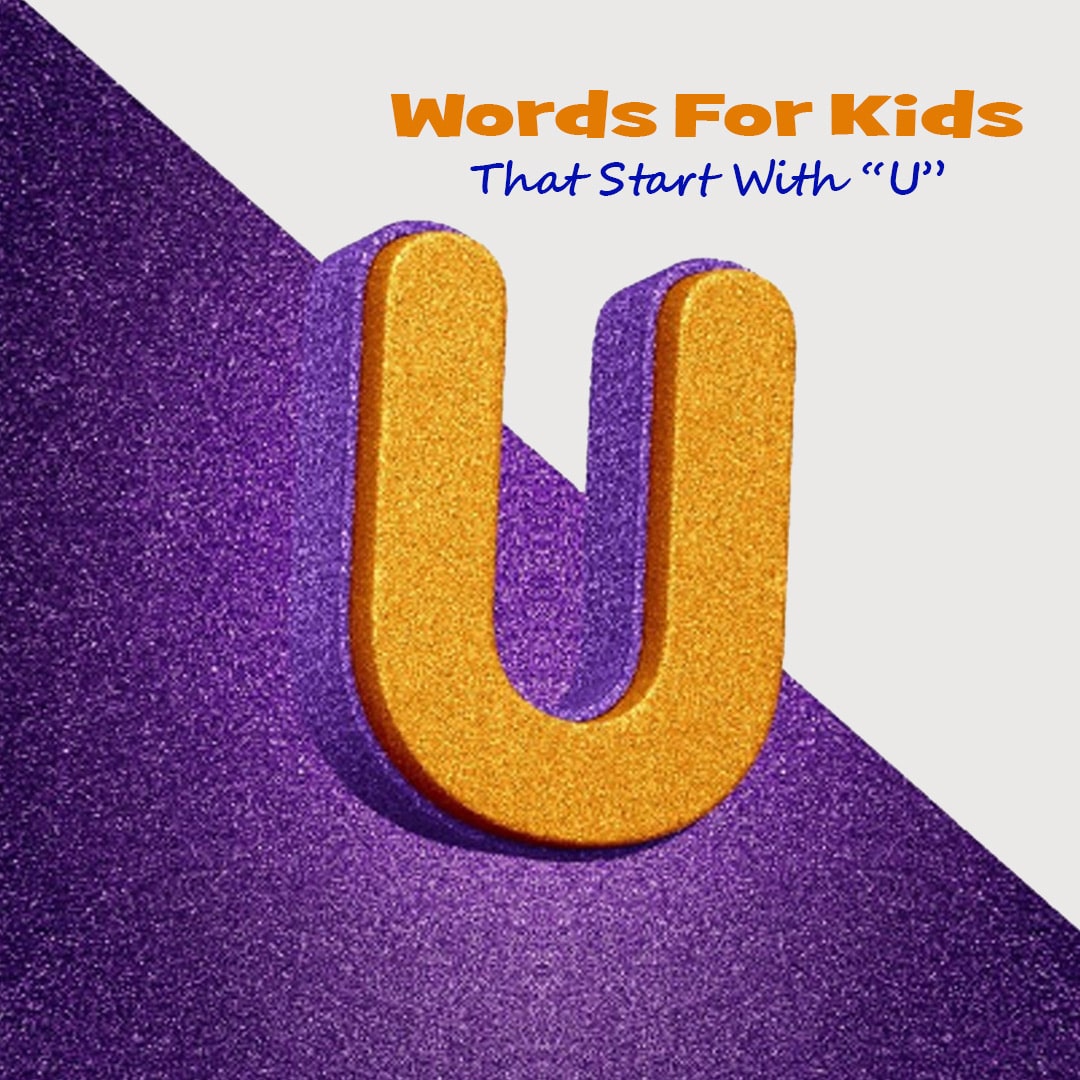
List of Words That Start with Letter U For Children to Learn
Jul 13, 2024 5 min read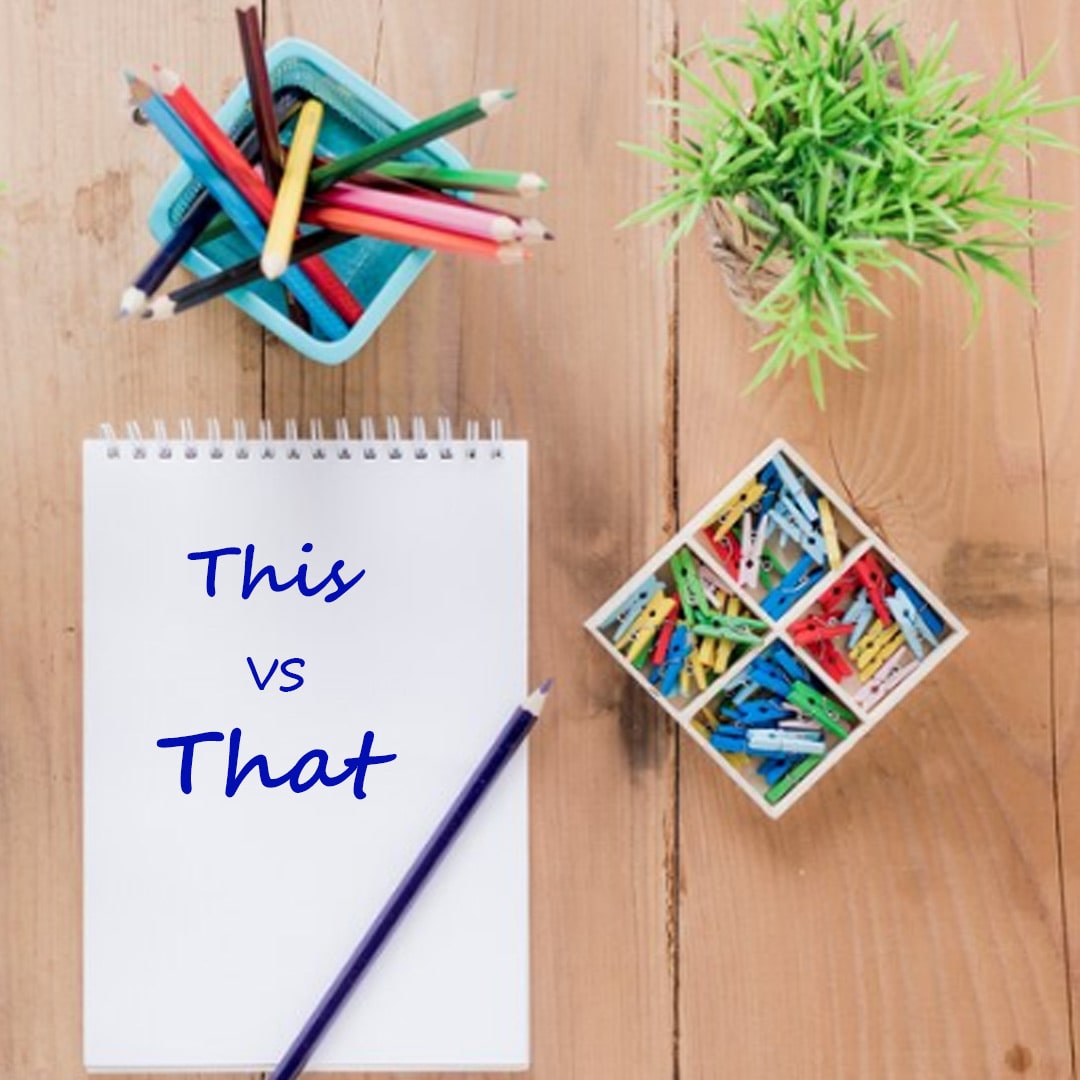
Mastering This vs That - Fun Ways to Teach Kids the Difference
Jul 16, 2024 5 min read
Why We Chant Ganpati Bappa Morya ! - Meaning and Significance
Jul 16, 2024 5 min read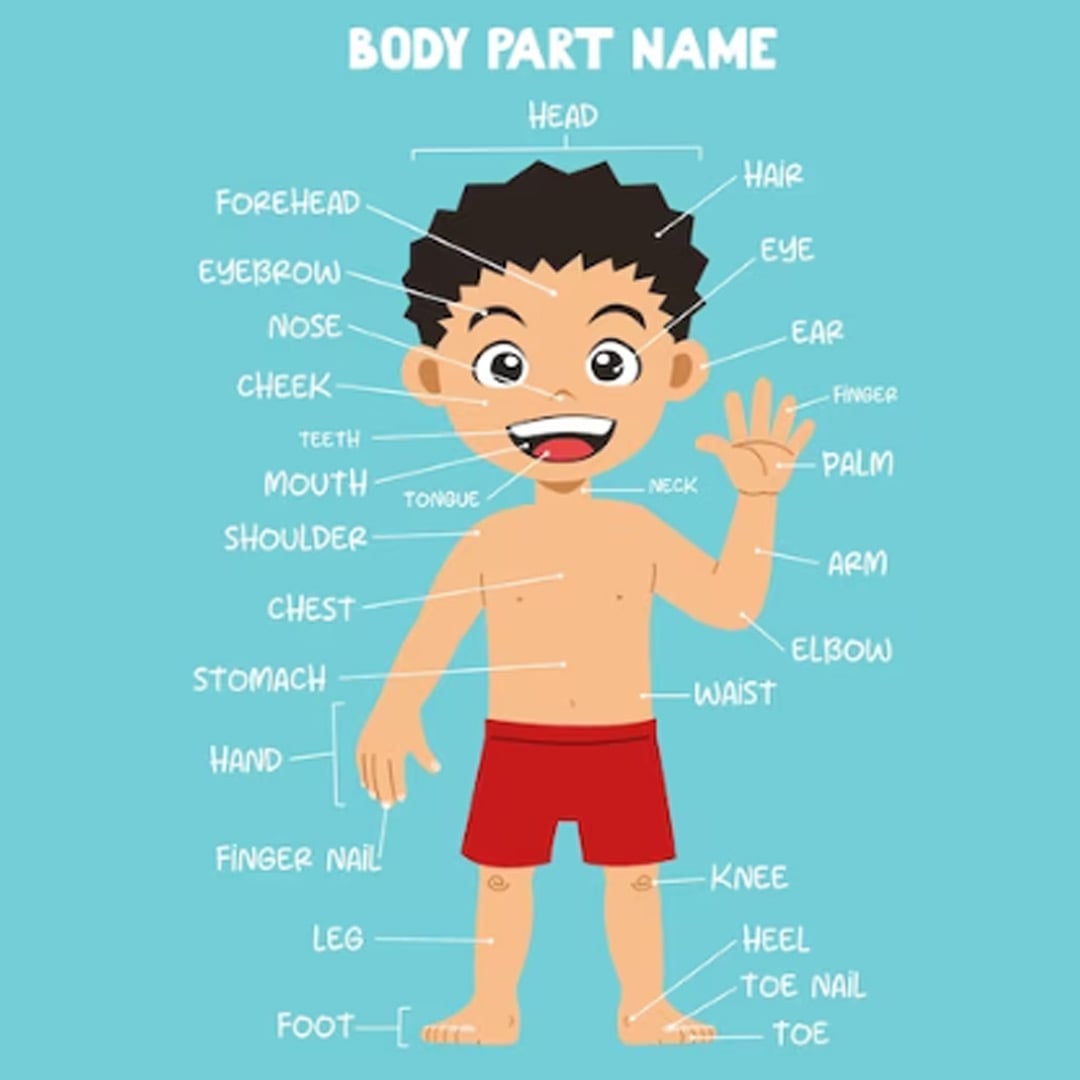
Body Parts and Their Functions
Jul 17, 2024 5 min read
Sentences For Class 1 – Improve Your Child’s Language With Grade 1 Sentences
Jul 19, 2024 5 min read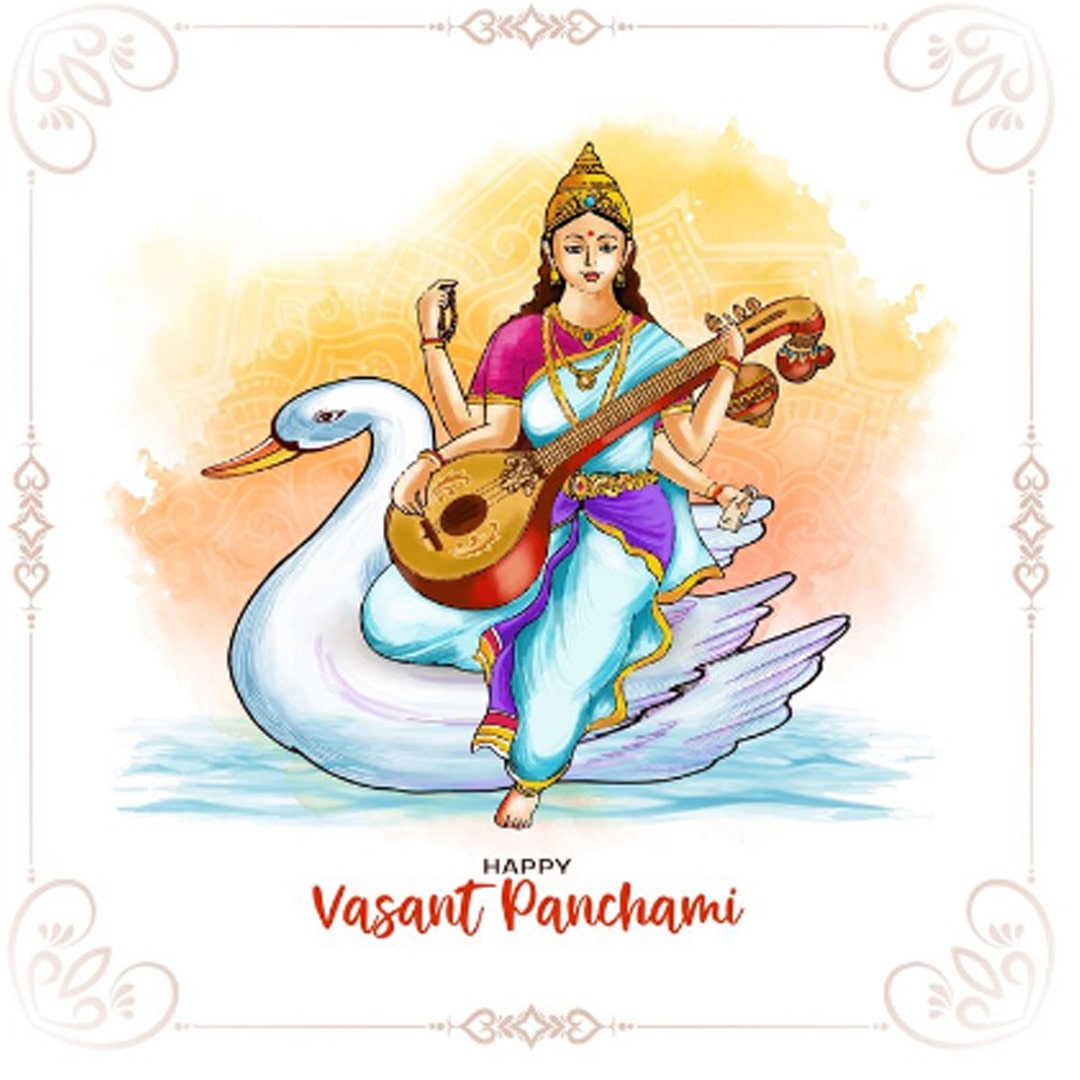
Mother Saraswati - Goddess of learning Knowledge and Wisdom
Jul 23, 2024 5 min read
Types Of Public Speaking
Jul 26, 2024 5 min read
Simple & Jumbled Sentences in English For Class 1 Kids
Jul 27, 2024 5 min read
Name of Reptiles | Types of Reptiles | Learn Reptile Names in English | Bambinos.live
Jul 30, 2024 5 min read
Master the British Accent-Easy Tips and Techniques for Fluent Speaking
Jul 31, 2024 5 min read
Essay On Plants – 10 Lines, Short And Long Essay For Kids
Jul 31, 2024 5 min read
What is the Best Online English Speaking Course in India for Kids
Aug 03, 2024 5 min read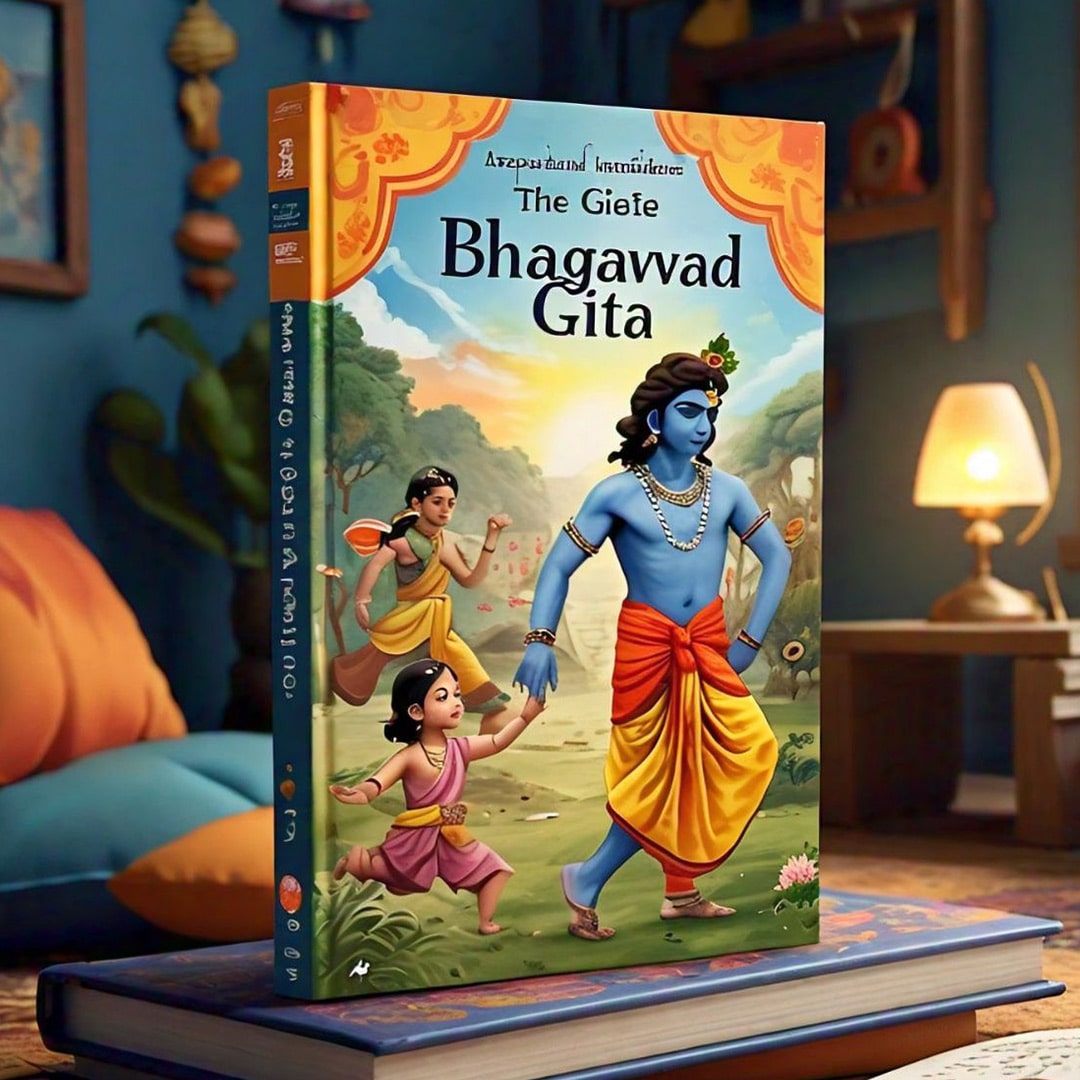
Applying the Principles of Bhagavad Gita to Everyday Life: A Guide for Kids
Aug 15, 2024 5 min read
How to Use Everyday Objects to Teach Math Concepts
Aug 29, 2024 5 min read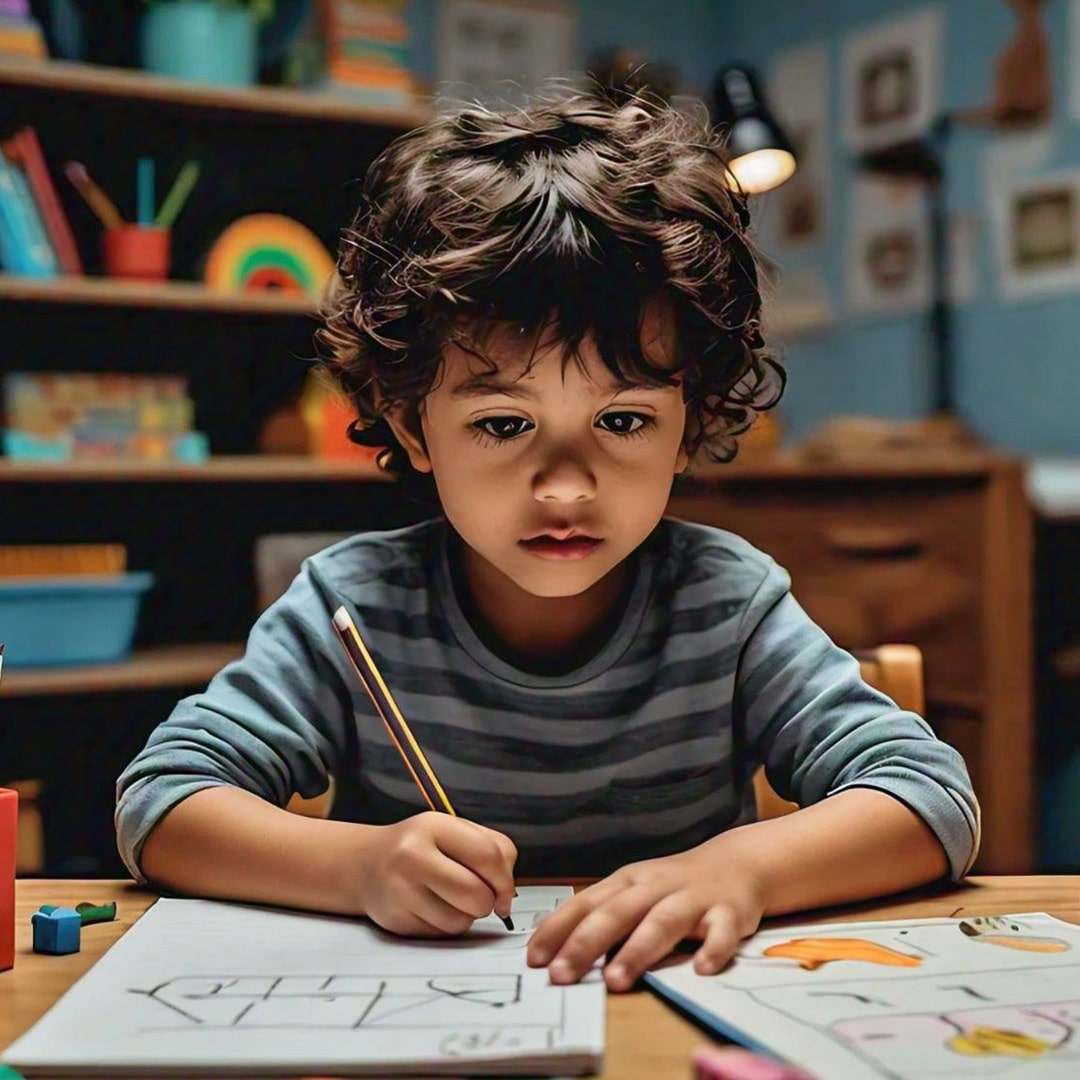
How to give constructive feedback on child's writing
Aug 29, 2024 5 min read
How English Classes For Kids Online Can Help Their Future
Sep 09, 2024 5 min read
How Bhagavad Gita classes inculcate moral values in children
Sep 12, 2024 5 min read
How Online Bhagavad Gita classes foster confidence in kids
Sep 17, 2024 5 min read
Is Krishna God? Who Is Lord Krishna? Is Krishna Really a God?
Sep 20, 2024 5 min read
How to Become A Youthful Motivational Speaker
Sep 24, 2024 5 min read
15 EVS Activities for Preschoolers
Sep 30, 2024 5 min read
15 Historian Mathematicians Who Are Important for Children to Learn About
Sep 30, 2024 5 min read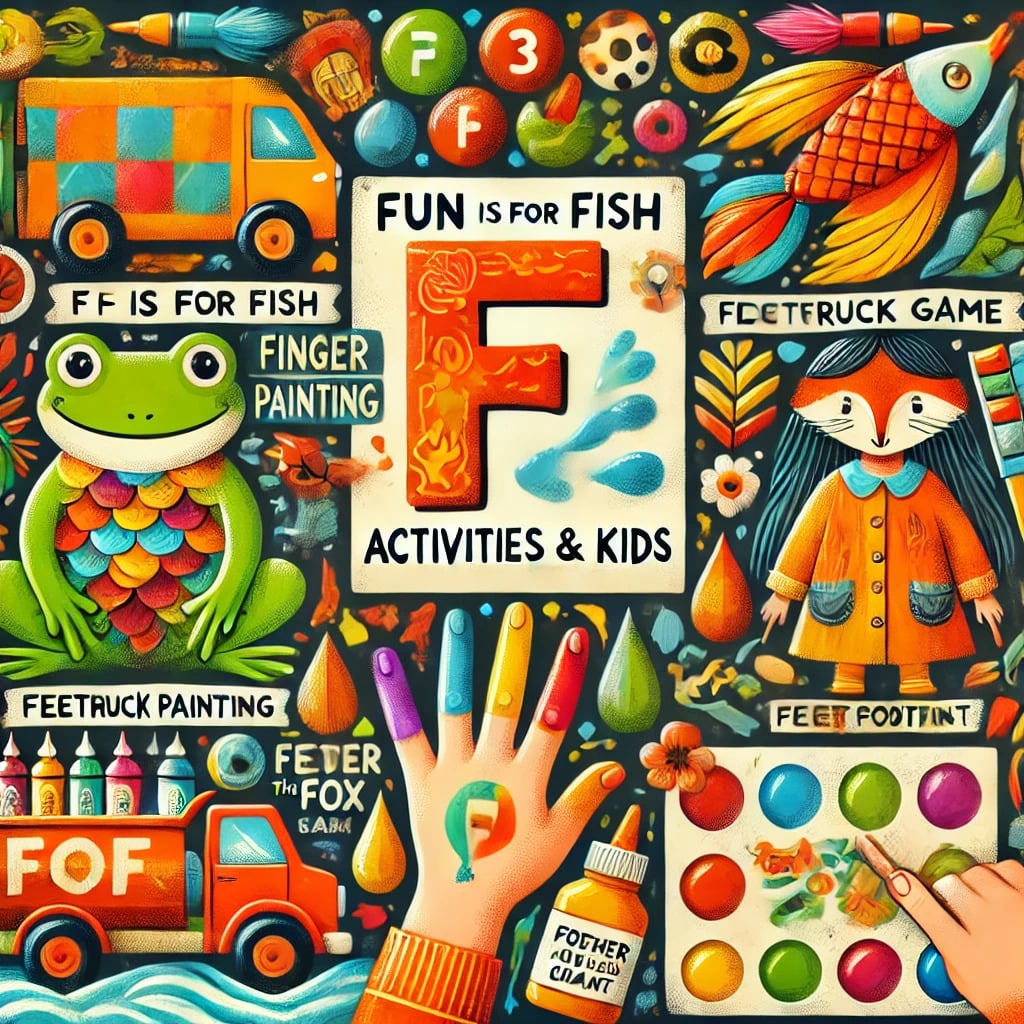
15 Fun Letter F Activities & Crafts for Kids: Alphabet Learning Made Easy
Oct 01, 2024 5 min read
How to Make Reading Fun for Early Readers: 10 Best Ideas
Oct 02, 2024 5 min read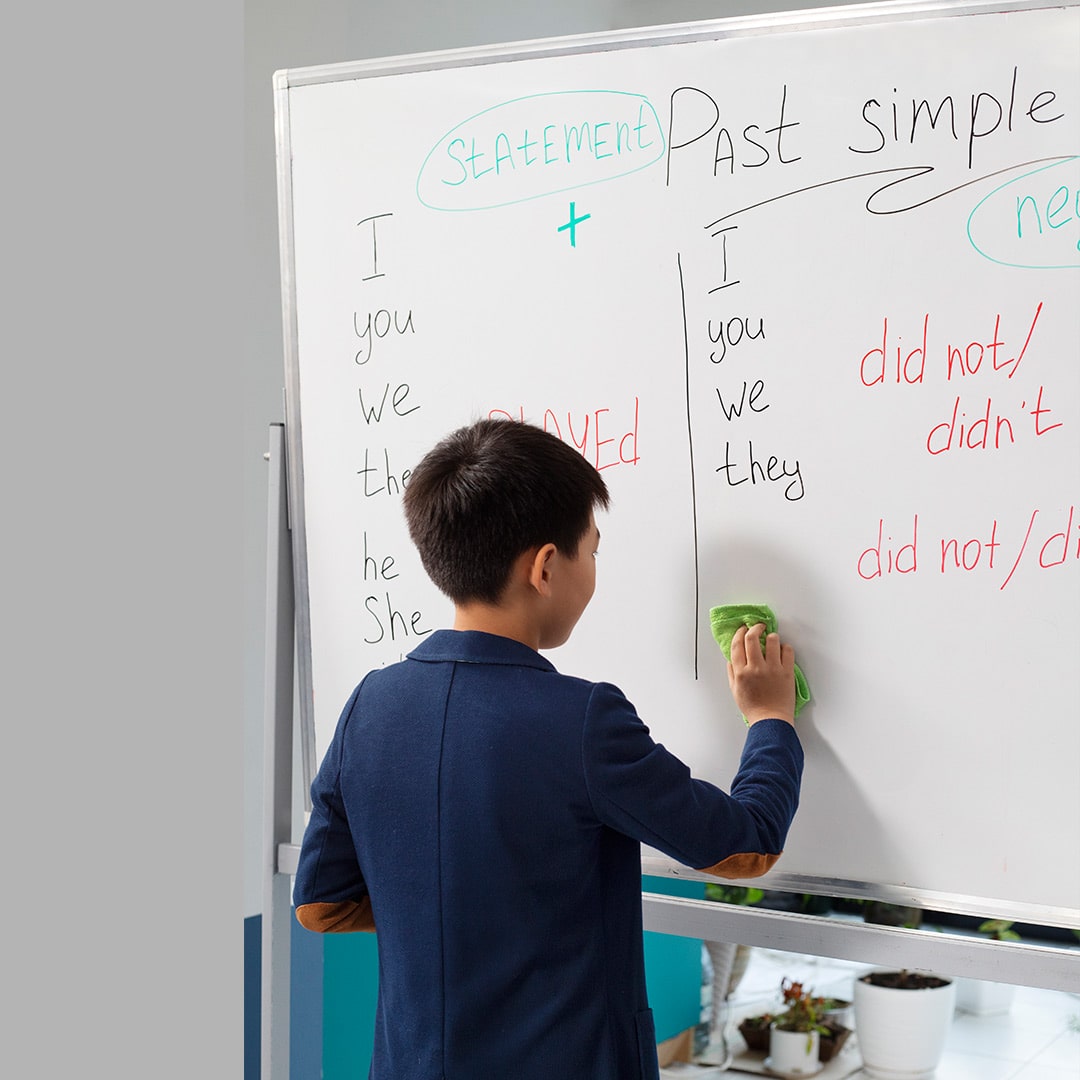
10 Most Effective Ways Of Teaching English Grammar For Kids
Oct 03, 2024 5 min read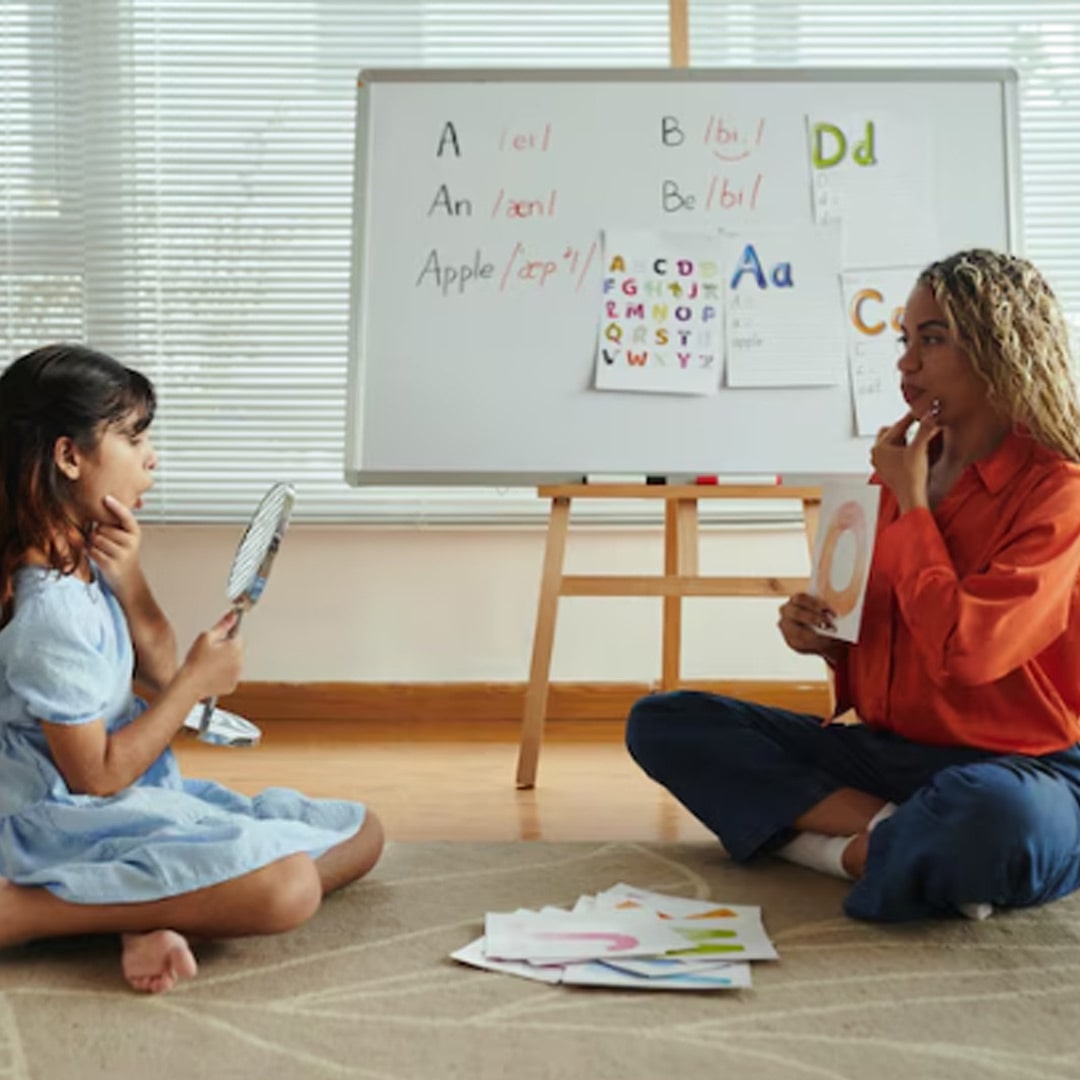
How to Teach Decoding in 10 Simple Steps
Oct 09, 2024 5 min read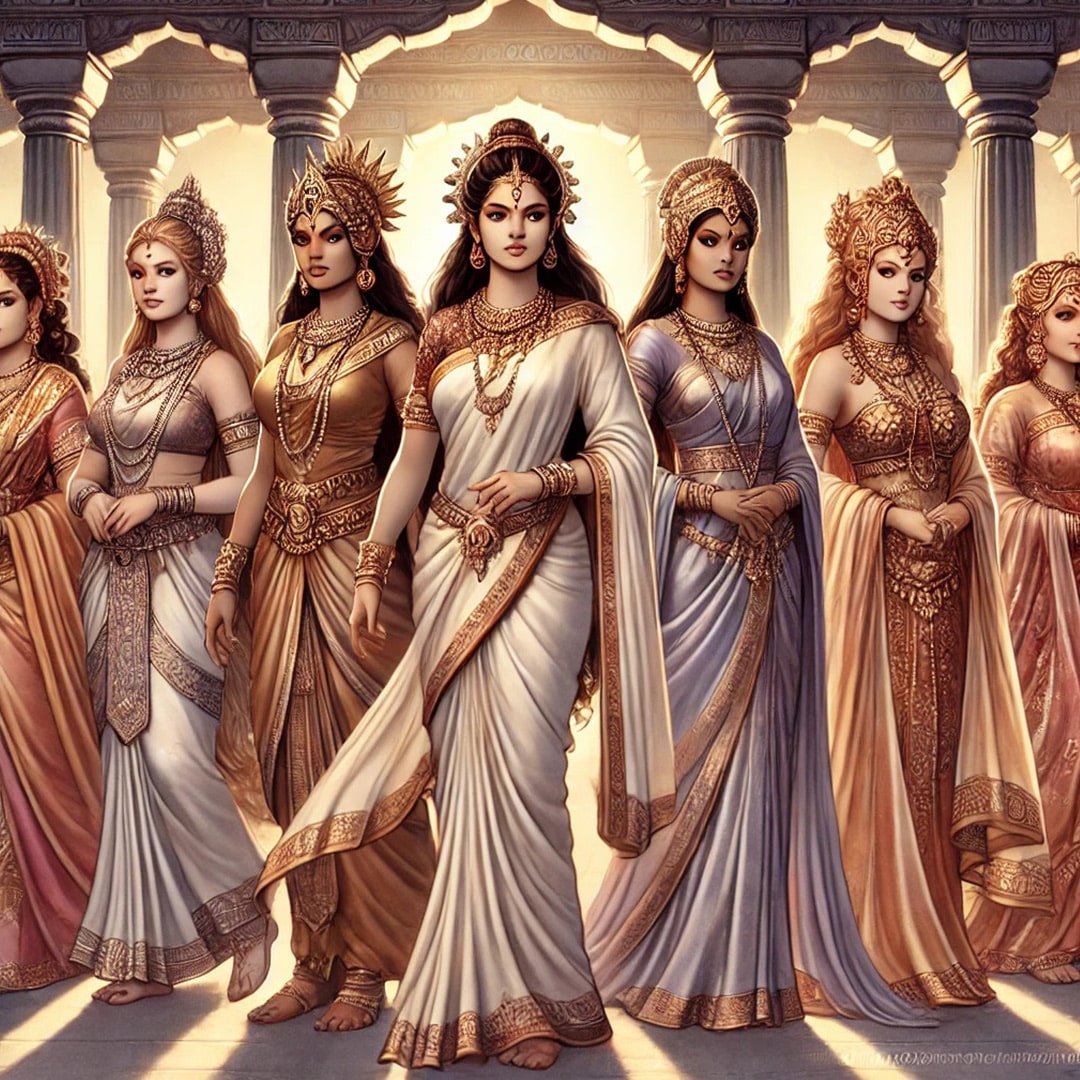
The Forgotten Queens of Hastinapur: Untold Stories from Mahabharata
Oct 11, 2024 5 min read
Teaching Kids About Mindfulness and Self-Awareness through the Bhagavad Gita
Oct 16, 2024 5 min read
Why Kids Should Stay Indoors on Amavasya
Oct 17, 2024 5 min read
The Lesser-Known Story of Why Lord Ganesha Loves Modaks
Oct 18, 2024 5 min read
The Hidden Hero of the Mahabharat: Ved Vyas
Oct 19, 2024 5 min read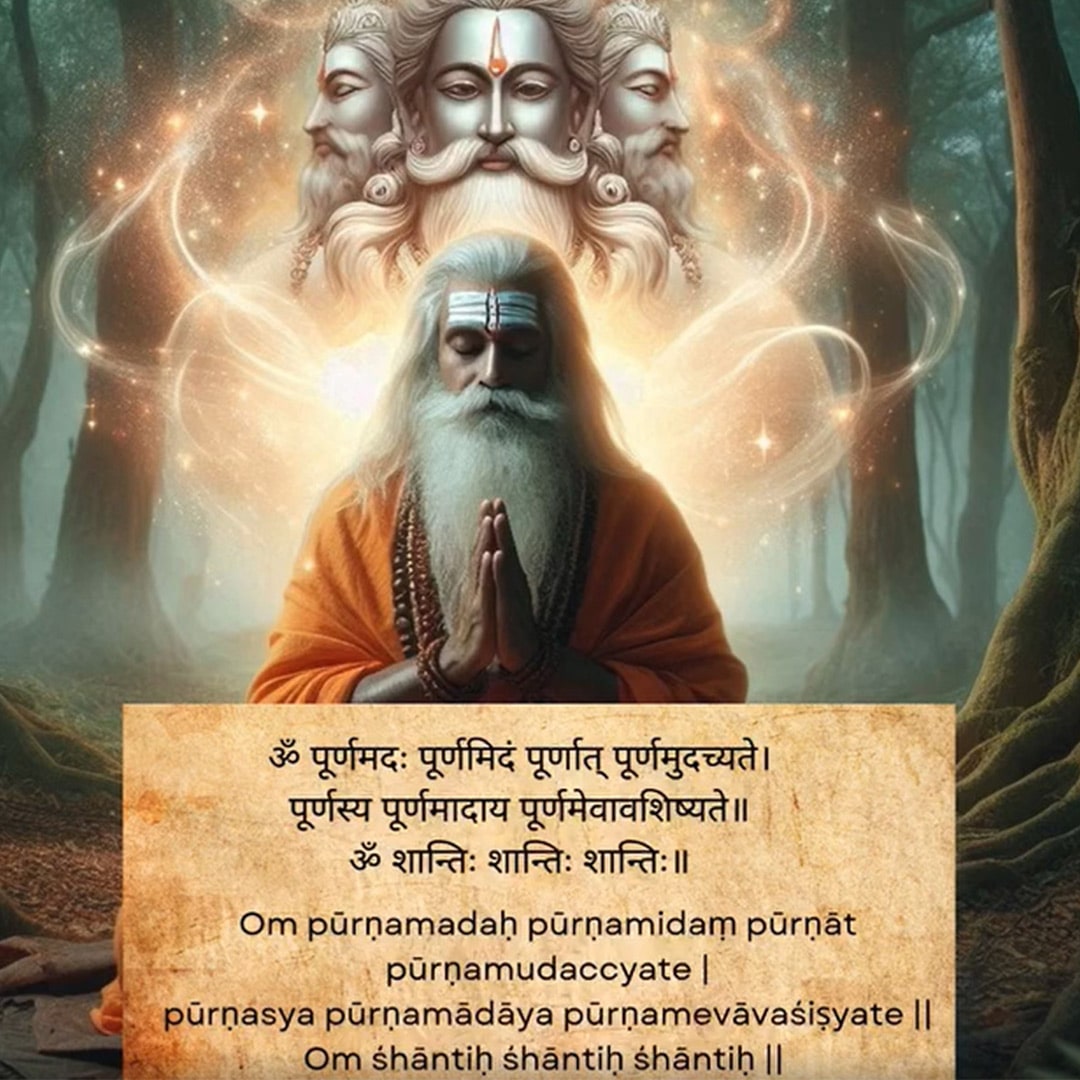
Chanting for Inner Peace: Unlocking the Power of the Purnamadah Shanti Mantra
Oct 26, 2024 5 min read
Shiv Shadaksar Stotra: A Sonic Journey to The Heart of Lord Shiva
Oct 30, 2024 5 min read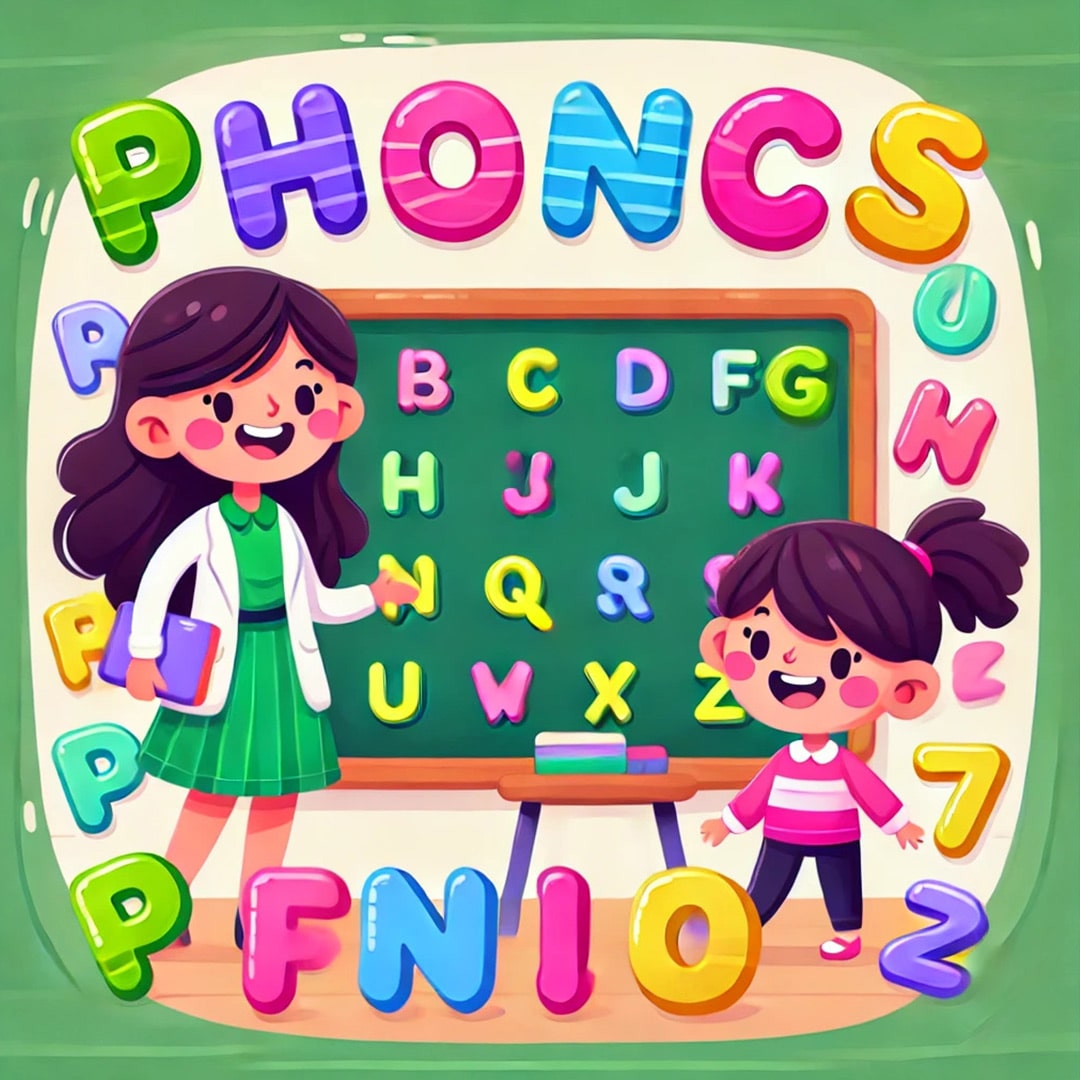
Beginner Phonics: Why 3-Letter Words and Fun Worksheets Boost Learning
Nov 05, 2024 5 min read
The Impact of Global Warming: An In-Depth Essay on Climate Change
Nov 09, 2024 5 min read
Overview of Verb Forms: Understanding V1, V2, V3, V4, and V5!
Nov 14, 2024 5 min read
Essay on My school life in English: Memories and Experiences for students
Nov 19, 2024 5 min read
Phonics Words: A Joyful Learning Journey for Kids!
Nov 19, 2024 5 min read
Understanding the difference between Send and Sent: Clear Examples
Nov 22, 2024 5 min read
Artificial Intelligence: Exploring Its Impact on Society
Nov 27, 2024 5 min read
Teaching Kids About Karma and Dharma
Nov 28, 2024 5 min read
Phonics Sounds for Young Learners | Jolly Phonics Explained
Nov 30, 2024 5 min read
Storytelling Made Simple: Benefits of a Creative Writing Class
Dec 04, 2024 5 min read
10 Creative Ways to Make Reading Fun for Young Readers
Dec 06, 2024 5 min read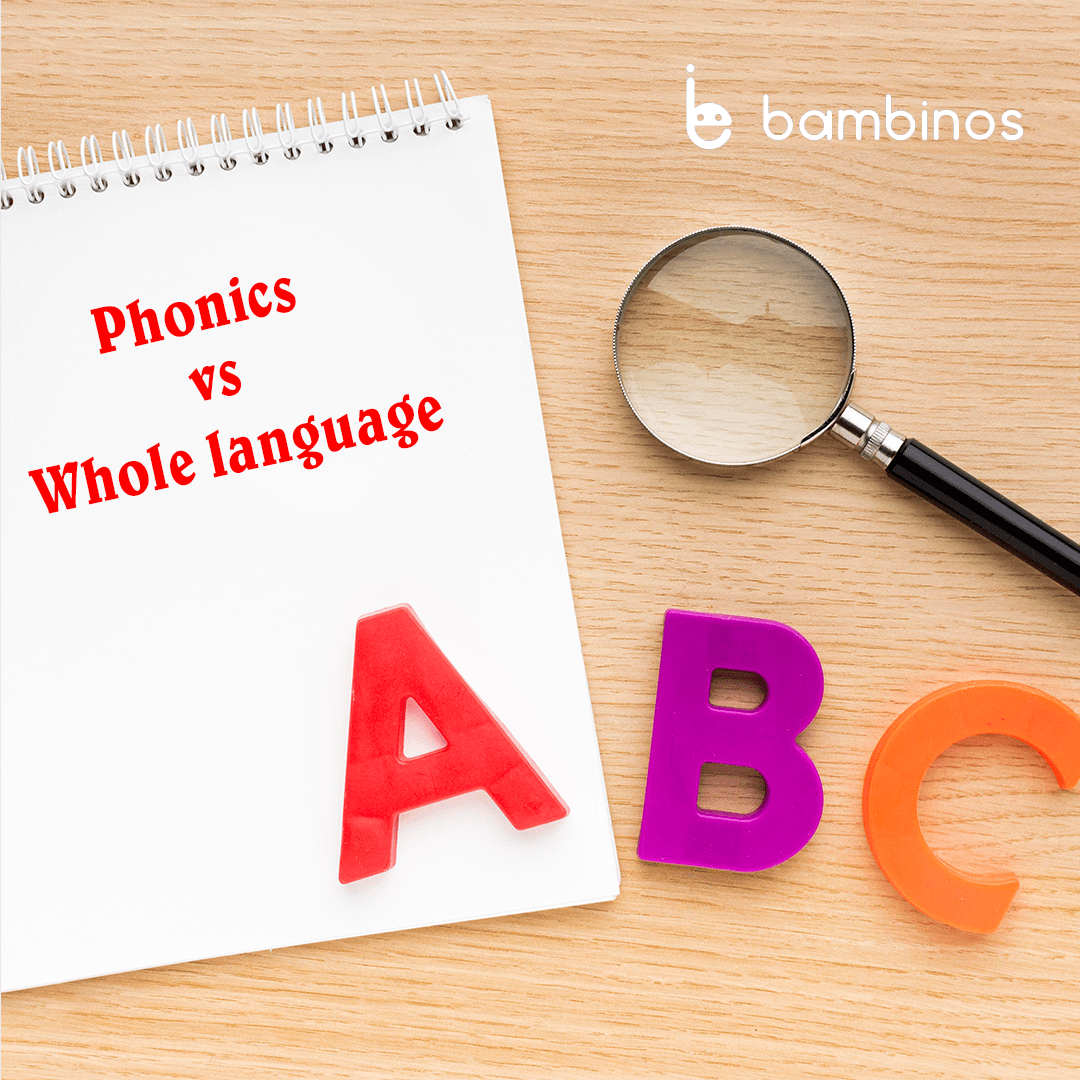
Phonics vs Whole language: Which Approach Works Best for Young Readers
Dec 28, 2024 5 min read
Importance of Bhagavad Gita in teaching children Self discipline and Focus
Dec 30, 2024 5 min read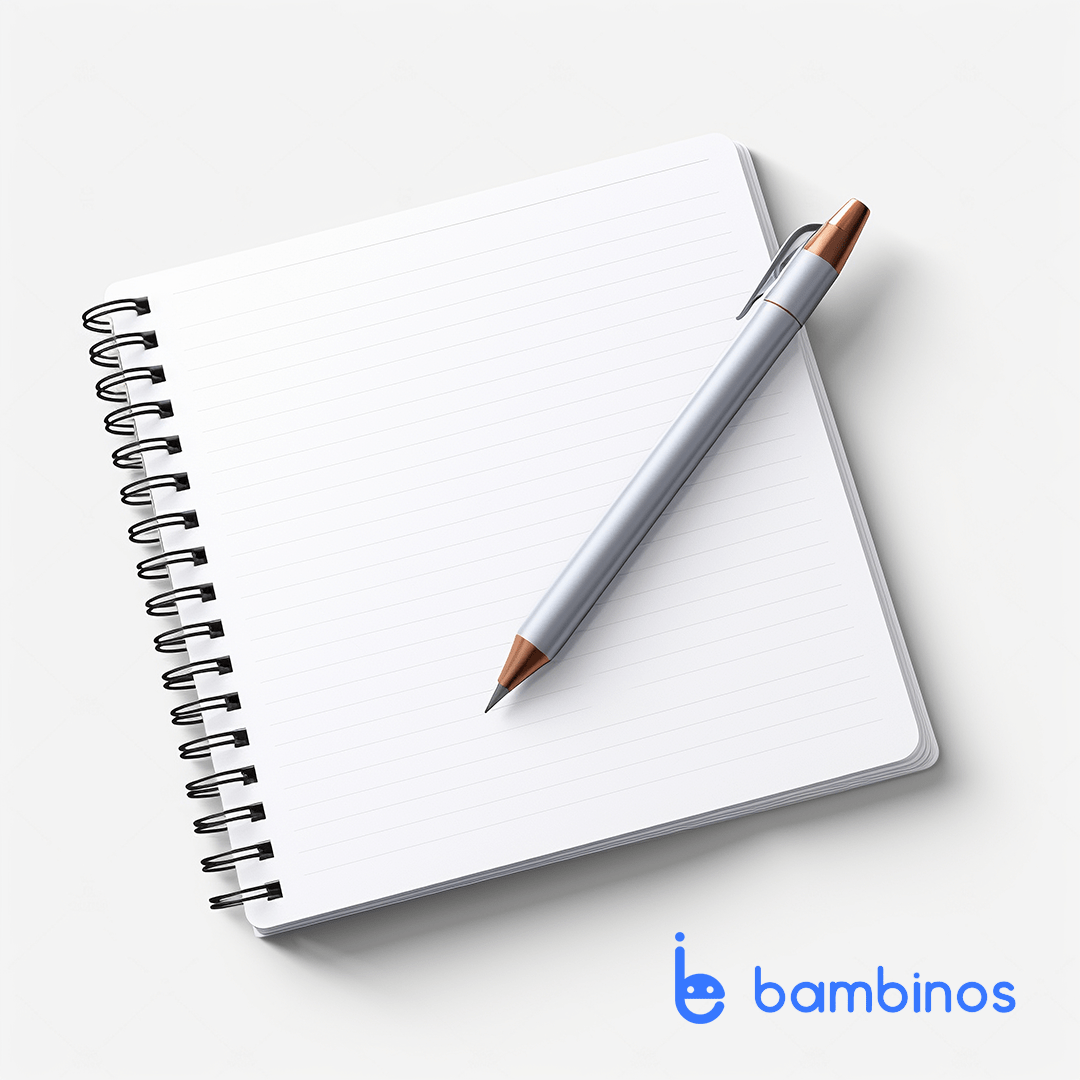
The power of imagination : Unveiling the magic of creative writing
Dec 31, 2024 5 min read
How Bhagavad Gita Classes Teach Kids the Art of Decision Making
Dec 31, 2024 5 min read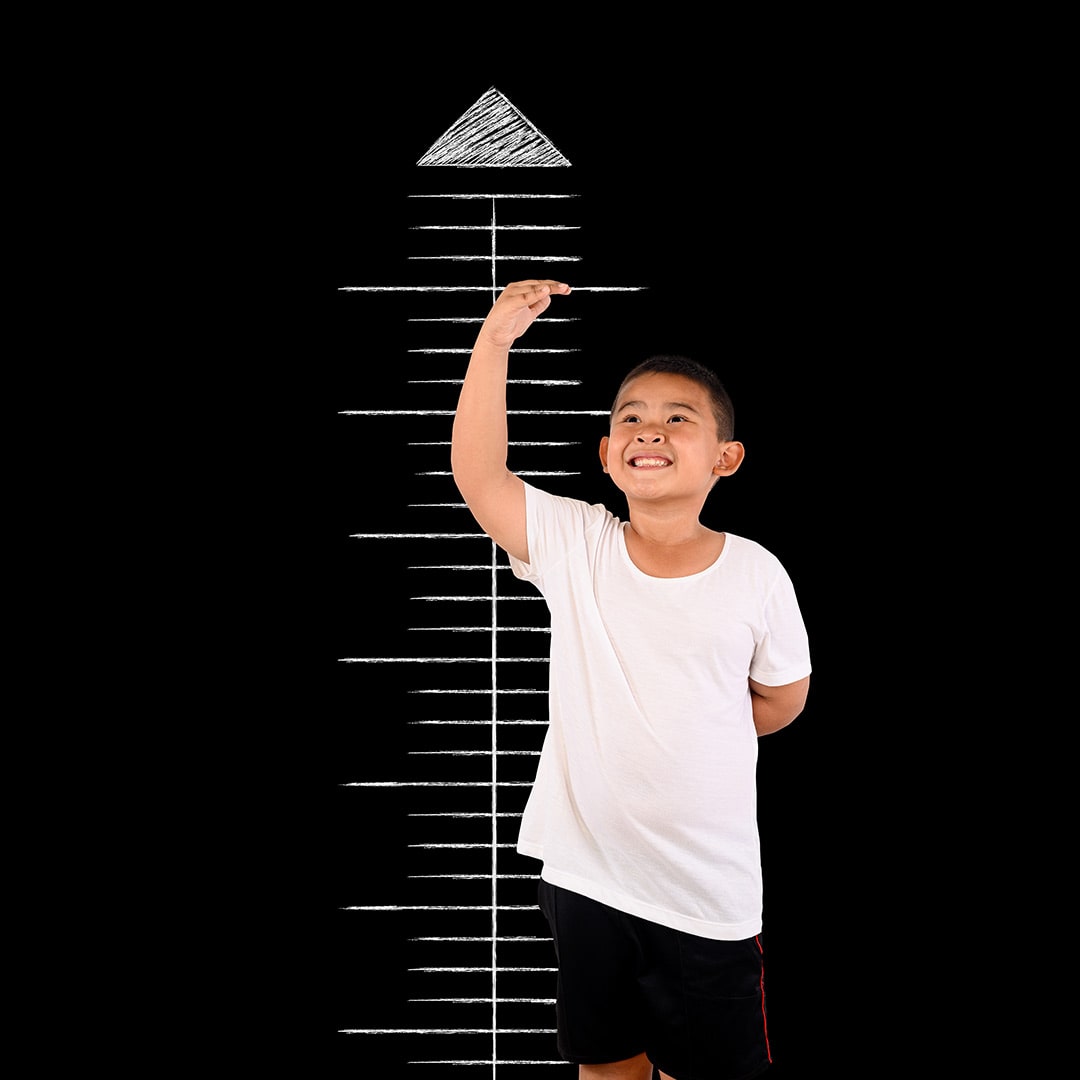
What is 160CM in Feet? How to Convert 160CM to Ft
Jan 24, 2025 5 min read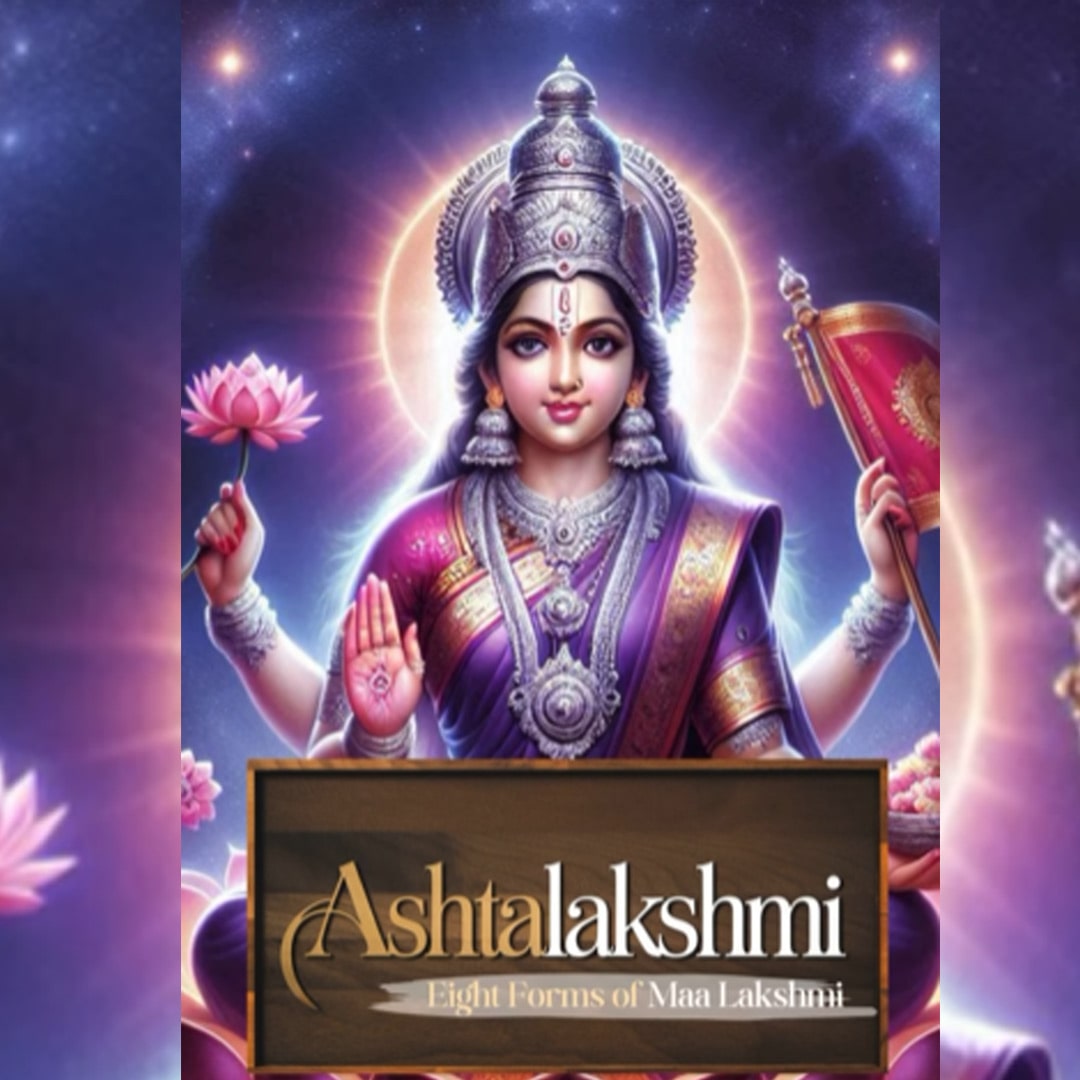
8 Avatars & Names of Ashta Lakshmi (With Meaning, Story and Significance)
Jan 28, 2025 5 min read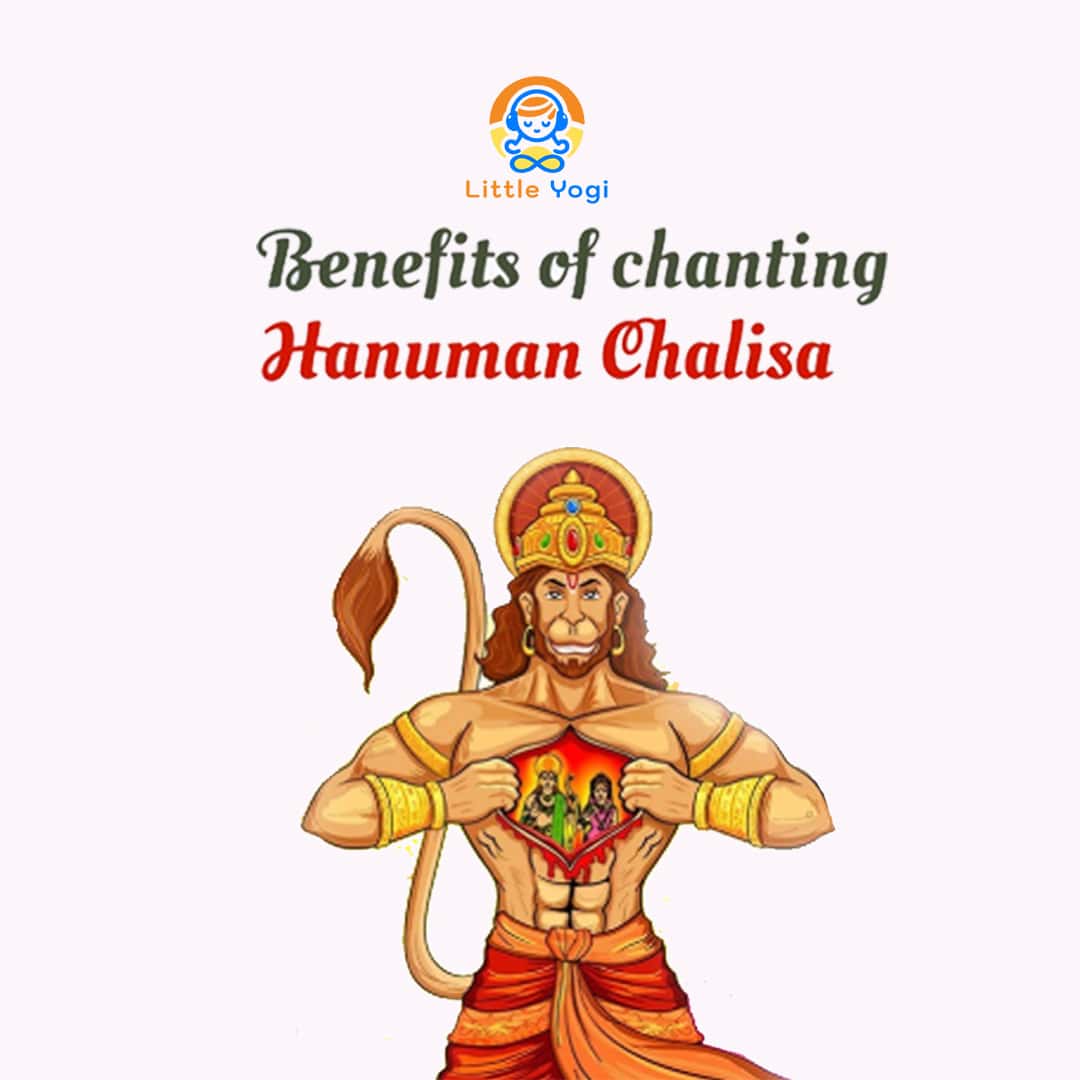
Benefits of Chanting Hanuman Chalisa
Jan 29, 2025 5 min read
30 Examples of Feedback for Teachers
Jan 29, 2025 5 min read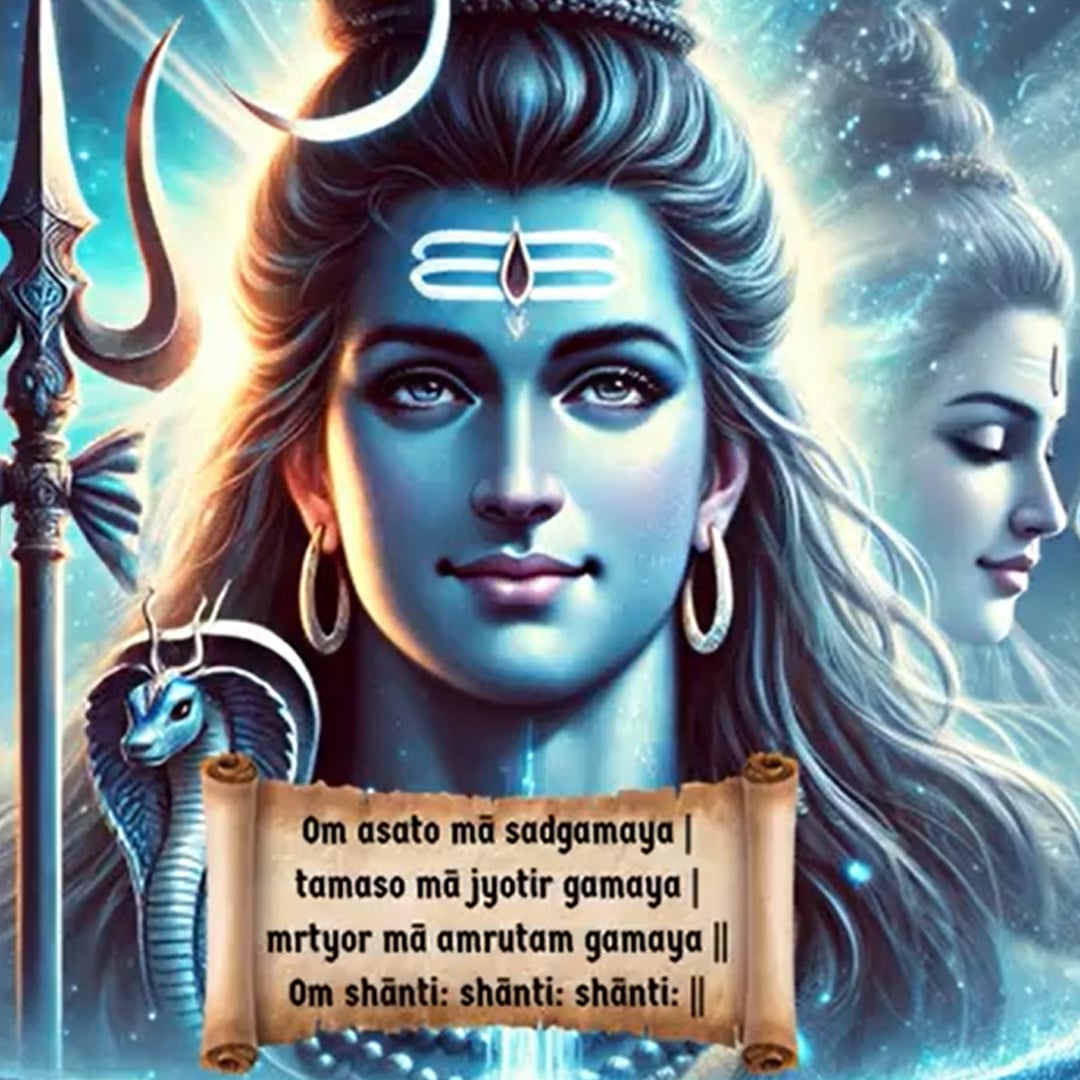
20 Life-Changing Bhagavad Gita slokas (verses) with Meaning and Lessons
Jan 30, 2025 5 min read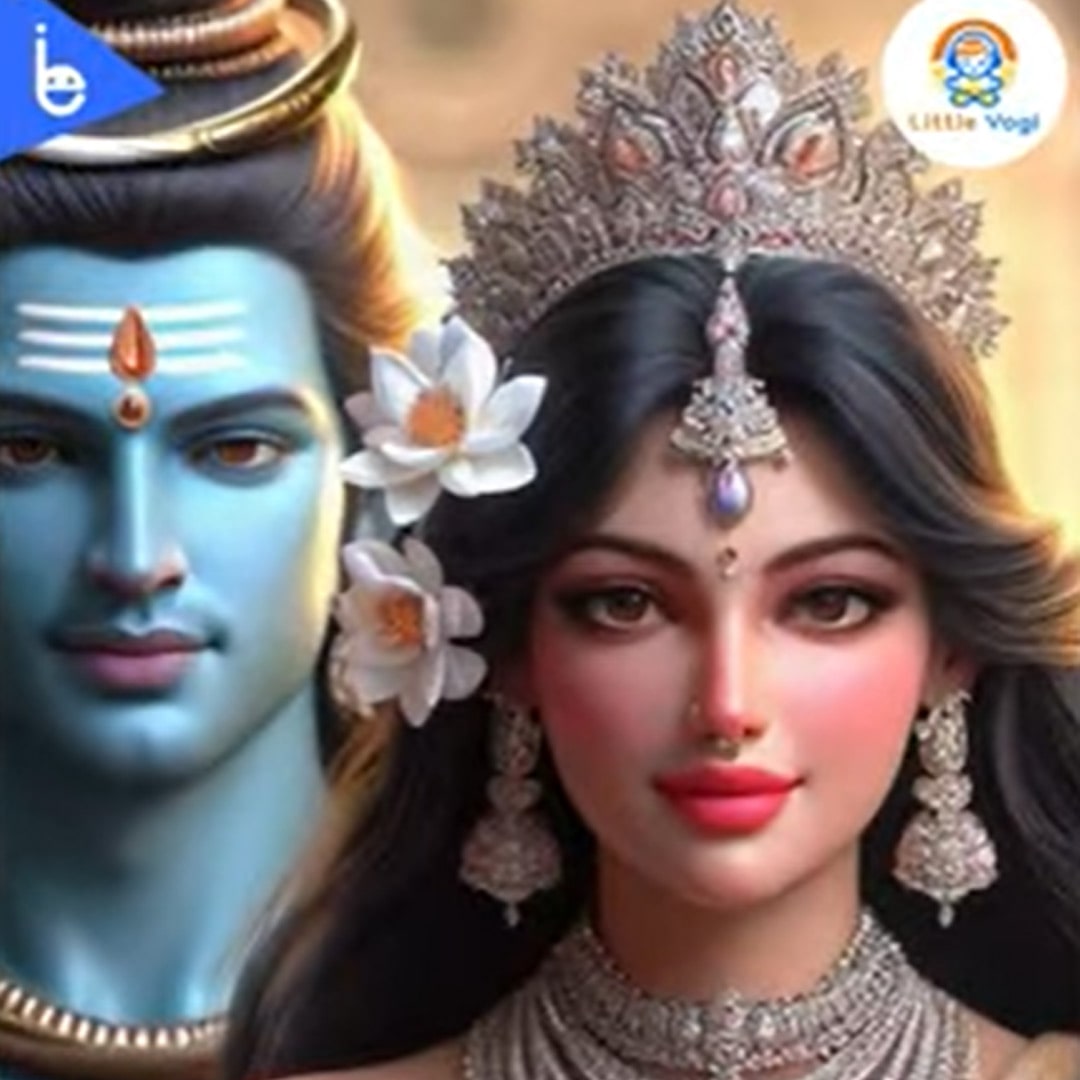
Navratri - The Lessons Behind 9 Avatars of Goddess Durga
Jan 31, 2025 5 min read
Ratha yatra : A Timeless Journey of Faith in Modern Times
Feb 06, 2025 5 min read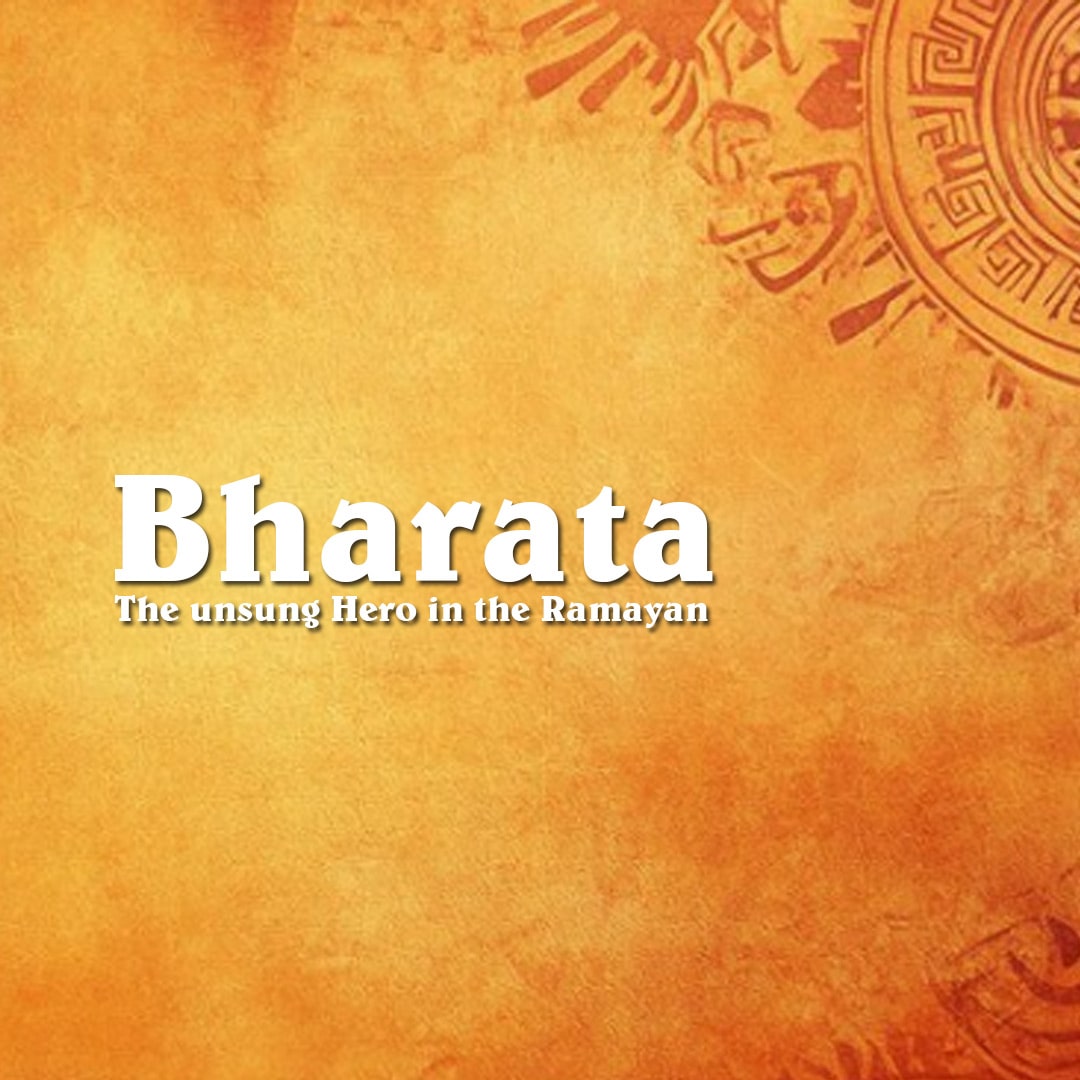
Bharata: The unsung Hero in the Ramayan
Feb 07, 2025 5 min read
5 Insightful Shlokas from Gita - Bhagavad Gita Quotes
Feb 07, 2025 5 min read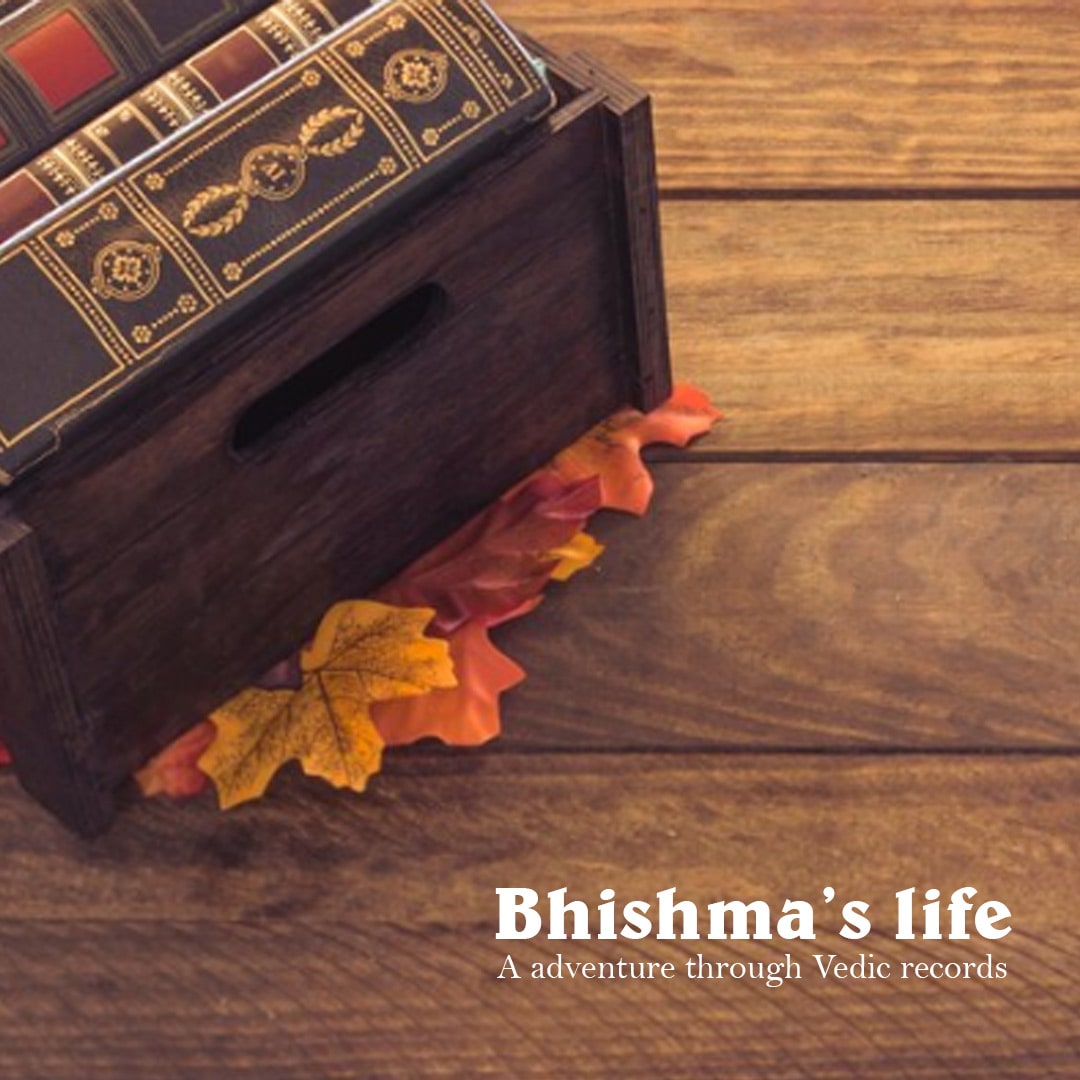
Bhishma’s life: A adventure through Vedic records
Feb 13, 2025 5 min read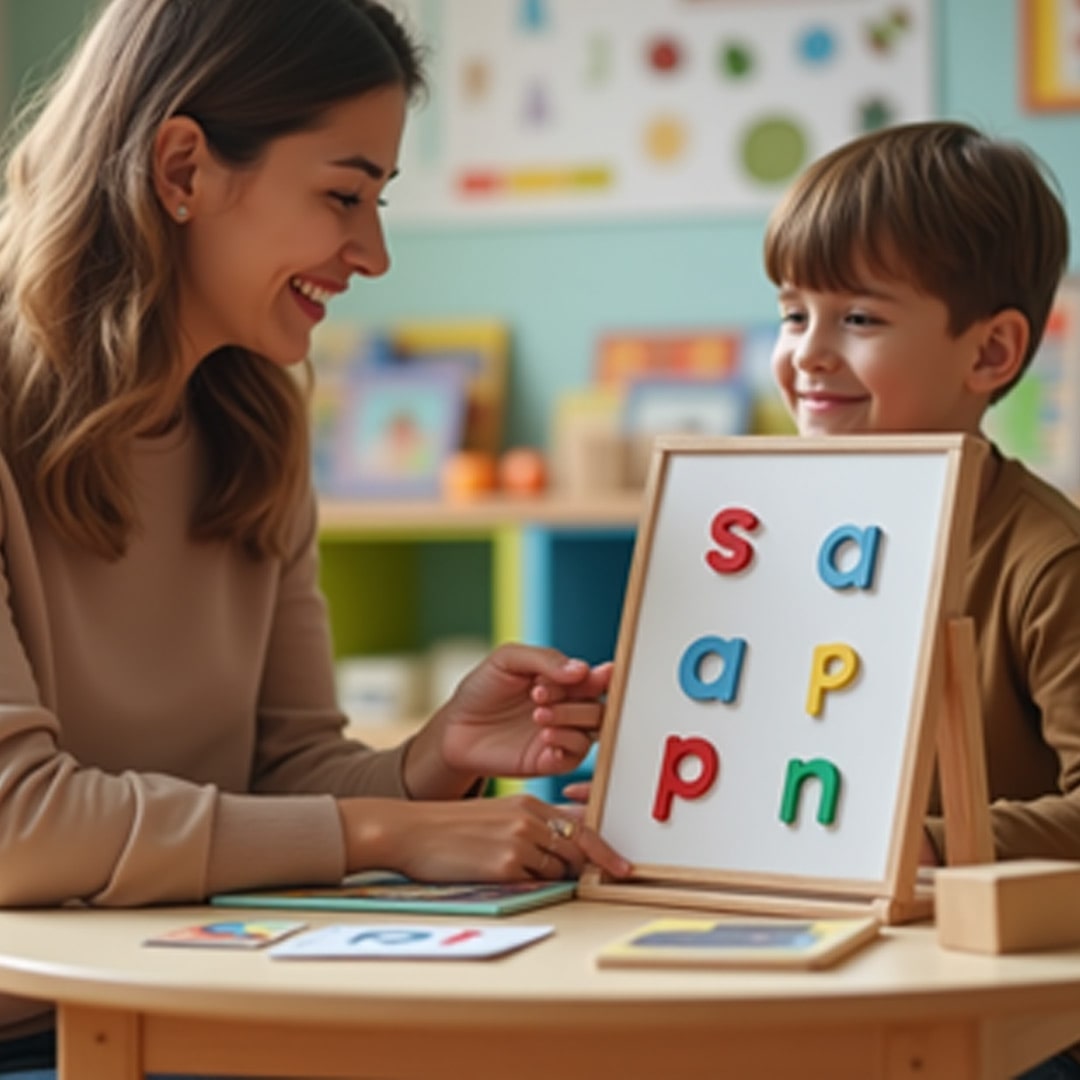
Why Your Child Needs Phonics Class: A Parent's Guide to Reading Success
Feb 17, 2025 5 min read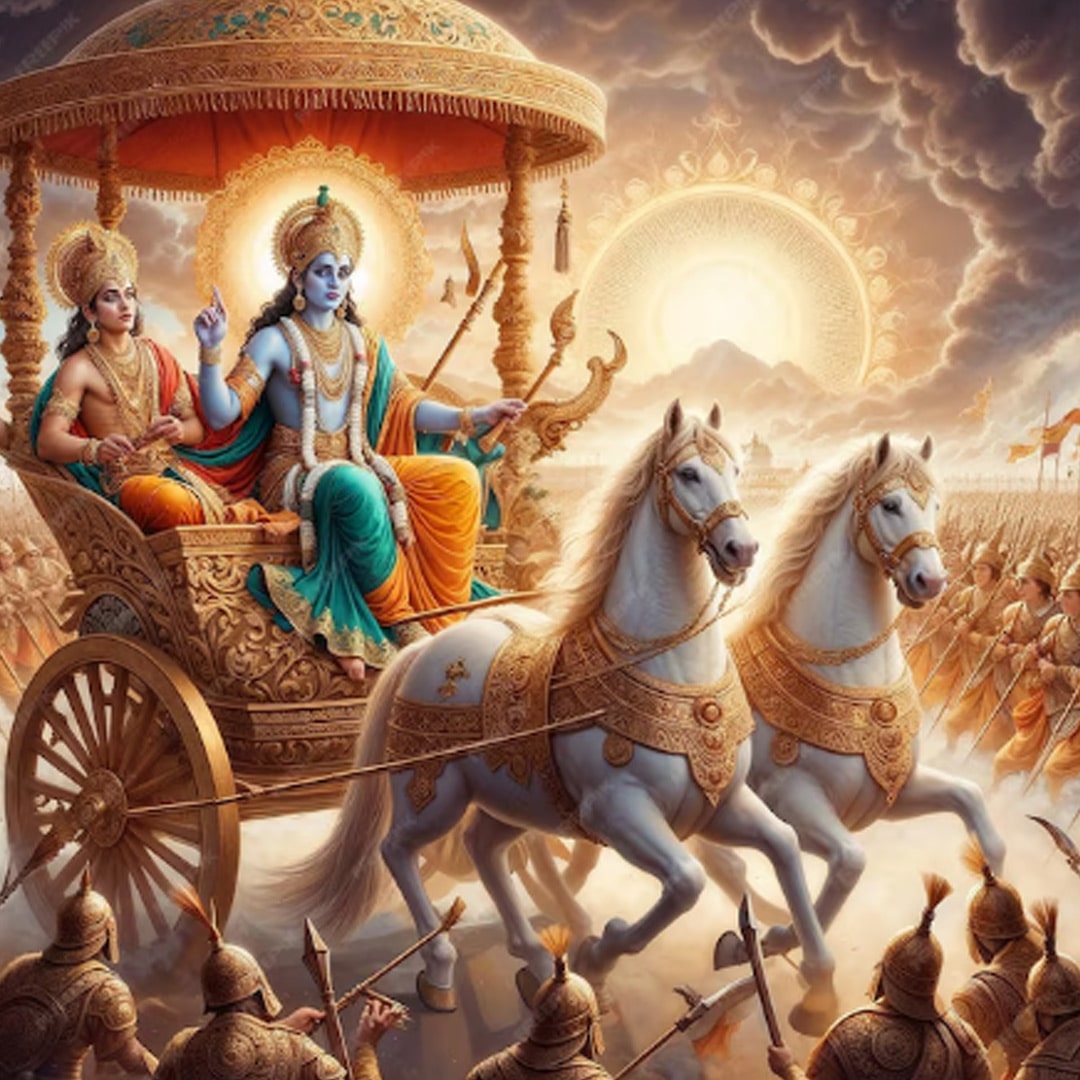
What You Own Owning You: A Bhagavad Gita Perspective
Feb 24, 2025 5 min read
100+ Powerful & Beautiful Sanskrit Words with Meaning
Feb 24, 2025 5 min read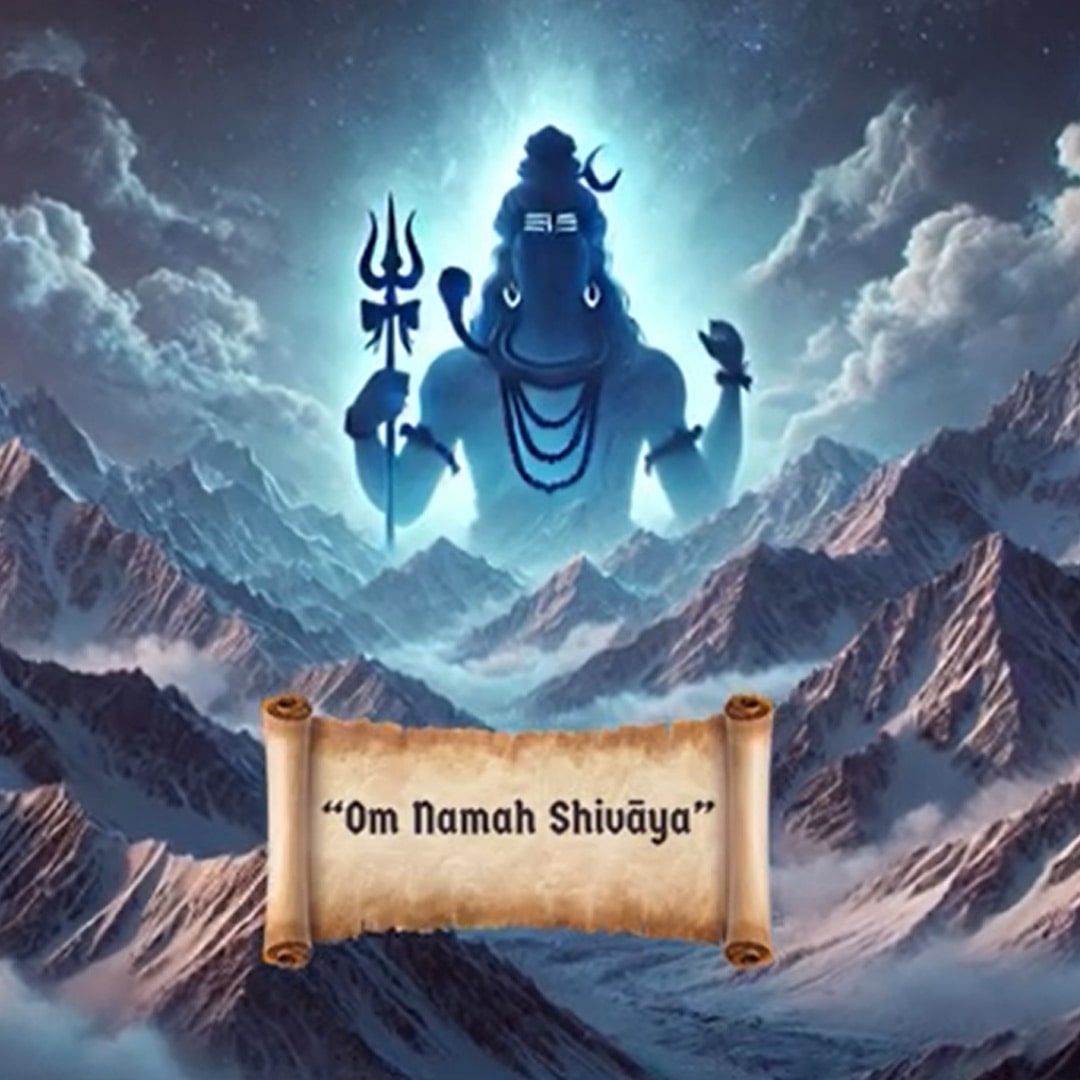
Why Both Gods and Asuras Worship Lord Shiva
Feb 28, 2025 5 min read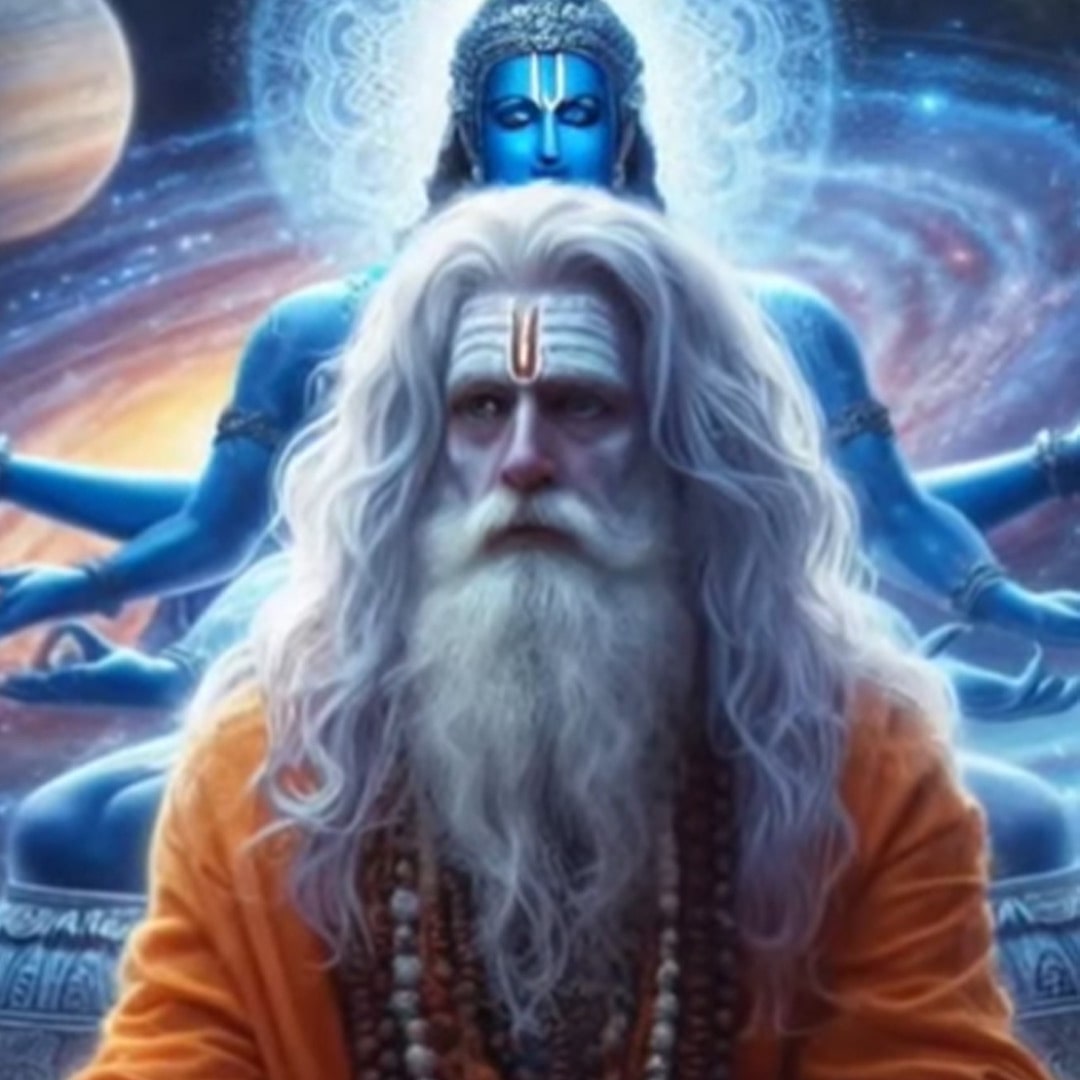
Guru Purnima- celebrating the Vyasa Purnima
Feb 28, 2025 5 min read
Bhaskara II - The Great Indian Mathematician
Mar 13, 2025 5 min read
Two-to-Four-Syllable Words with Short Vowels and Schwa
Mar 17, 2025 5 min read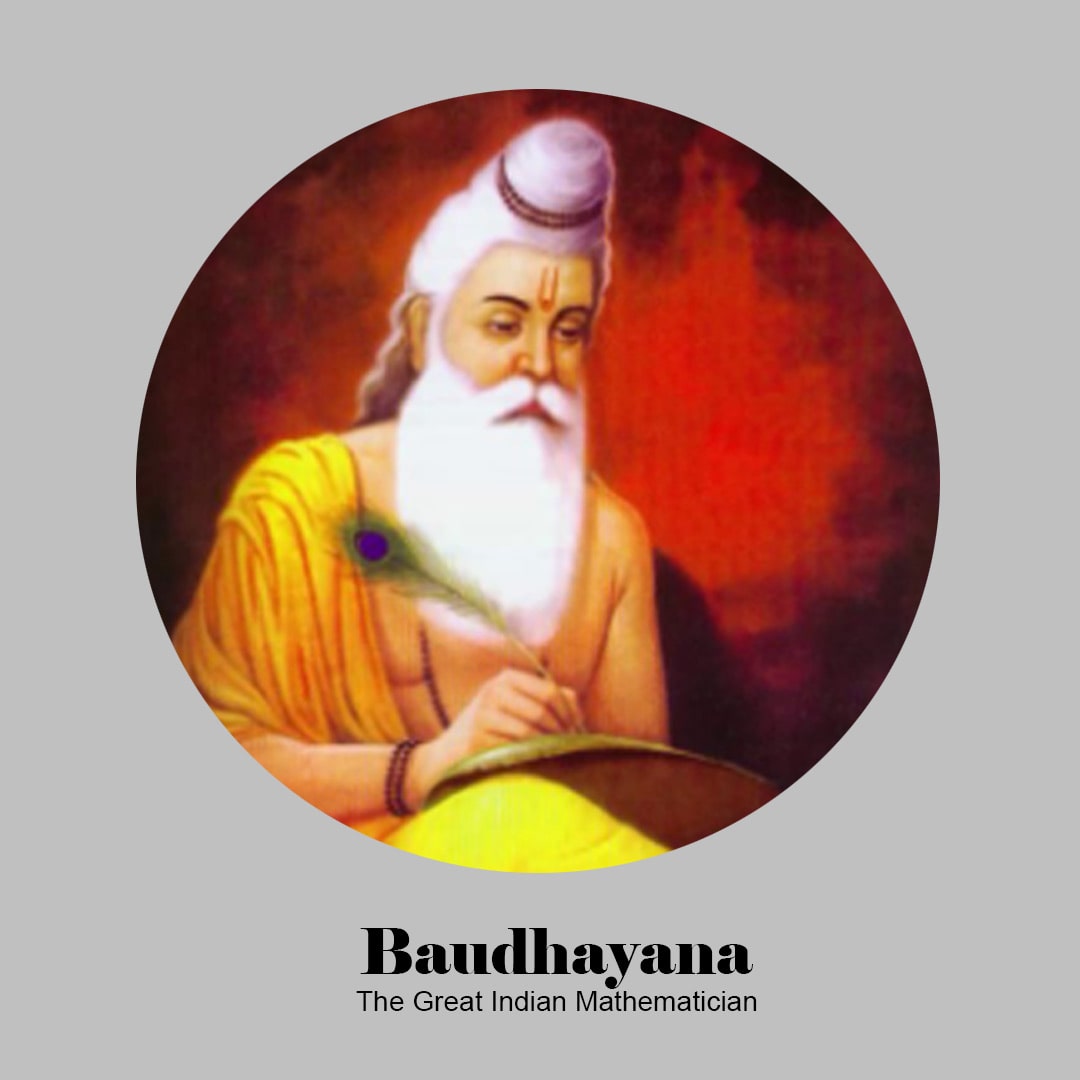
Baudhayana | The Great Indian Mathematician
Mar 22, 2025 5 min read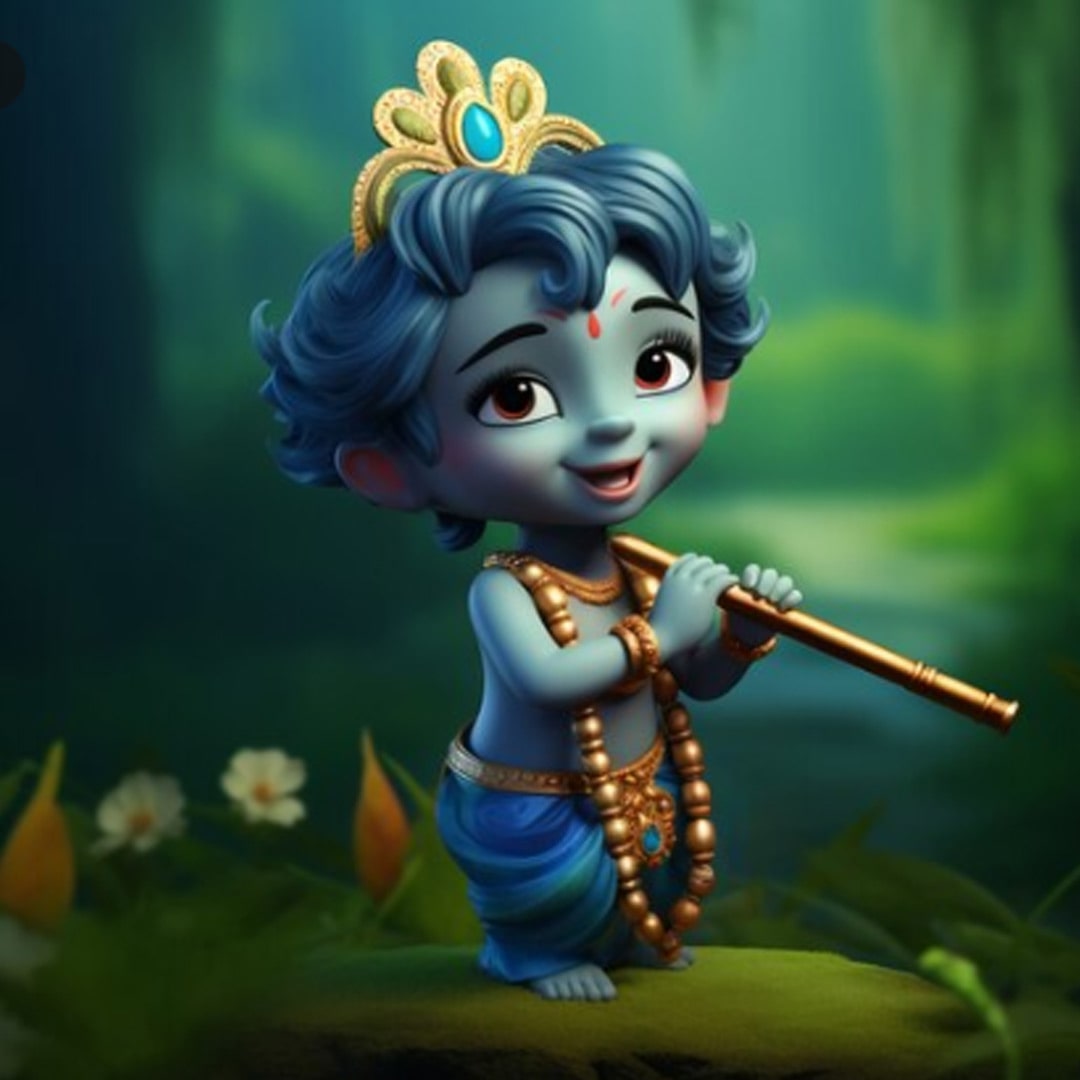
Top 5 Short Stories from the Mahabharata for Kids
Mar 25, 2025 5 min read
Top 10 Best Lord Krishna Stories With Moral for Kids
Mar 28, 2025 5 min read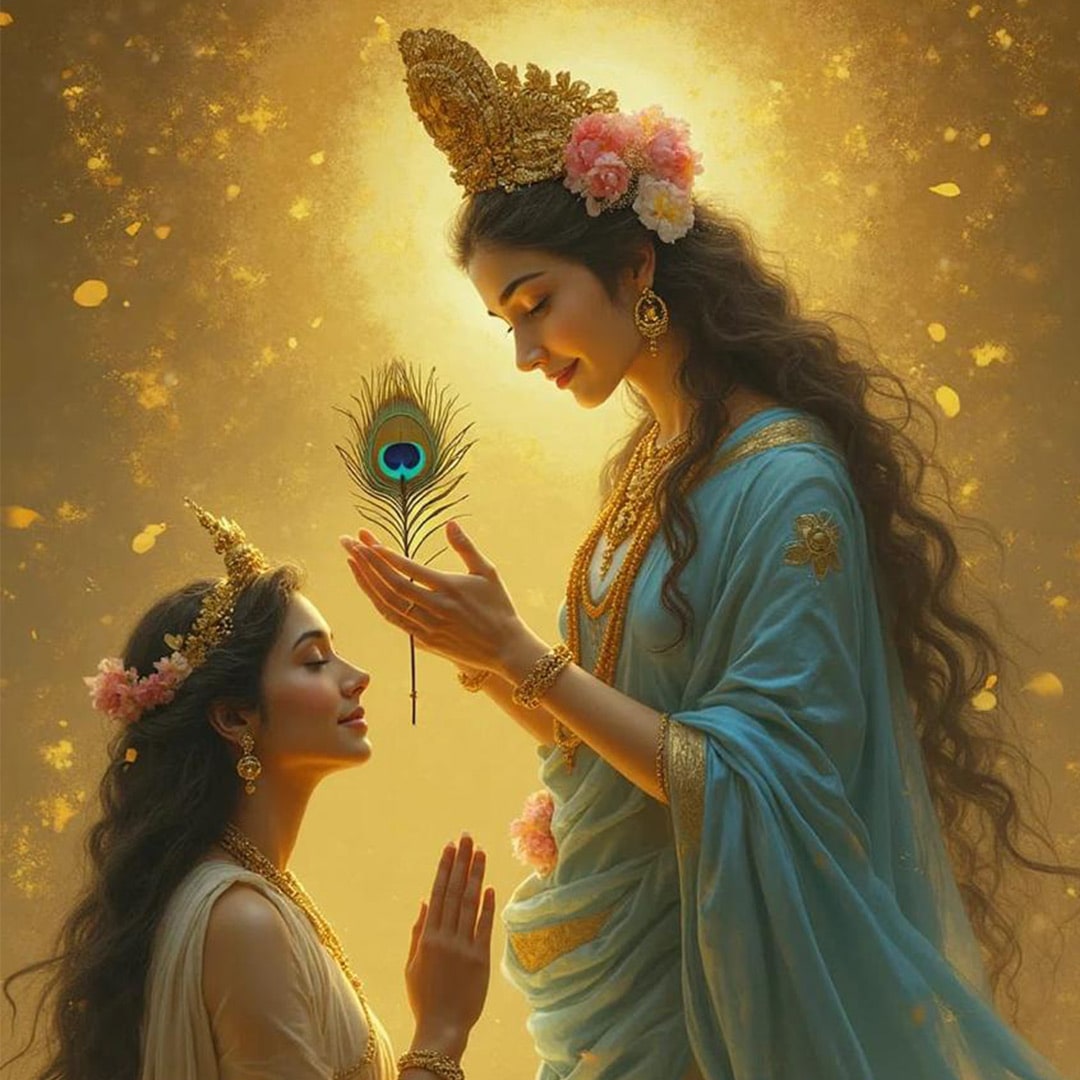
Radha Rani: The Queen of Devotion
Apr 02, 2025 5 min read
Top 10 Bhagavad Gita Shlokas Every Child Should Know (With Meaning)
Apr 17, 2025 5 min read
5 Bhagavad Gita Quotes That Educate Children on Responsibility and Friendship
Apr 18, 2025 5 min read
Why reading Bhagavad Gita helps in building strong values in kids
Apr 23, 2025 5 min read
The Legend of Manasi Ganga and the Devotion of the Gopas
Apr 25, 2025 5 min read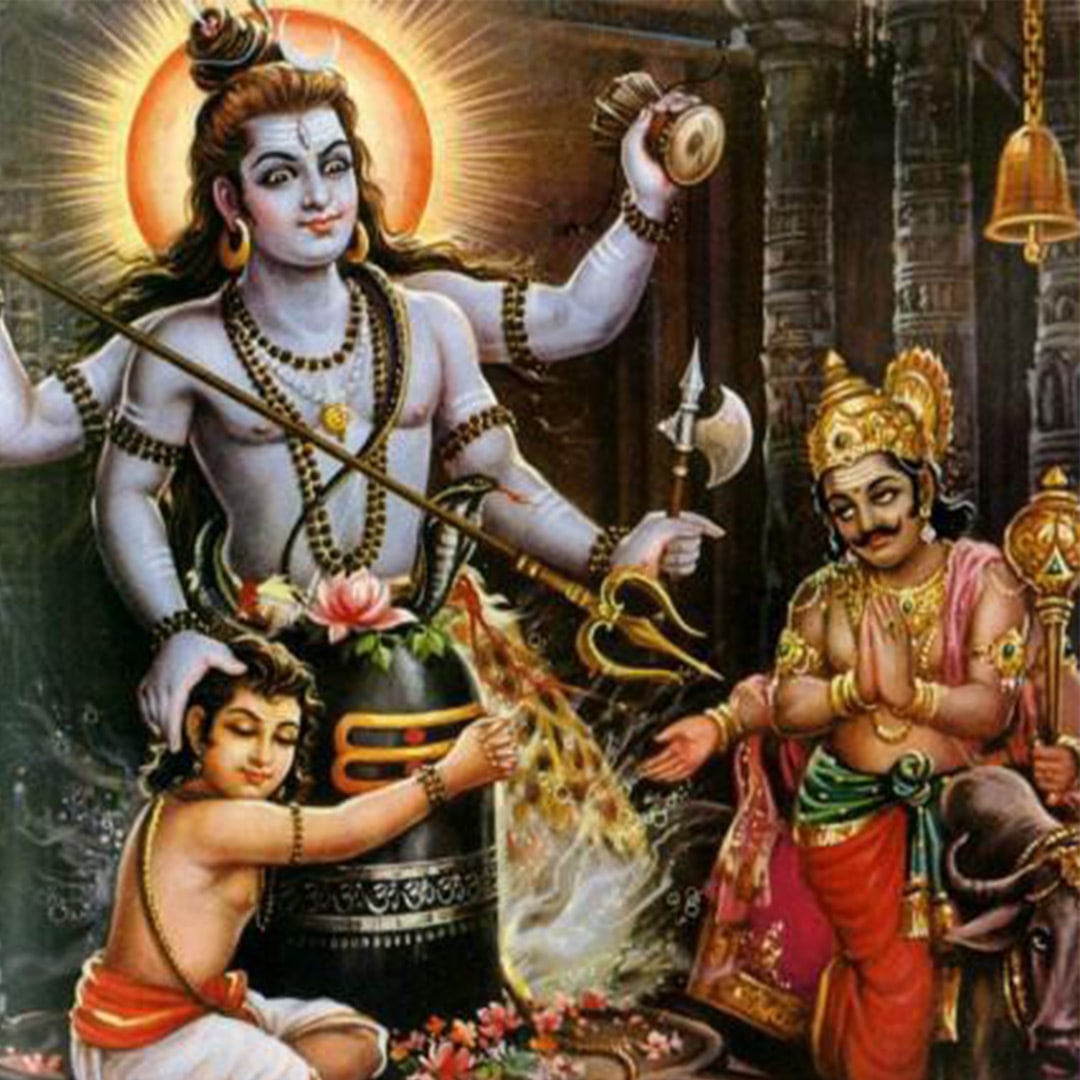
The Story of Markandeya and Lord Shiva: Sage Markandeya winning over death
Apr 25, 2025 5 min read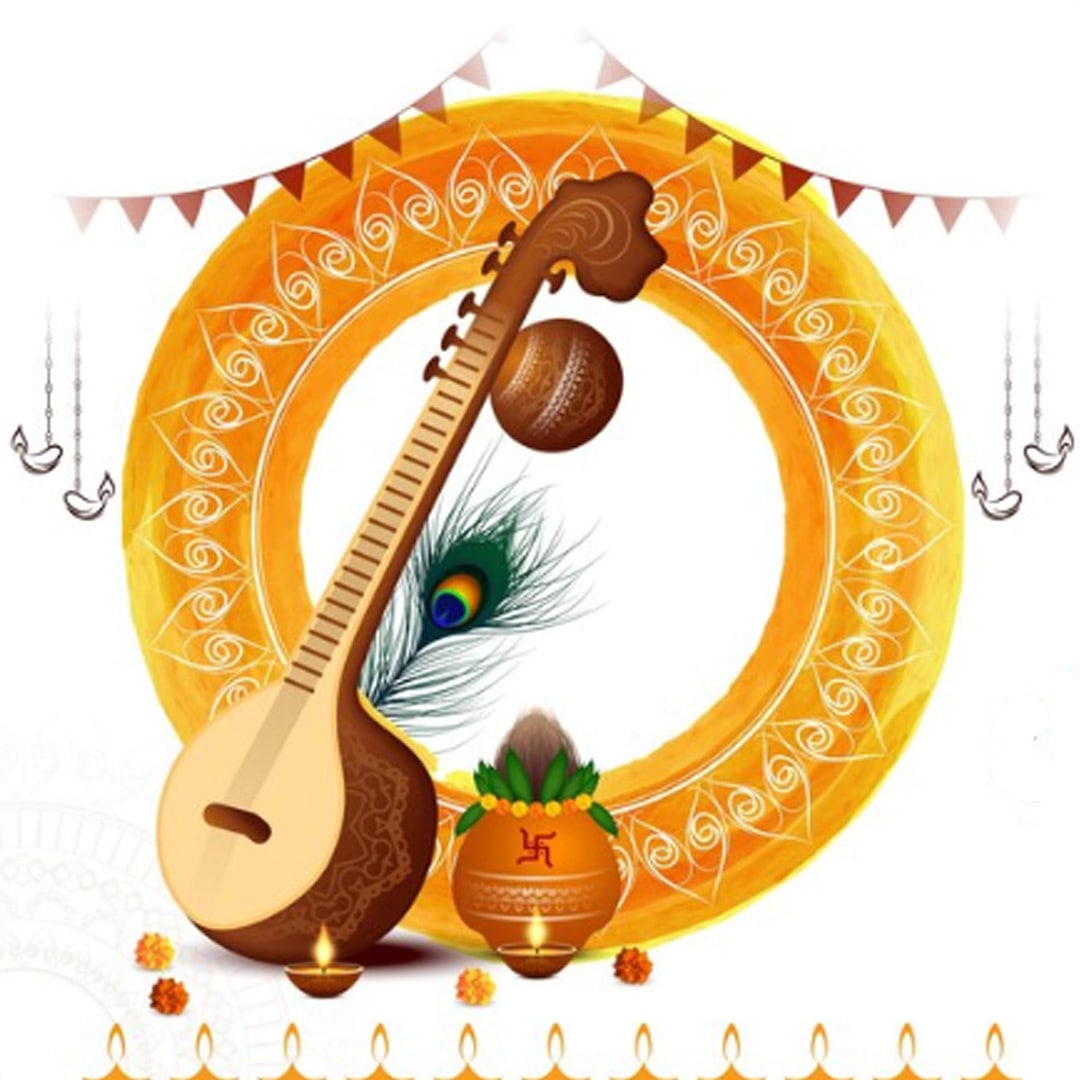
The Part of Narada Muni in the Fall of Kamsa
Apr 26, 2025 5 min read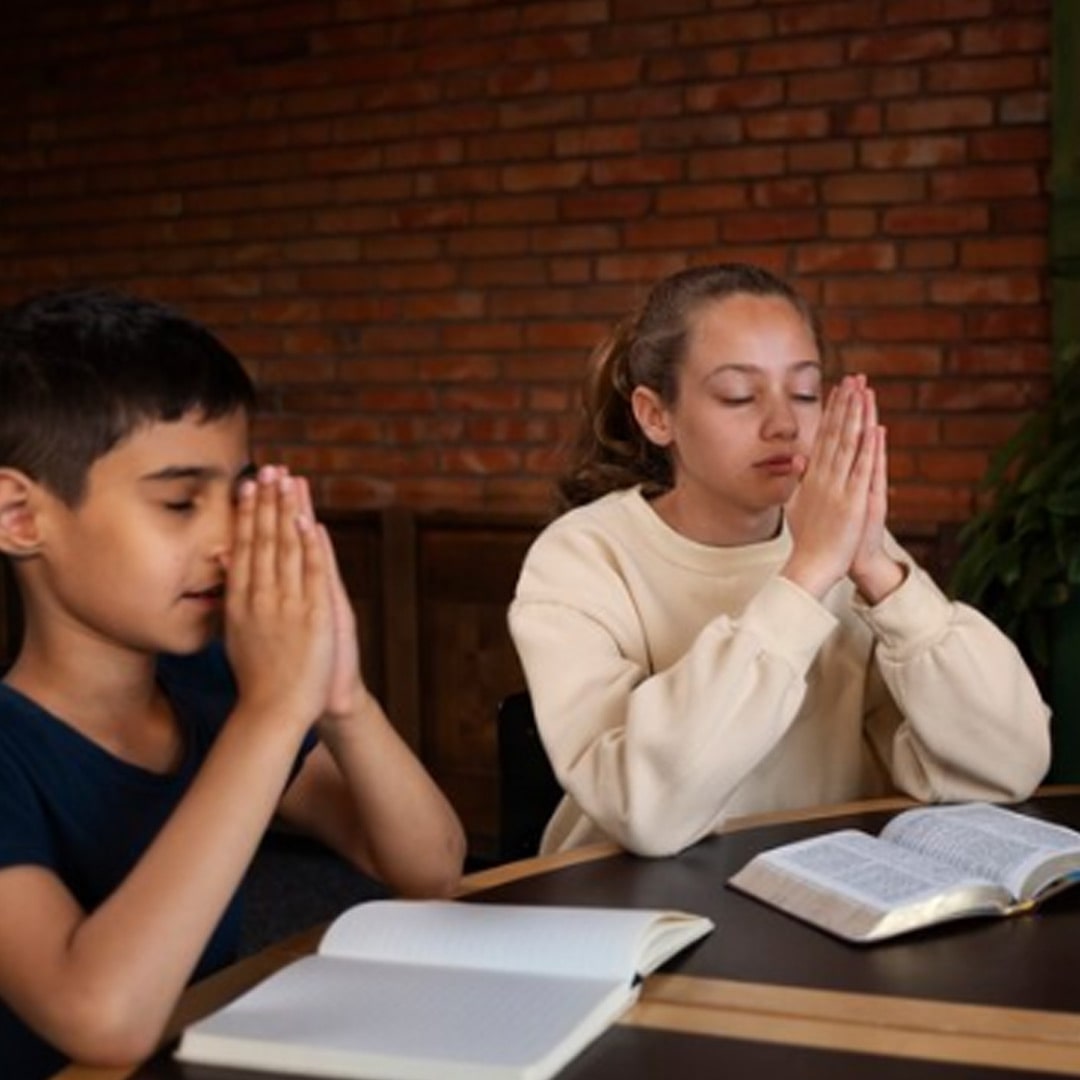
How to Introduce the Bhagavad Gita to Your Child (By Age Group)
Apr 30, 2025 5 min read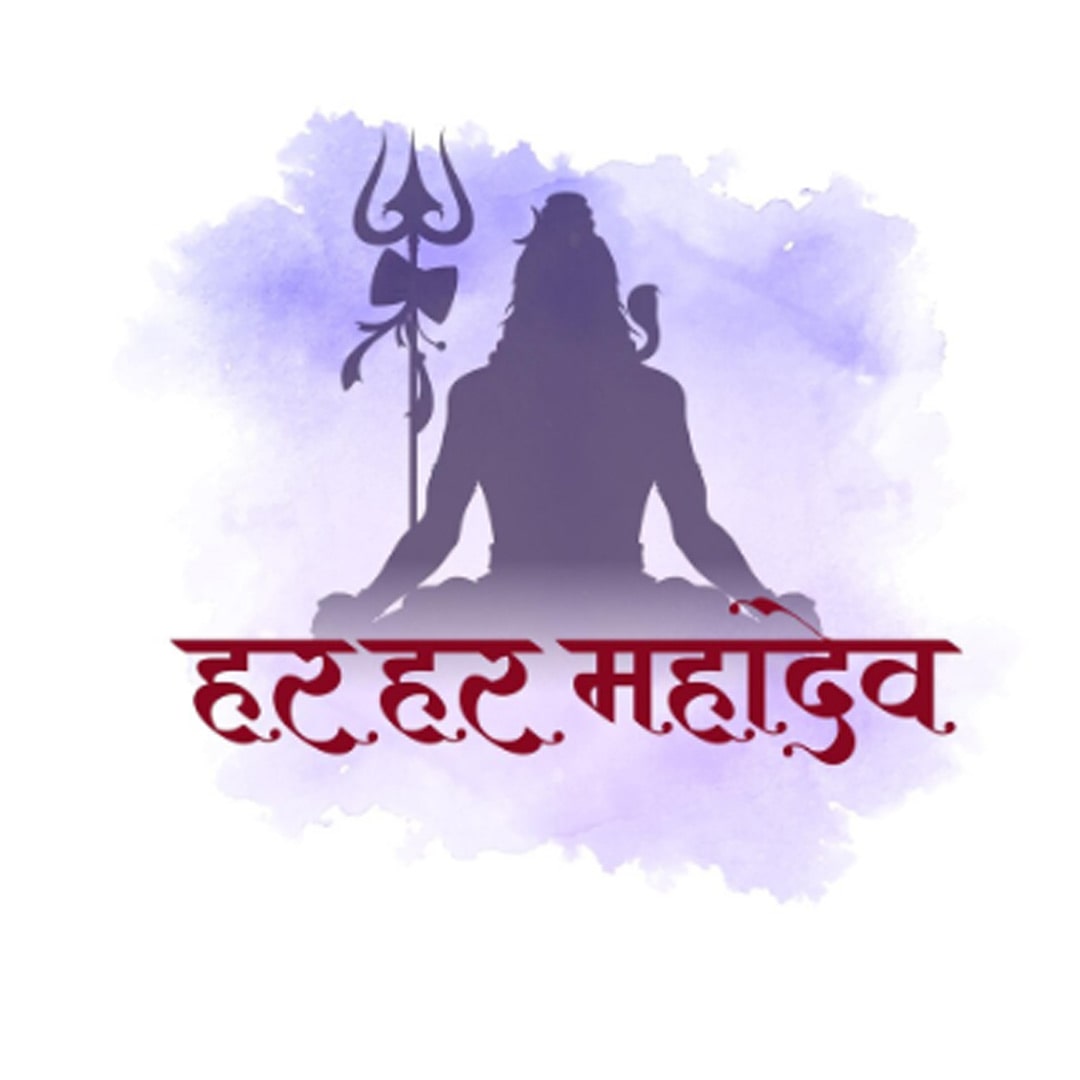
How to Celebrate Lord Shiva on Mahashivratri: A Complete Guide
May 26, 2025 5 min read
Tulsi Vivah: Festival of Holy Matrimony
May 26, 2025 5 min read
What Is the Bhagavad Gita? A Simple Explanation for Kids
May 27, 2025 5 min read
AM and PM – Definition, Examples, FAQs, Practice Problems
May 29, 2025 5 min read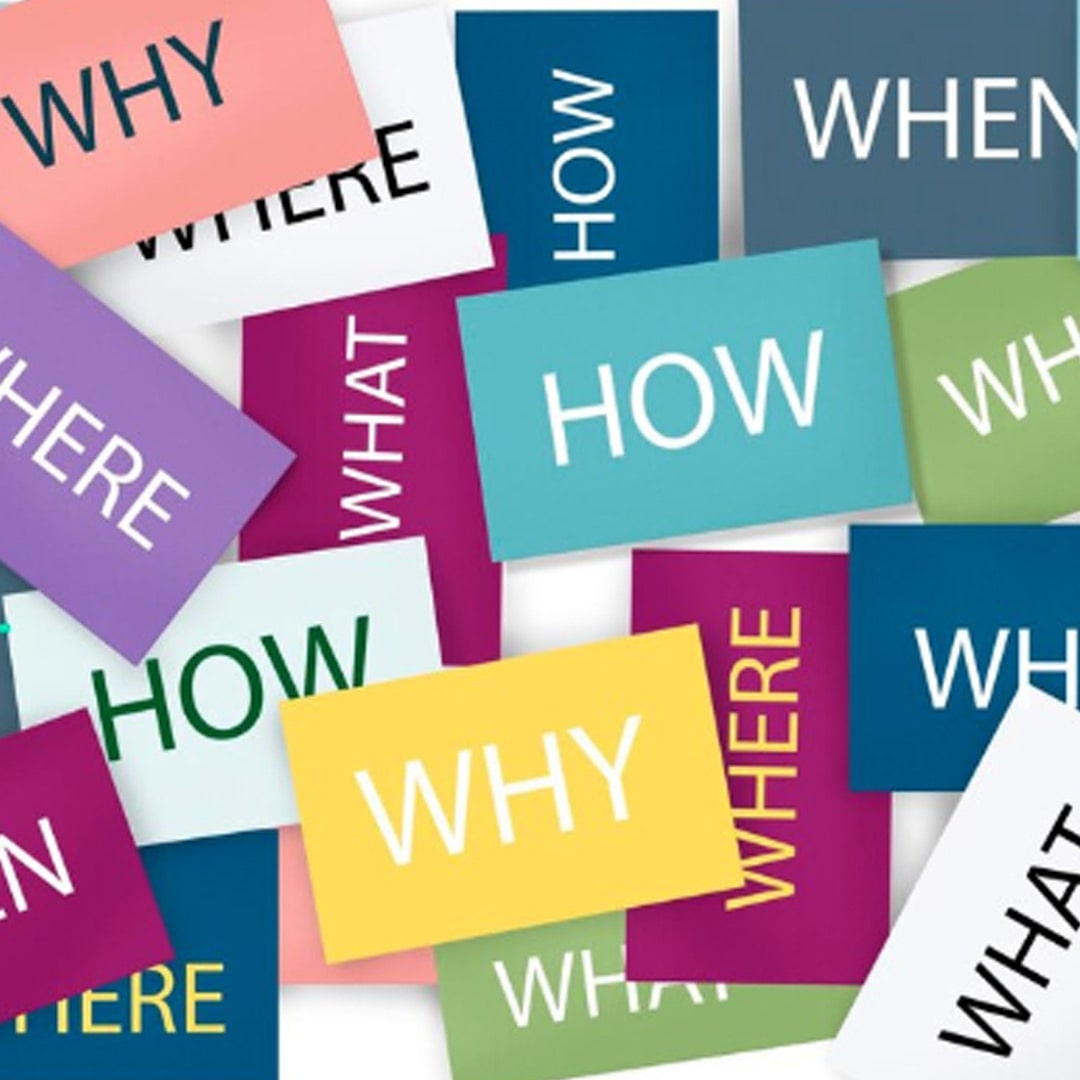
English Grammar Adverbs for Class 7
May 31, 2025 5 min read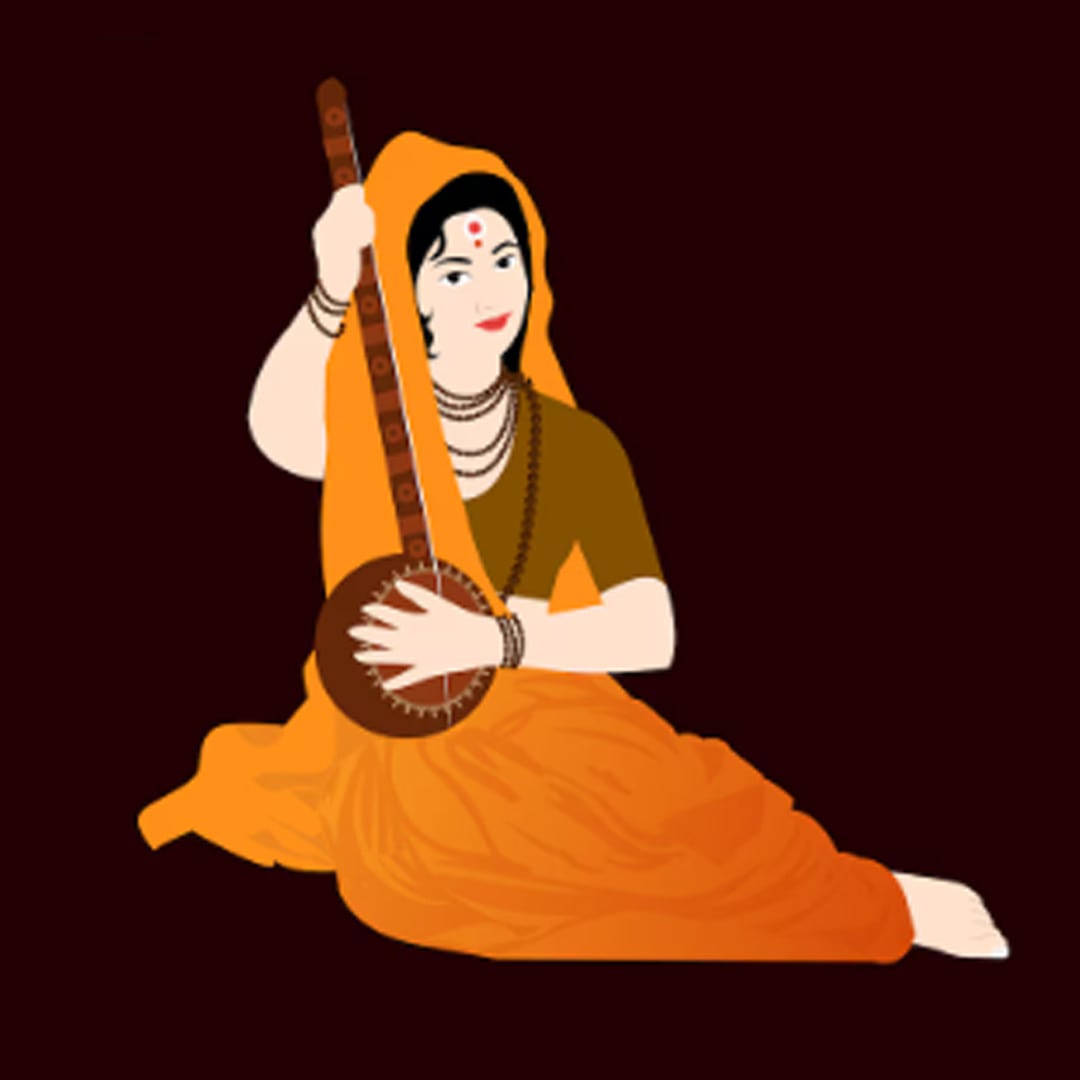
The Life of Meera Bai: A Journey of Devotion, Love and Divine Union
May 31, 2025 5 min read
Govardhan Puja - Significance and Celebration Tips
May 31, 2025 5 min read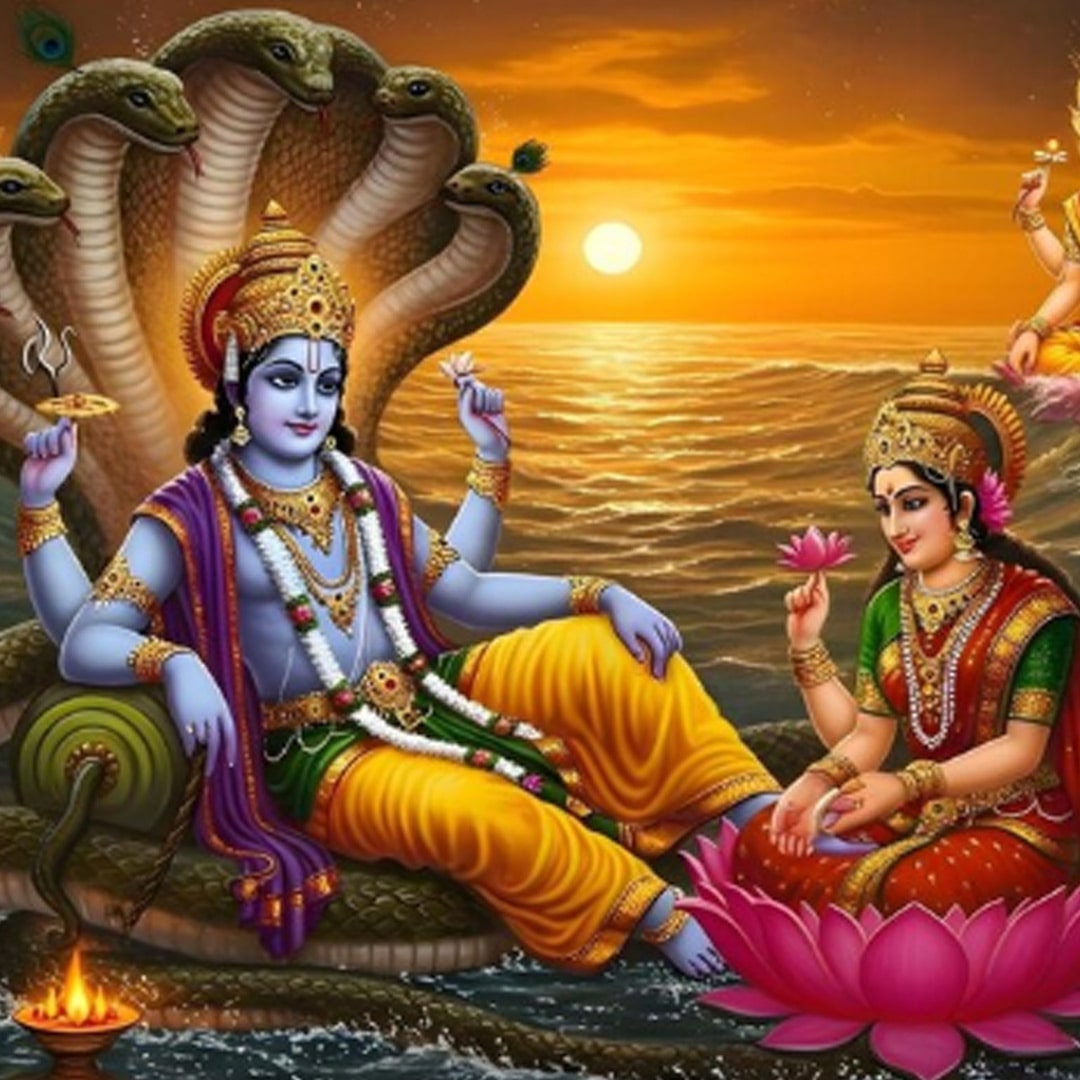
Vishnu Sahasranamam in English
May 31, 2025 5 min read
The Divine Story of Goddess Parvati and Lord Shiva: A Journey of Devotion, Destiny, and Austerities
May 31, 2025 5 min read
The Personality of Vidur in the Mahabharata: A Symbol of Dharma and Wisdom
Jun 26, 2025 5 min read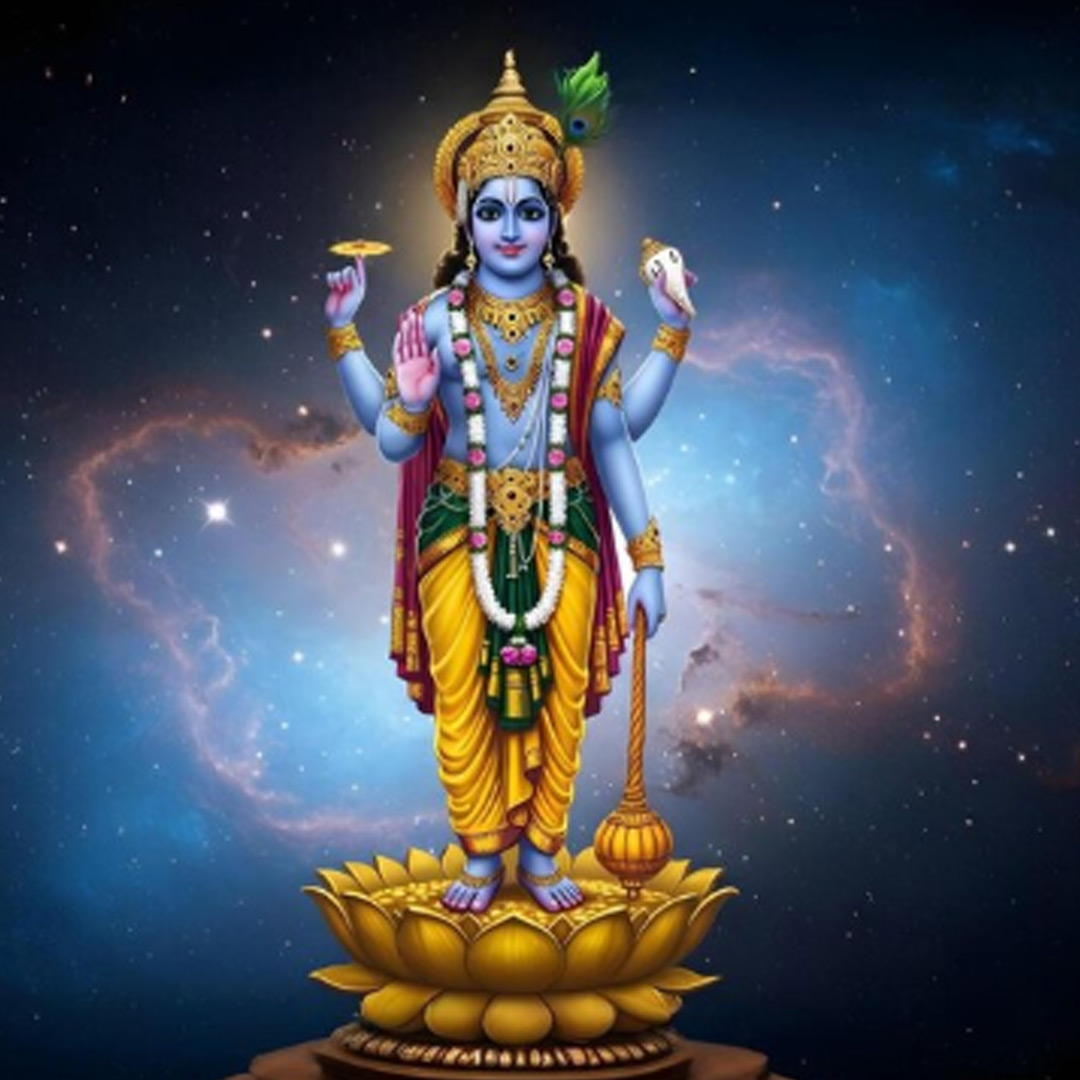
10 Important Life Lessons To Learn from Lord Vishnu’s Dashavatar
Jun 30, 2025 5 min read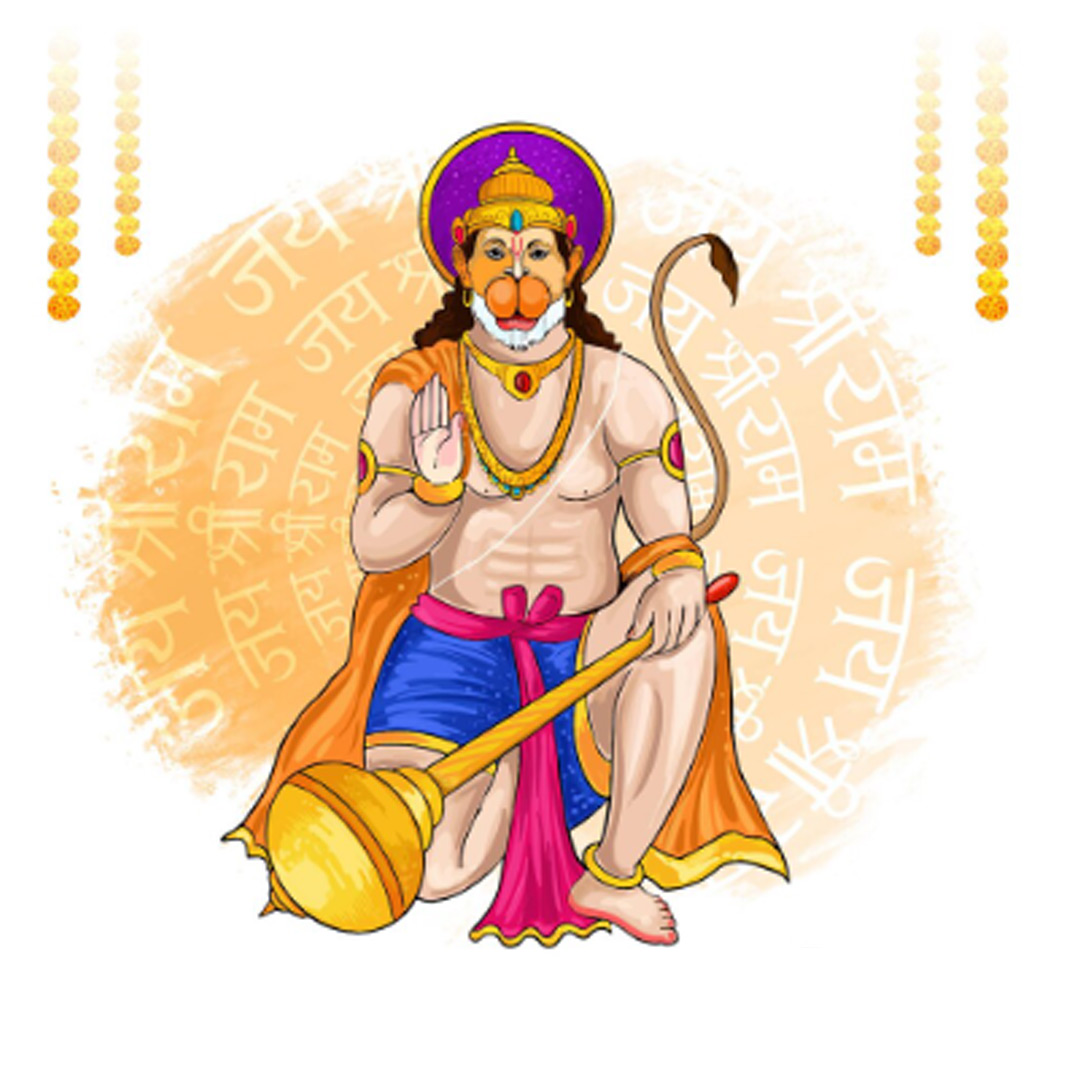
Hanuman Chalisa: Meaning, Benefits, and Spiritual Significance
Jun 30, 2025 5 min read
What are the benefits of chanting Lingashtakam
Jun 30, 2025 5 min read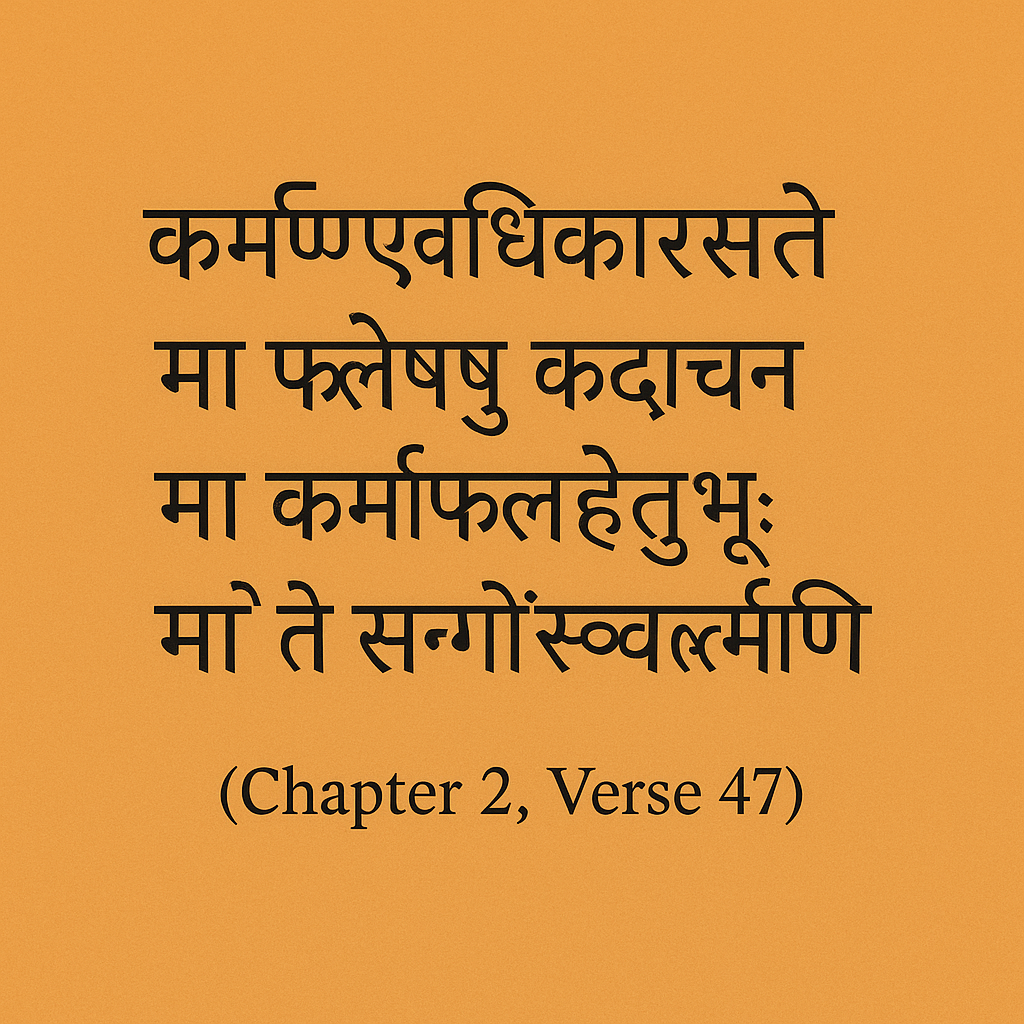
Top 10 Quotes From Lord Krishna in Bhagavad Gita
Jul 29, 2025 5 min read
The Beginning of Kali Yuga: Parikshit's Curse and the Rise of Darkness
Jul 29, 2025 5 min read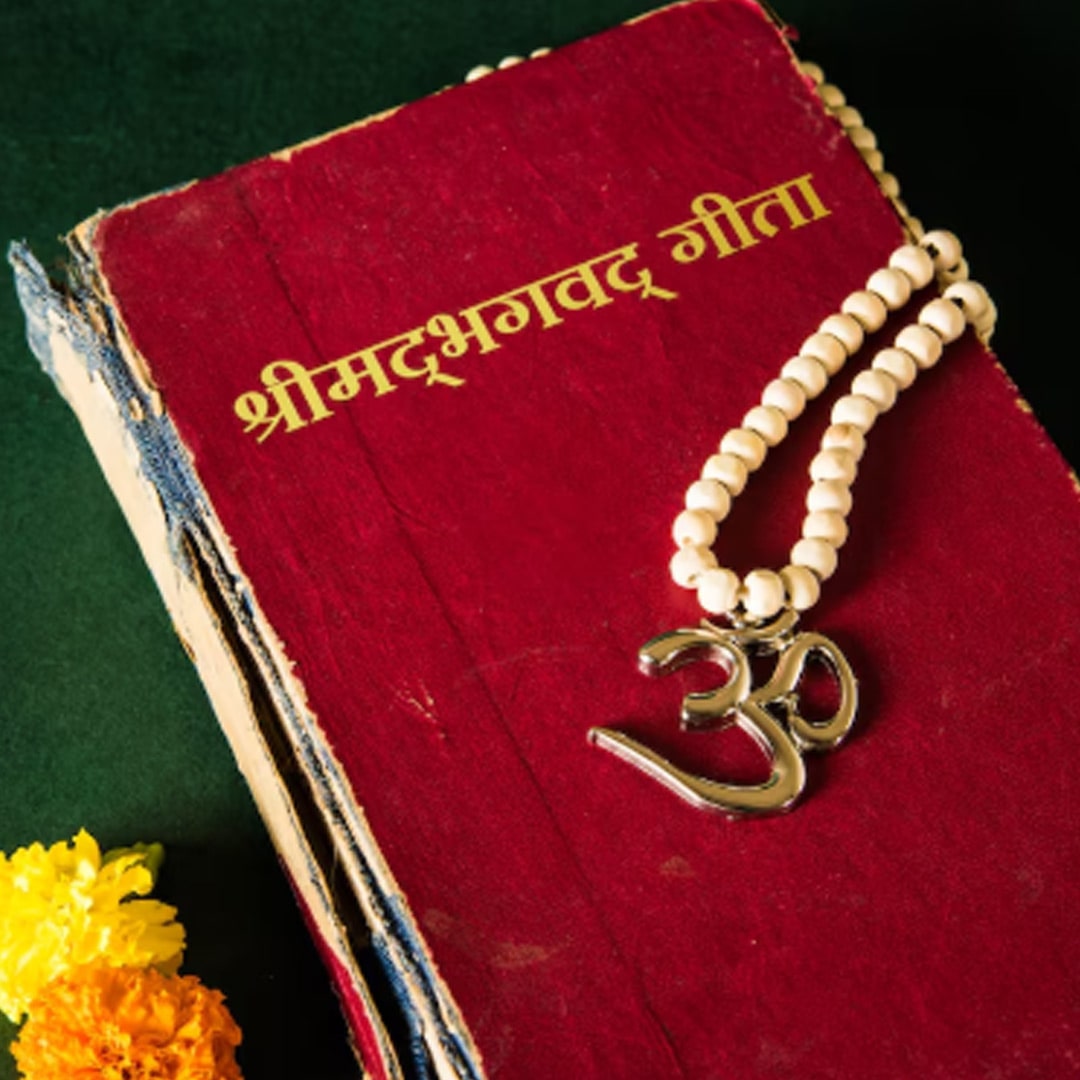
5 Basic Truths of Bhagwad Gita
Jul 30, 2025 5 min read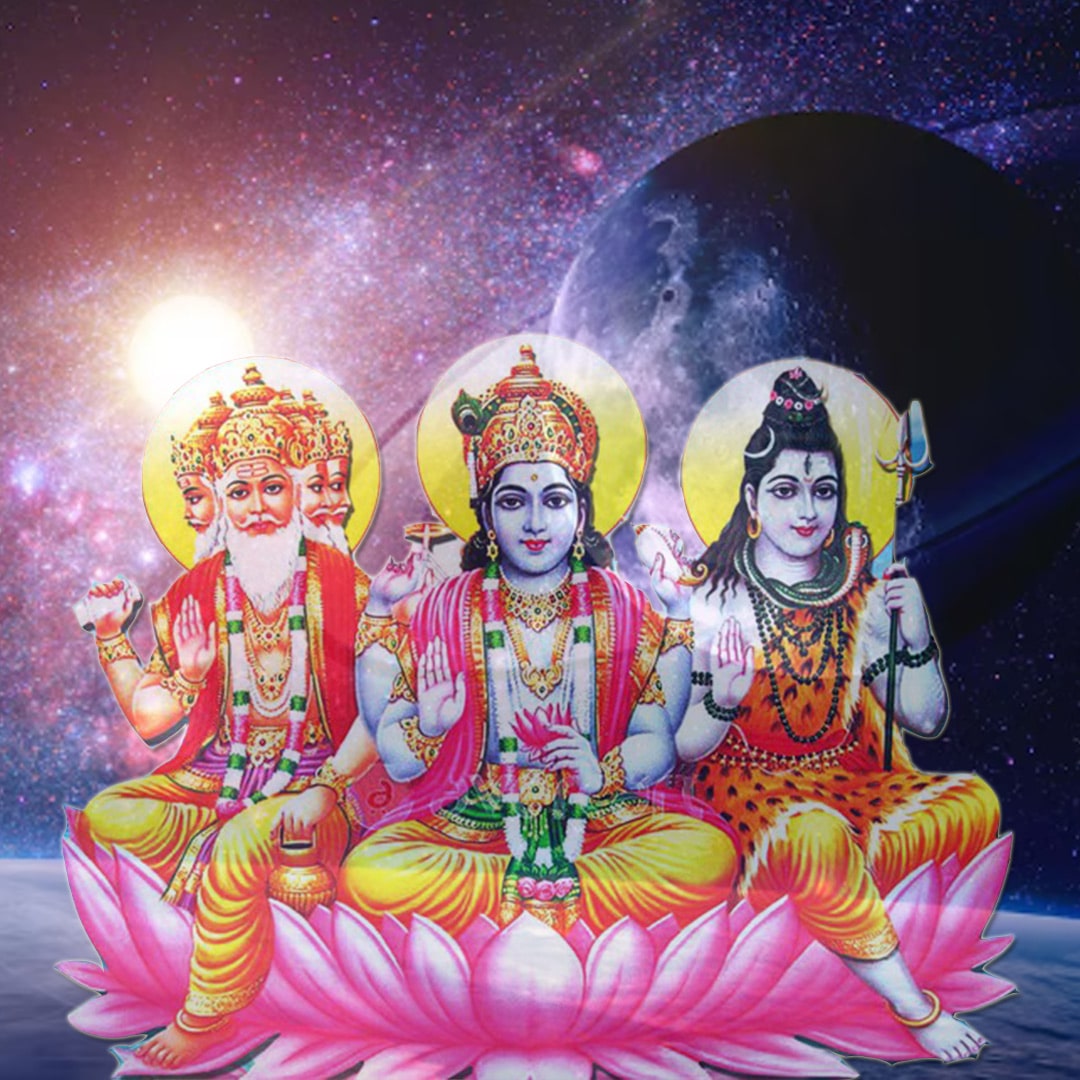
Who is Worshipped First: Brahma, Vishnu, or Mahesh?
Jul 30, 2025 5 min read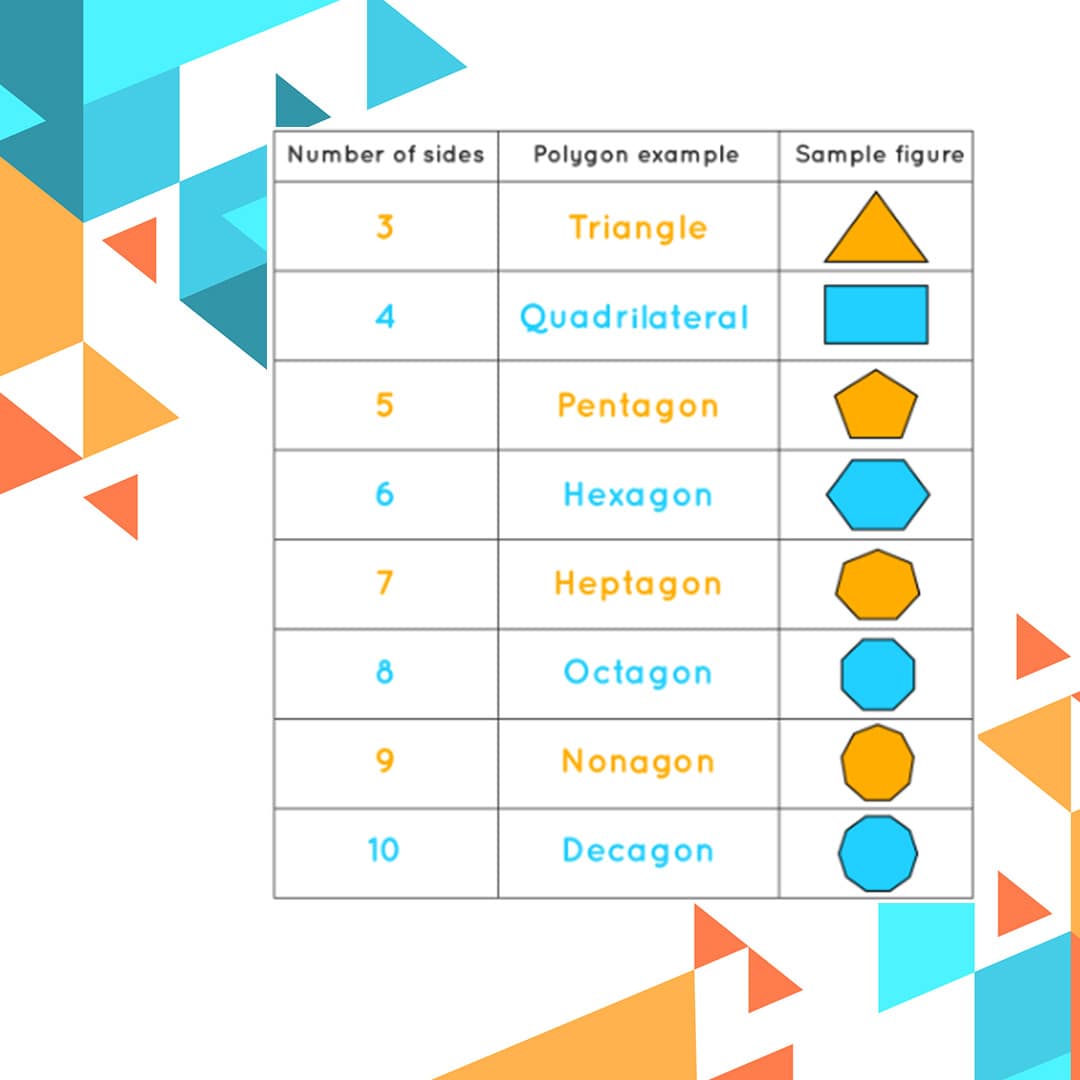
Polygon – Shape, Types, Formulas, Examples
Jul 30, 2025 5 min read
Reading Comprehension Passages for Class 3
Aug 14, 2025 5 min read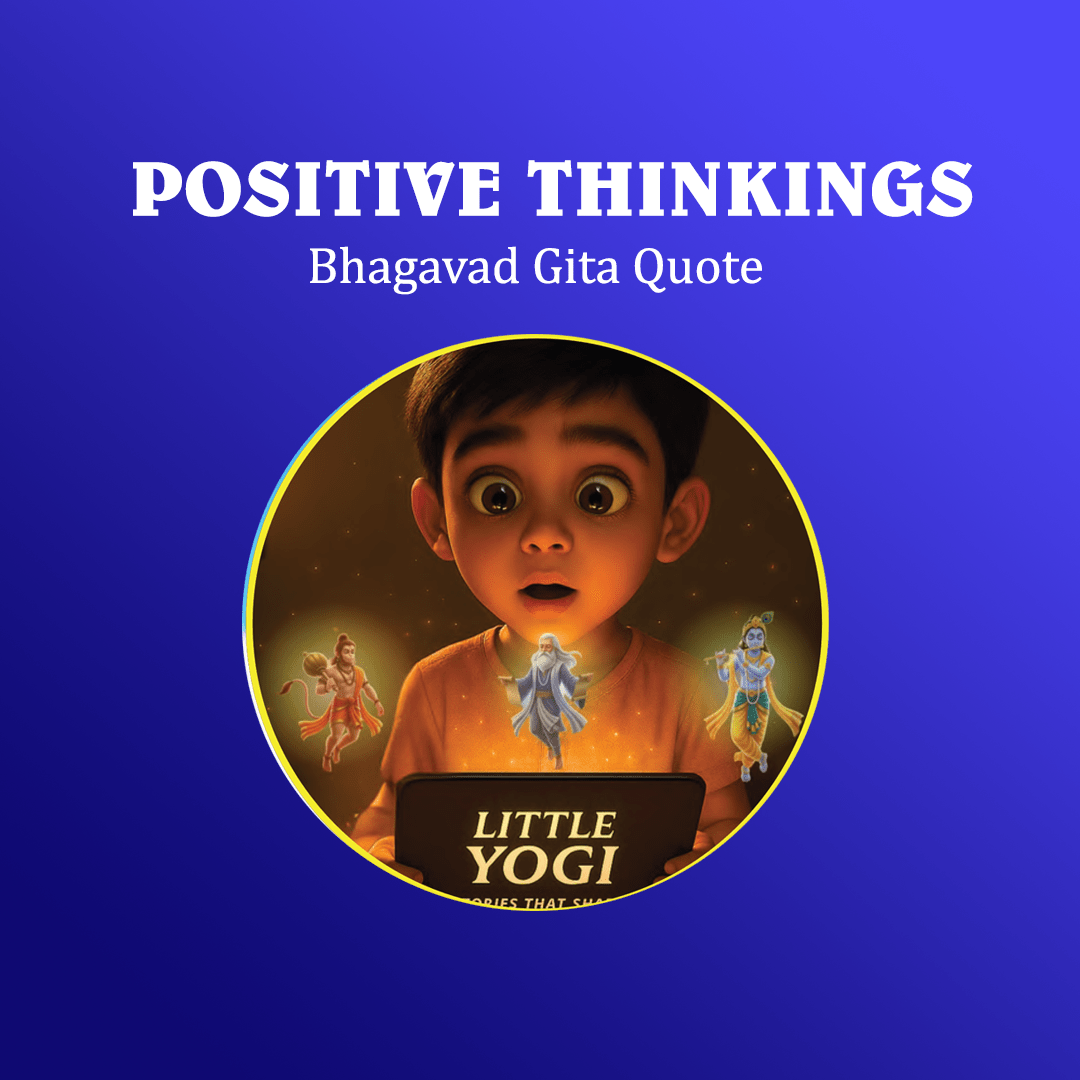
Positive Thinking Bhagavad Gita Quotes
Aug 30, 2025 5 min read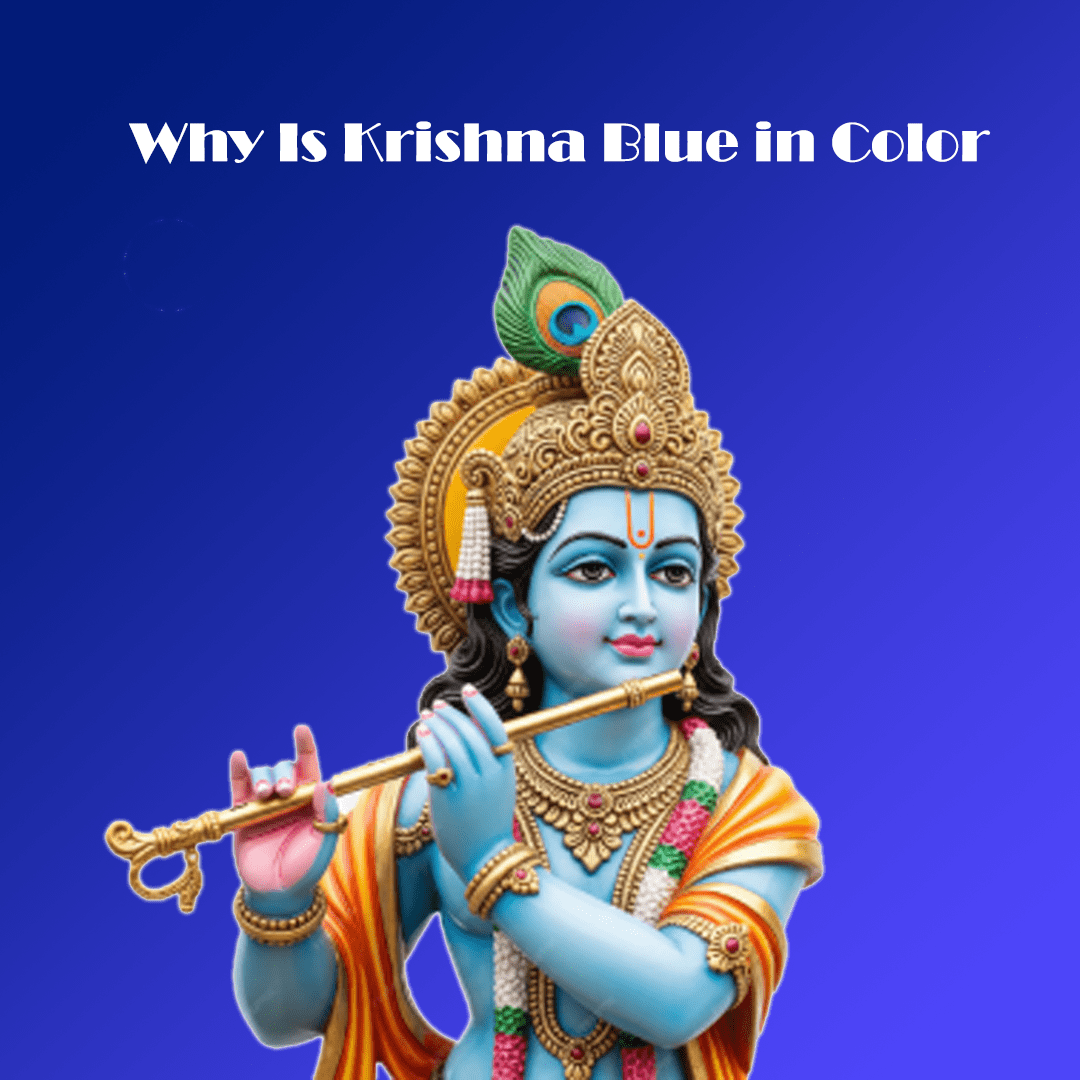
Why Is Krishna Blue in Color?
Sep 29, 2025 5 min read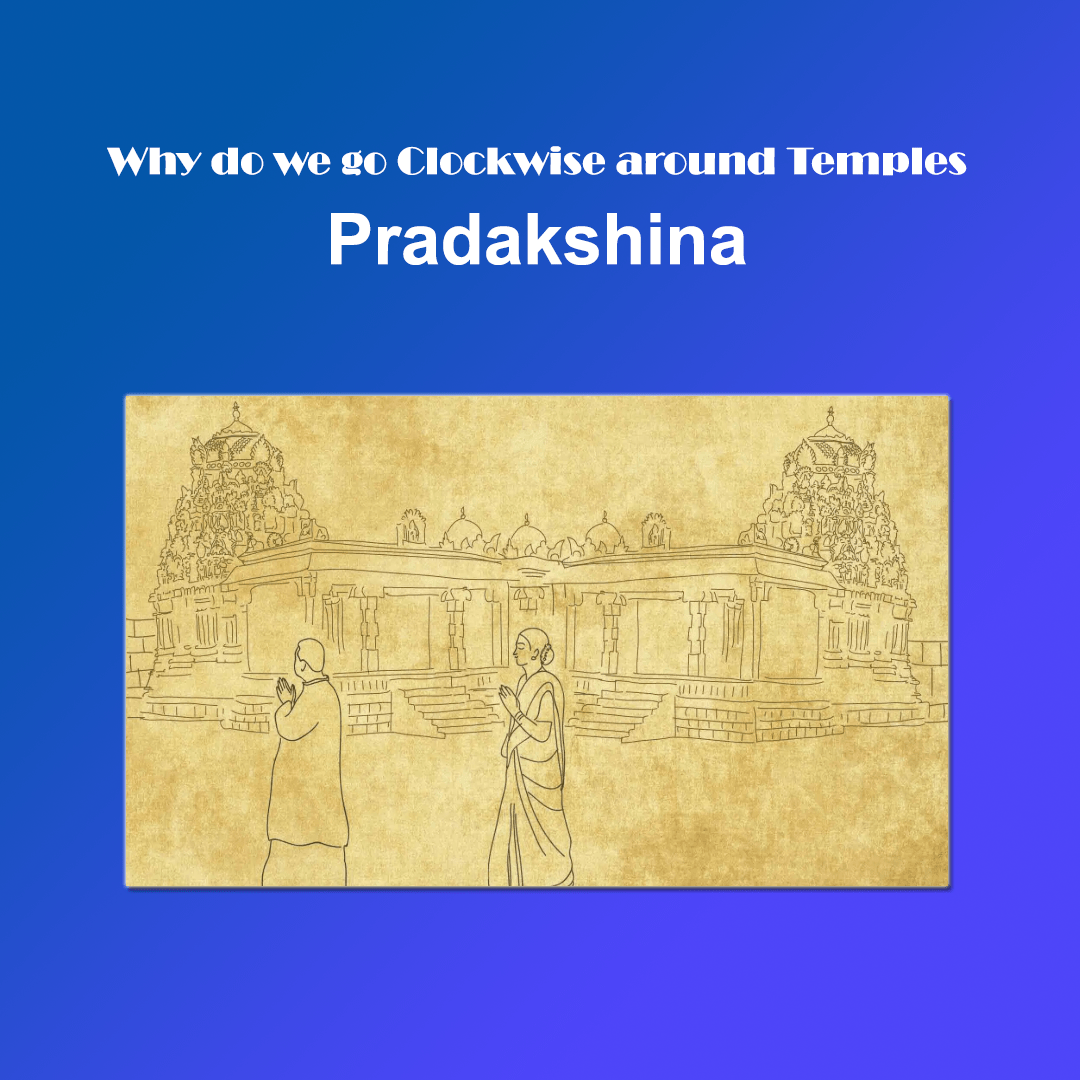
Why do we go Clockwise around Temples: Pradakshina
Sep 30, 2025 5 min read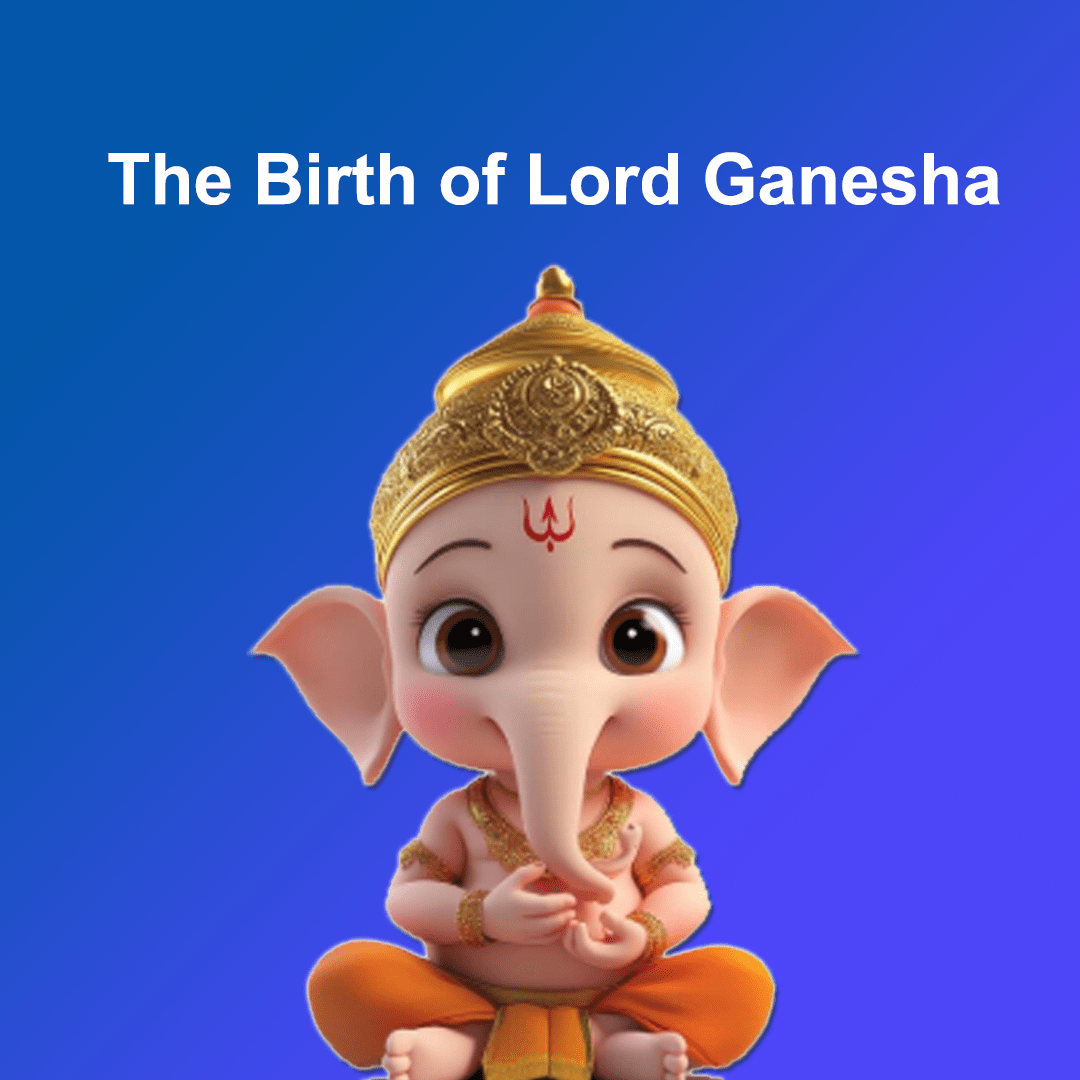
The Birth of Lord Ganesha
Sep 30, 2025 5 min read
Dussehra or Vijayadashami - Why Do We Celebrate It?
Sep 30, 2025 5 min read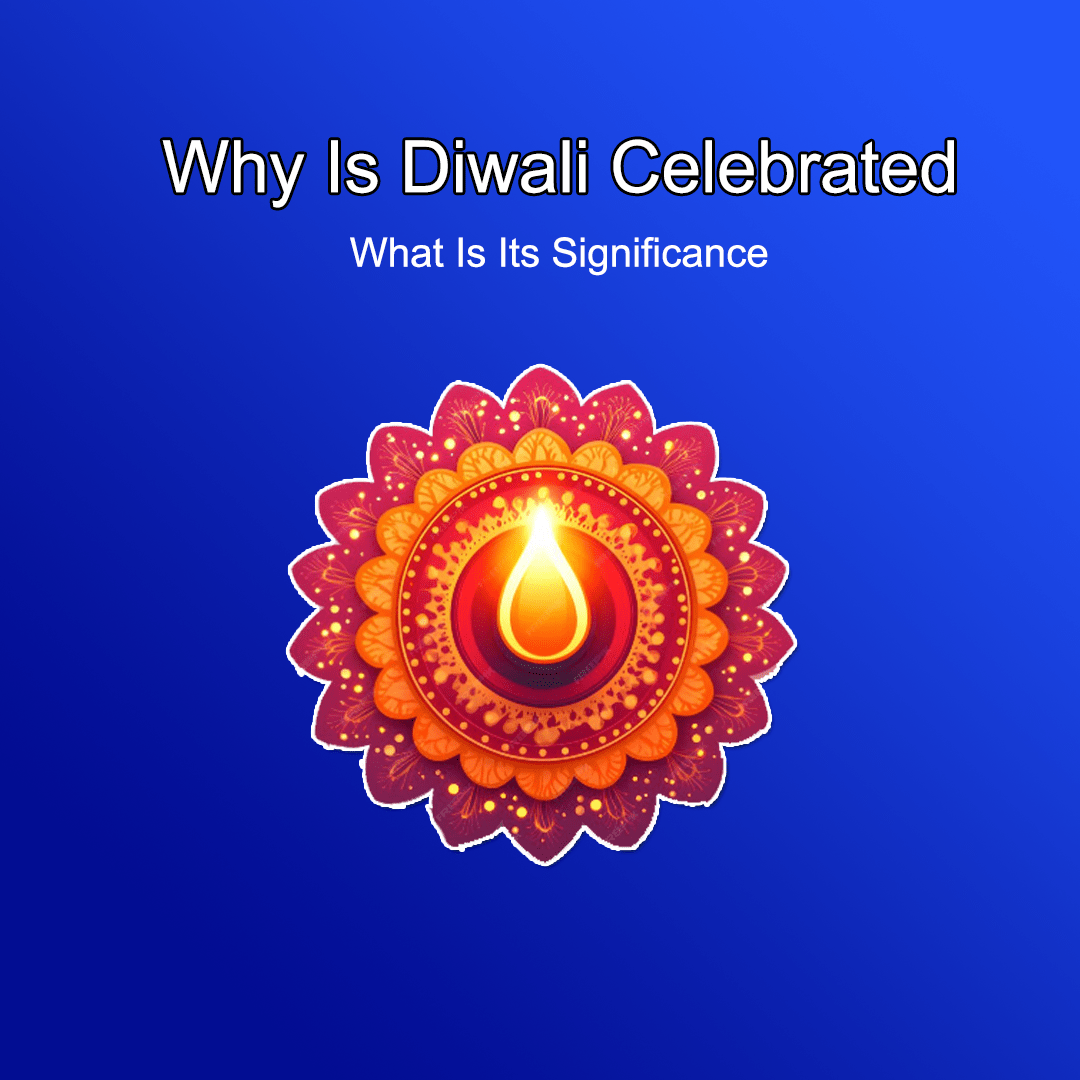
Why Is Diwali Celebrated and What Is Its Significance?
Oct 18, 2025 5 min read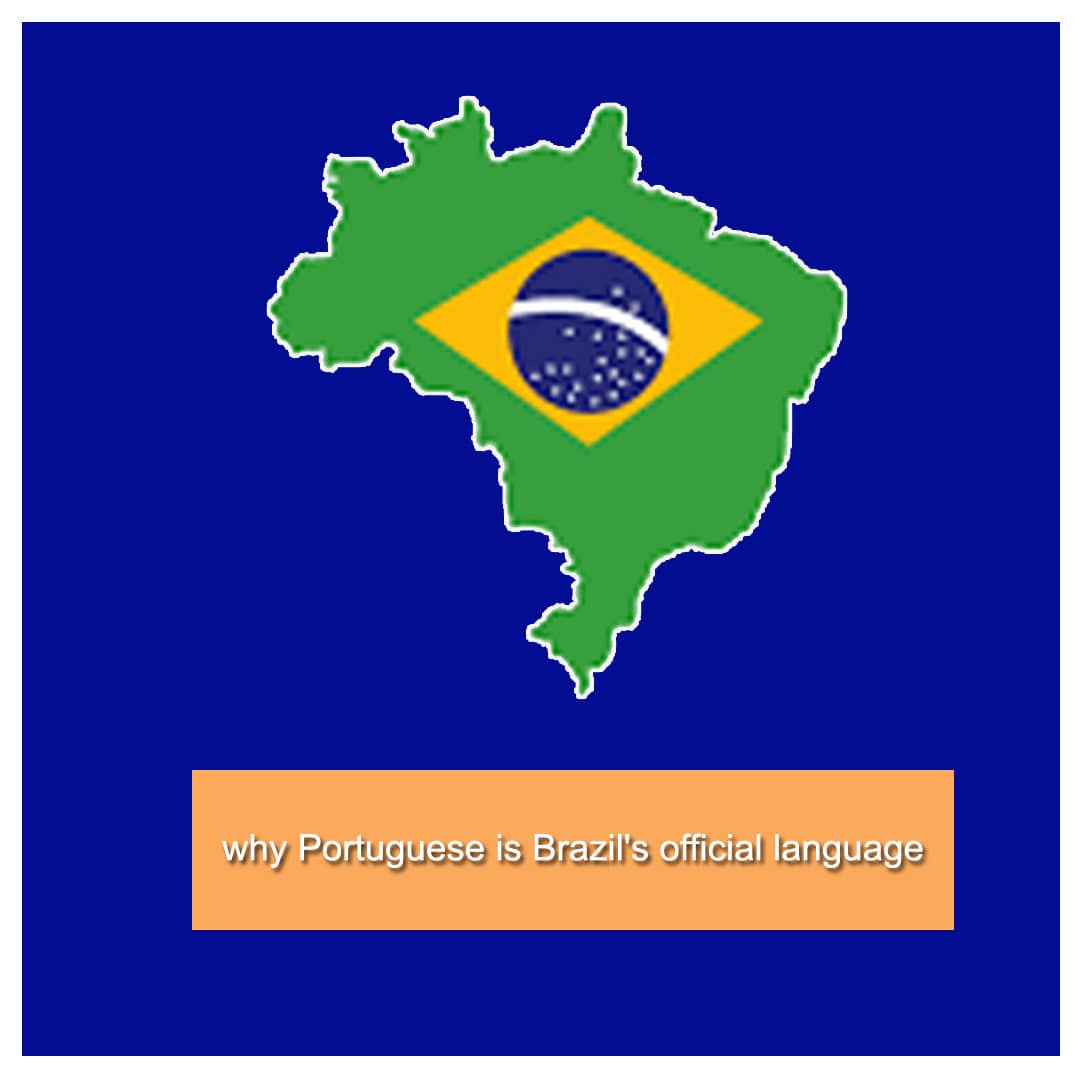
Why Portuguese is Brazil's official language
Oct 31, 2025 5 min read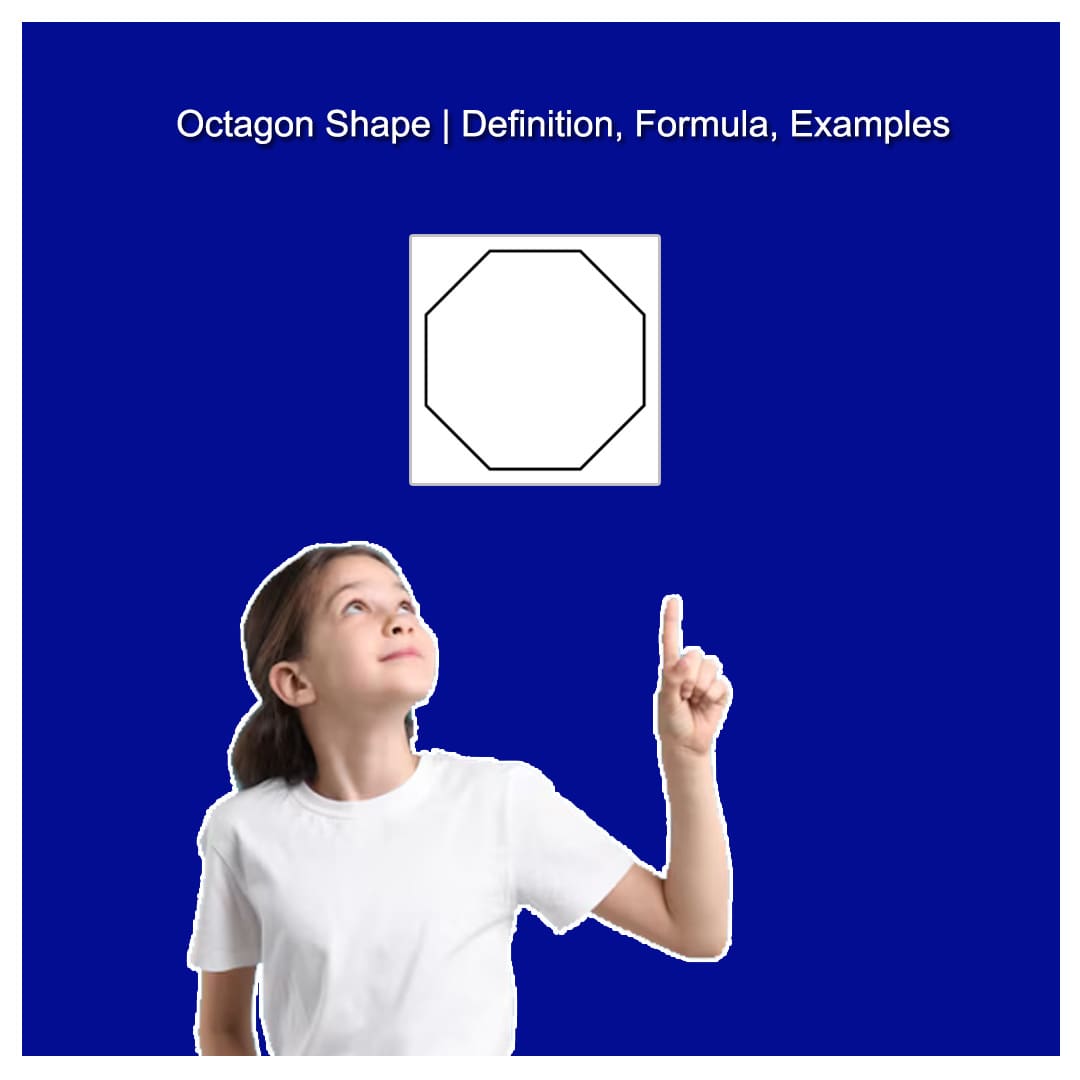
Octagon Shape | Definition, Formula, Examples
Oct 31, 2025 5 min read